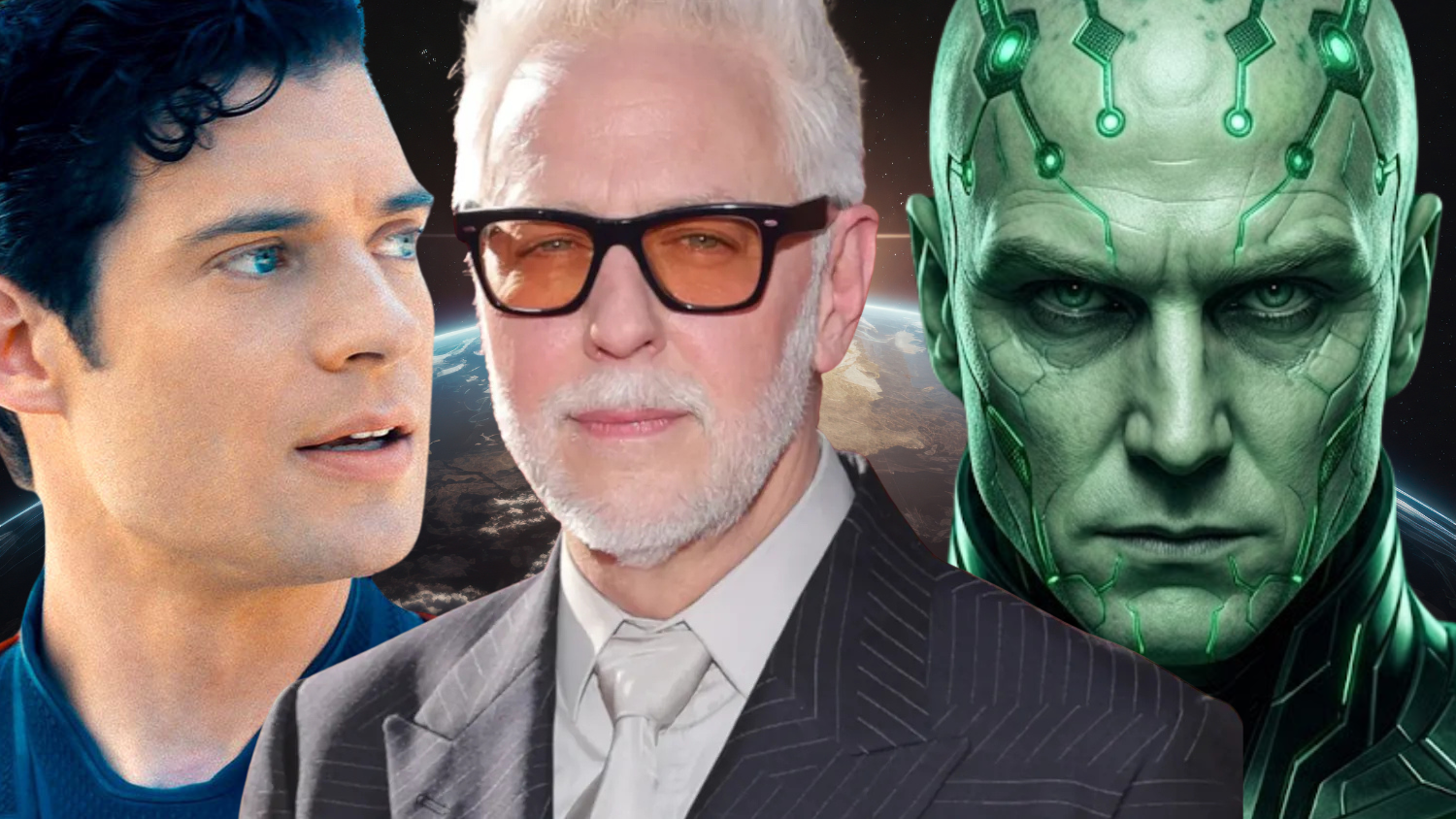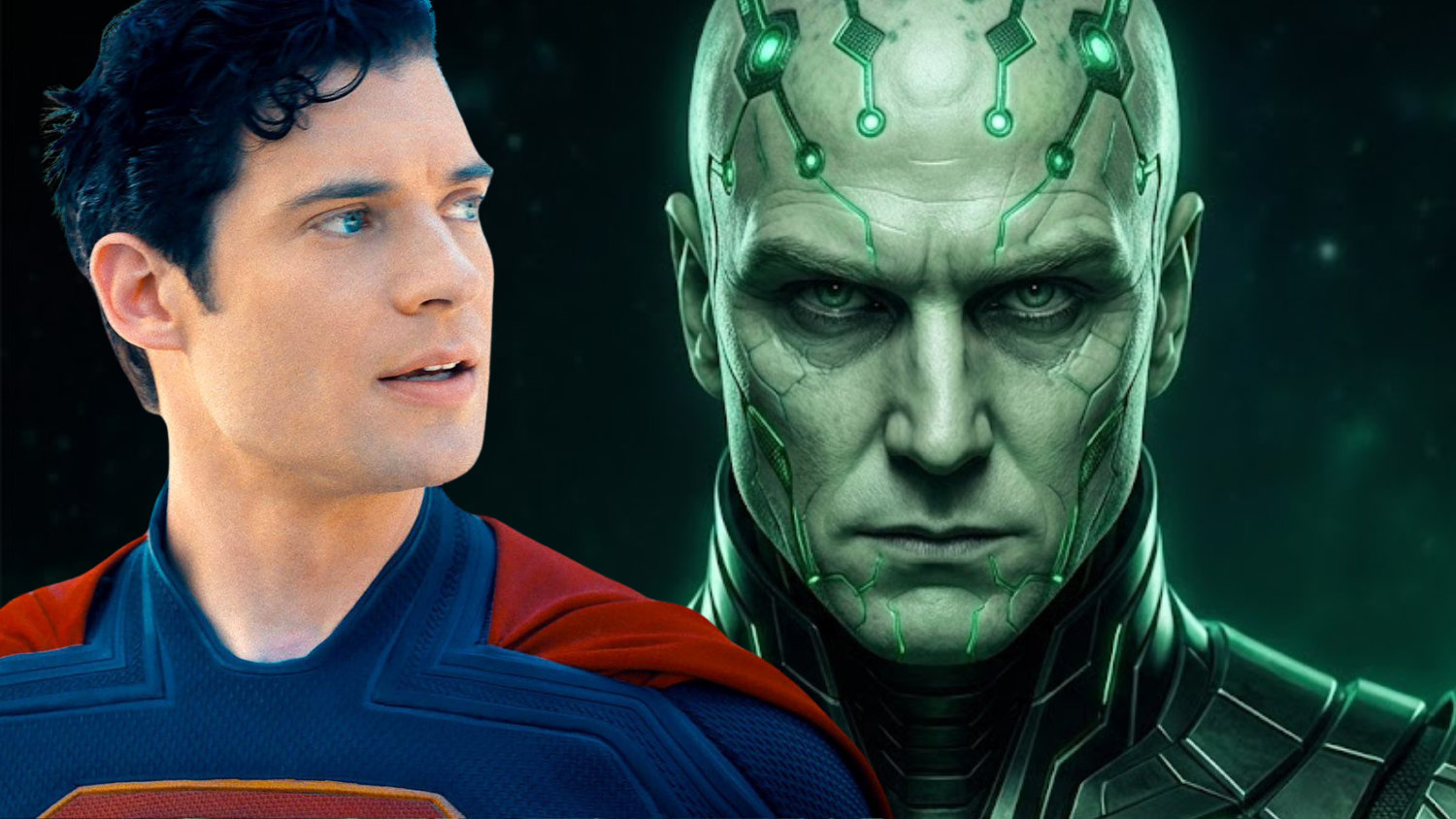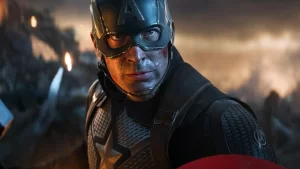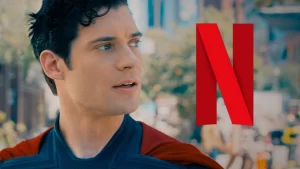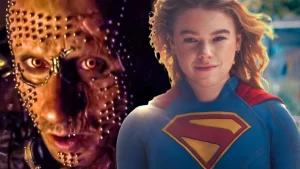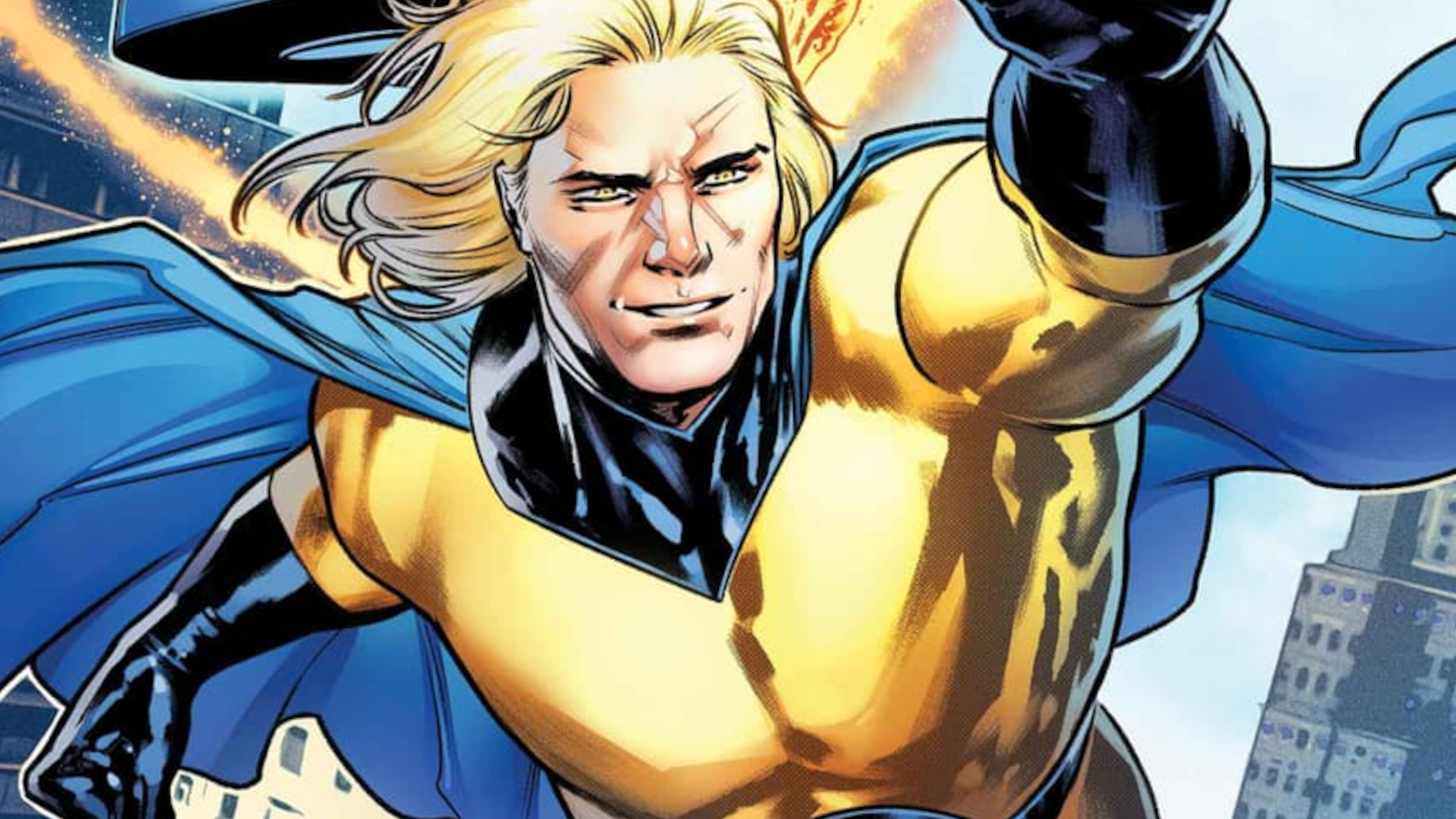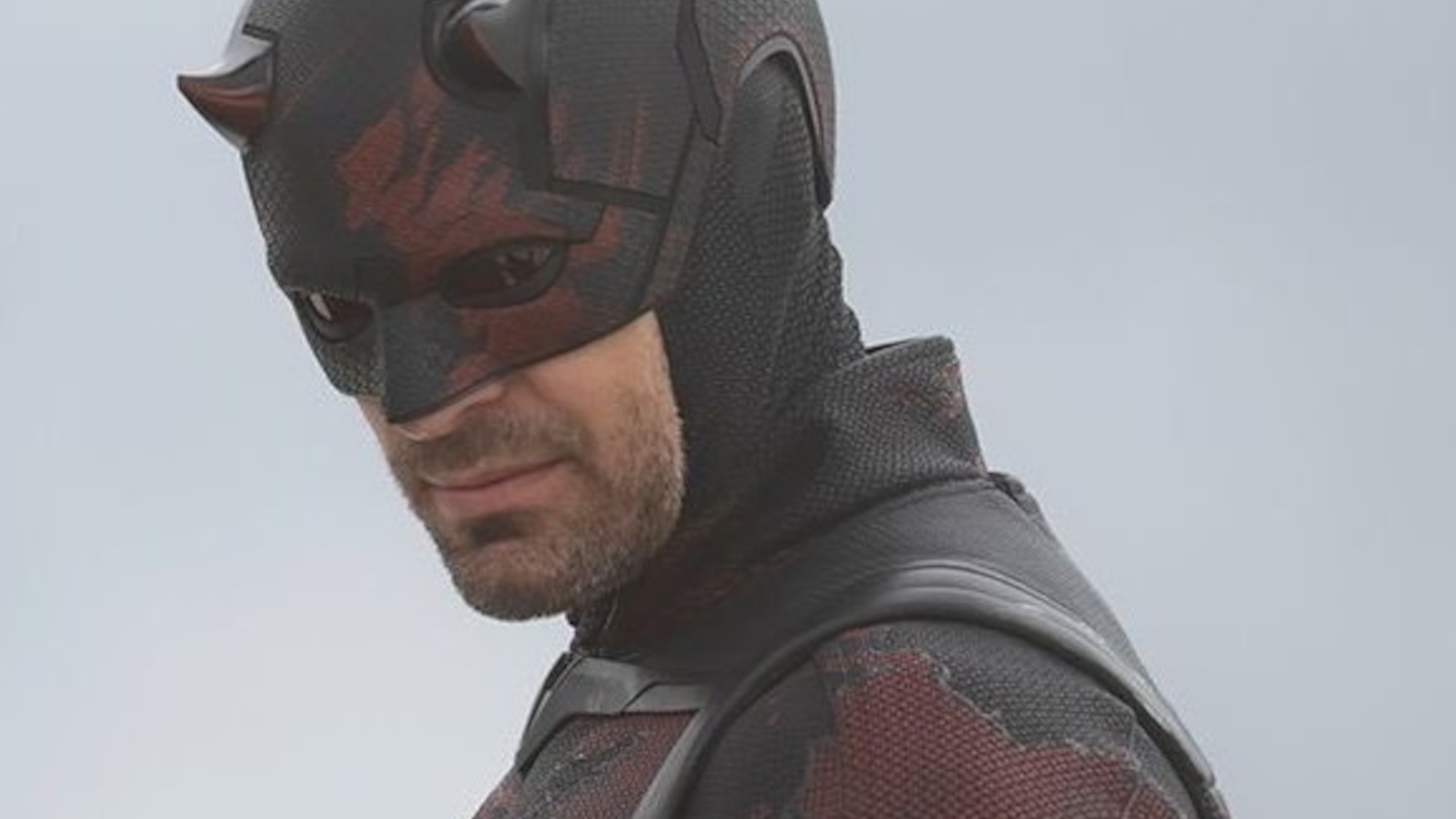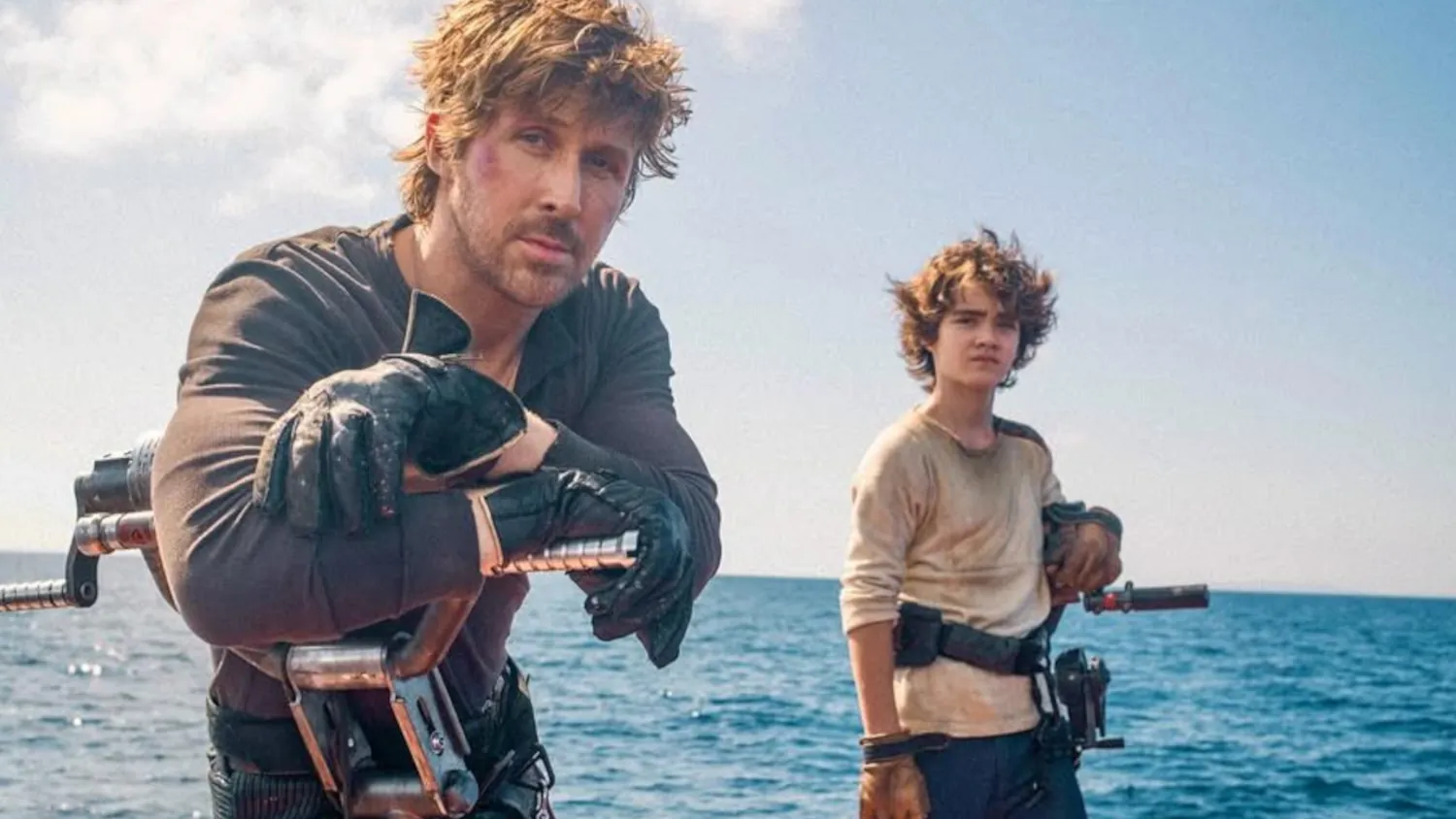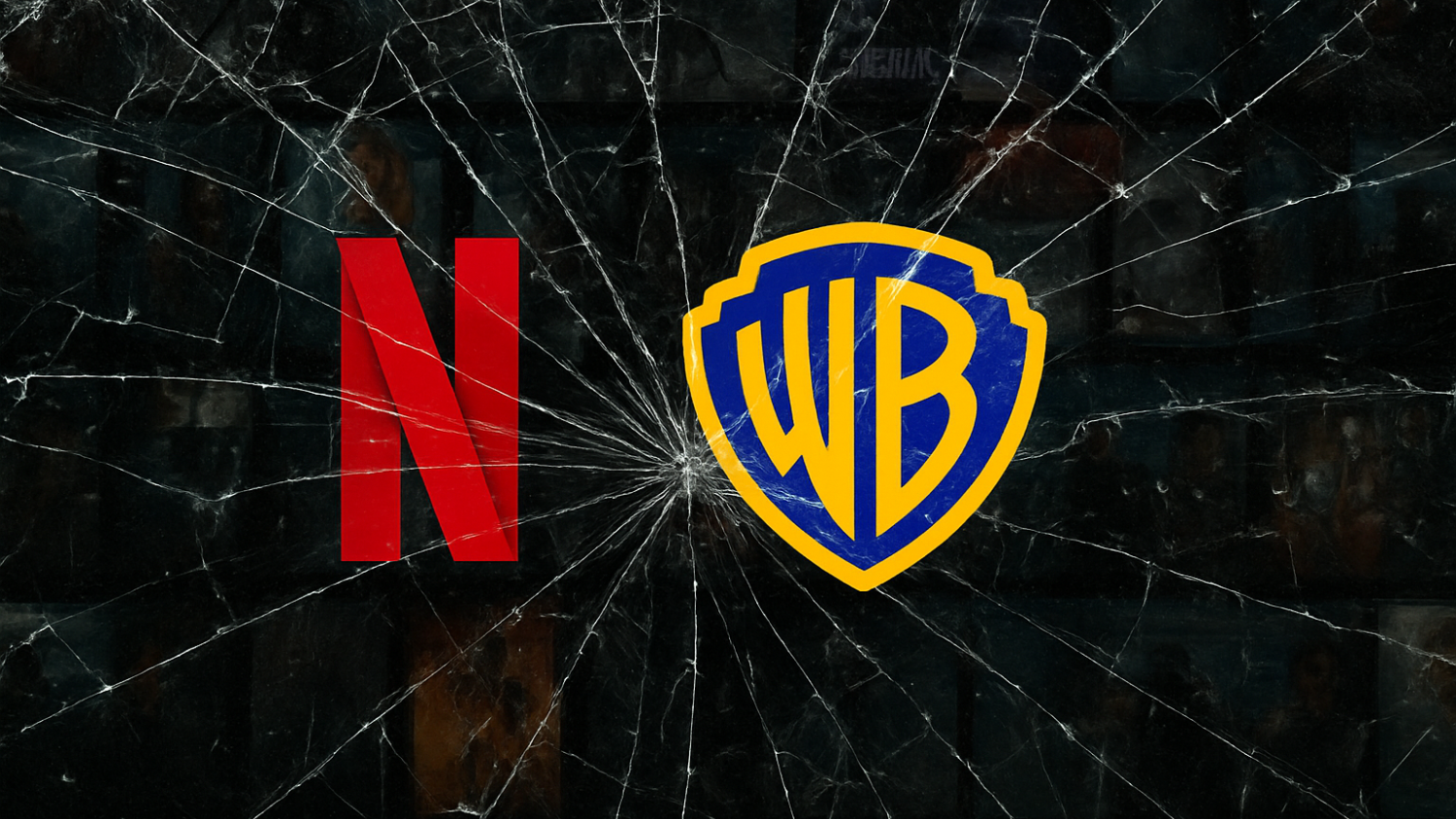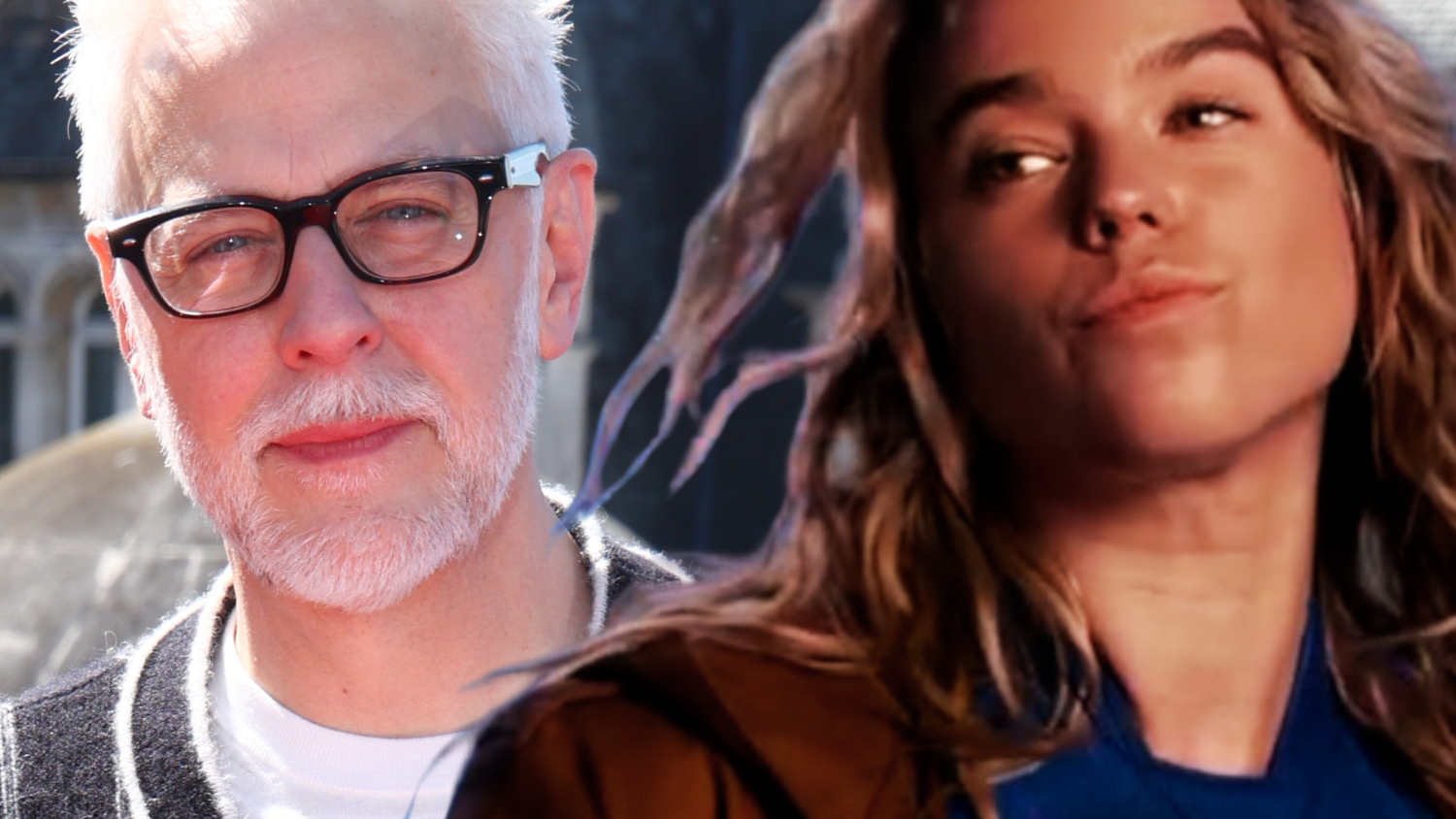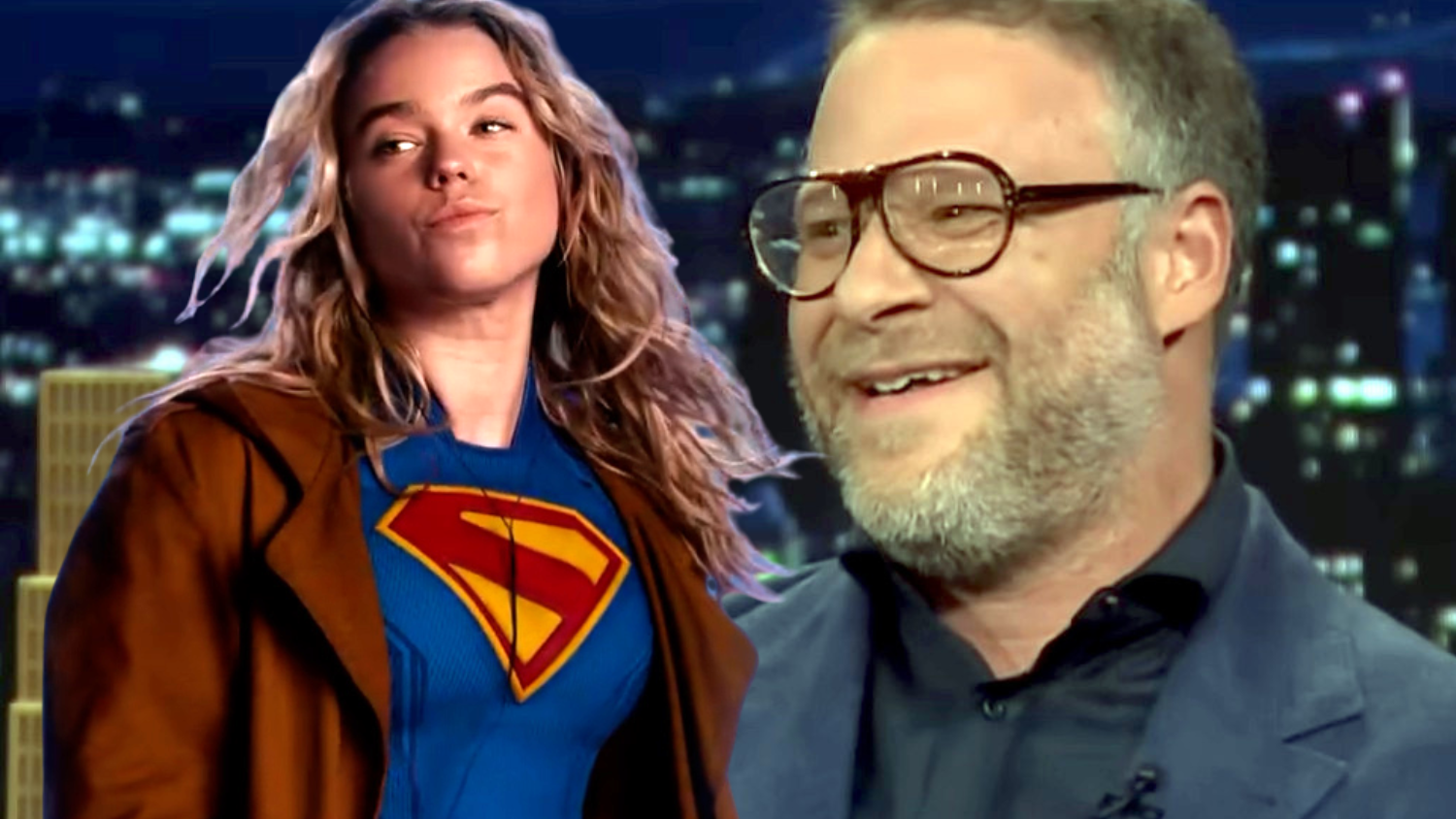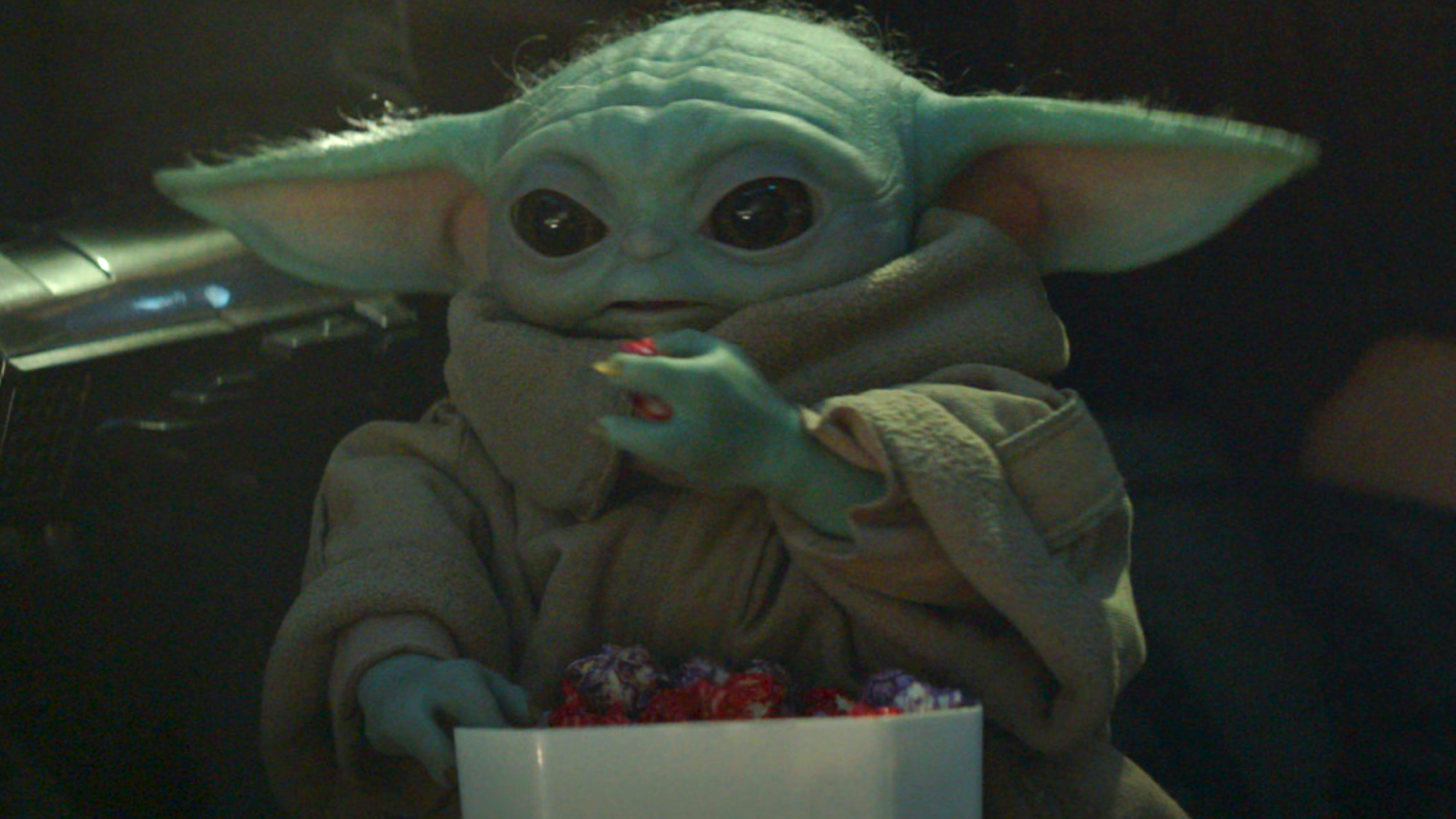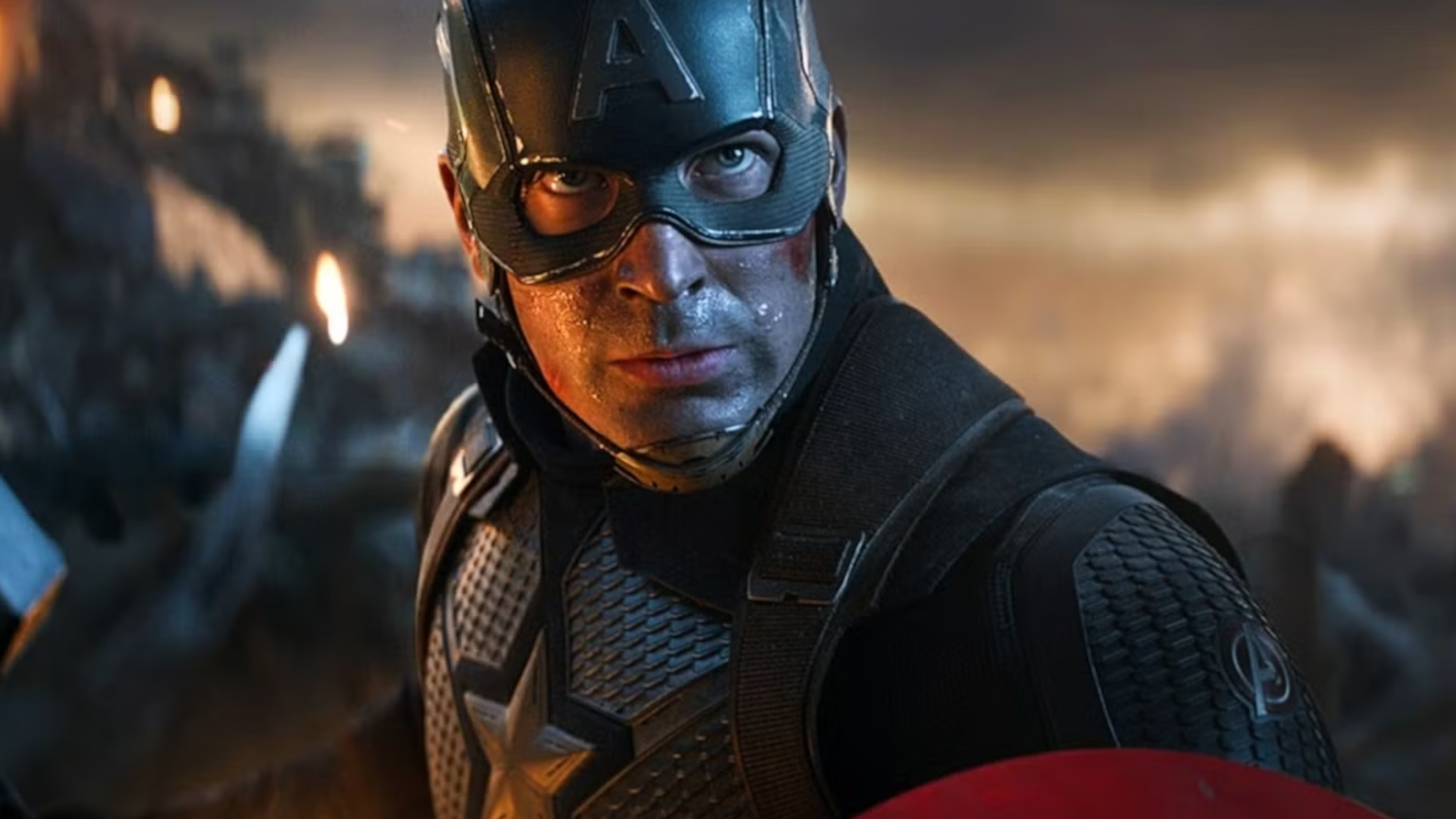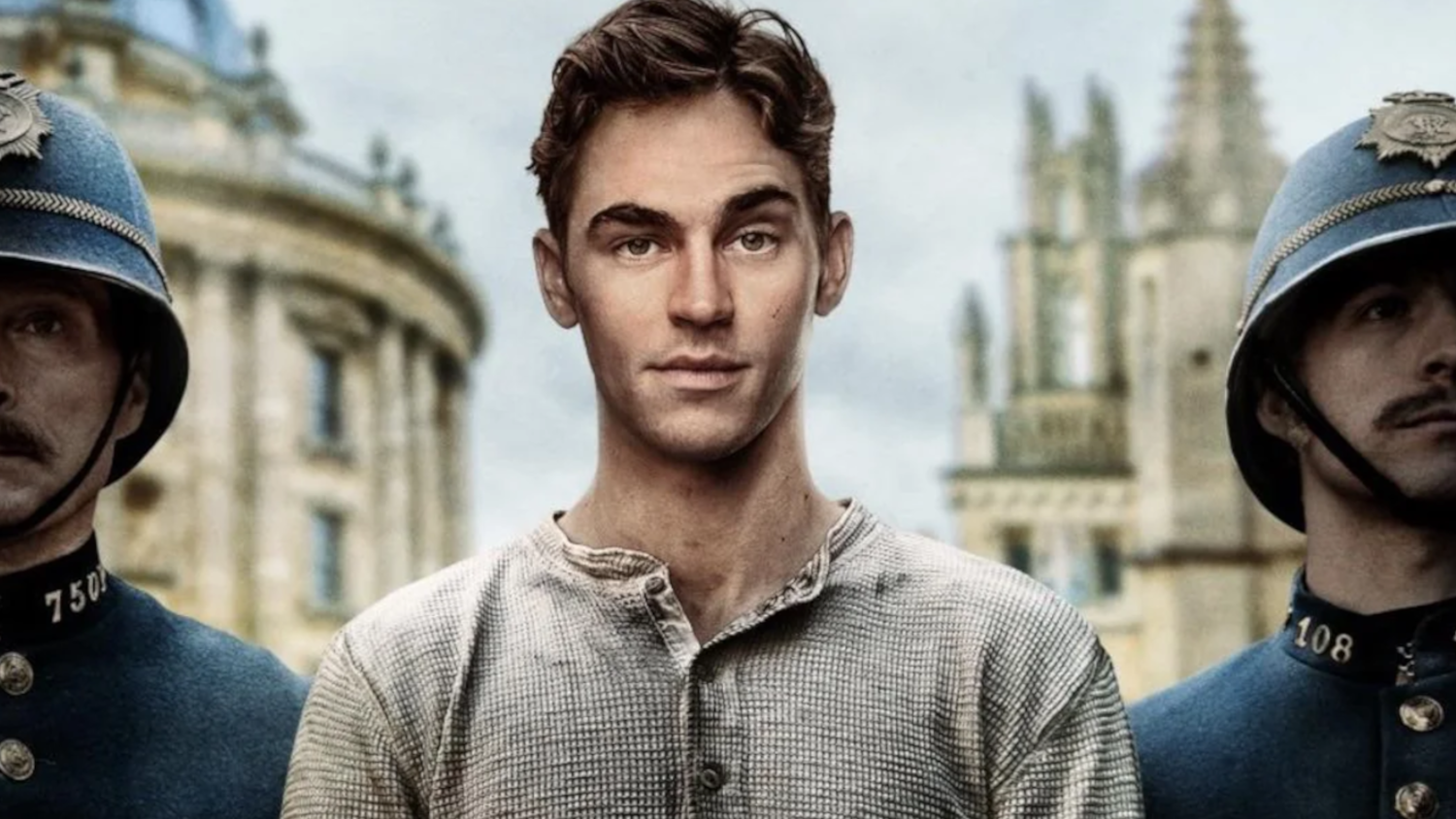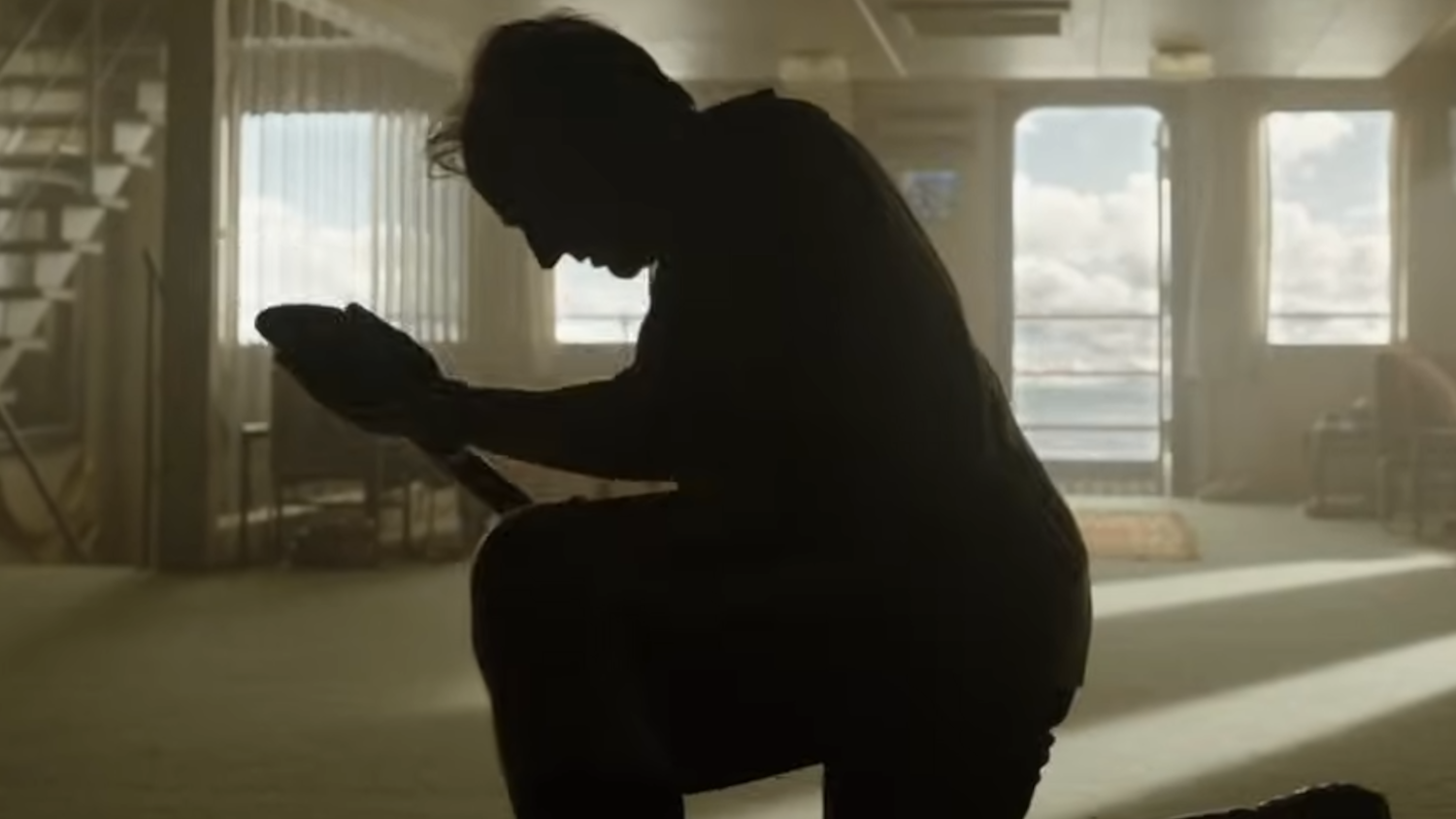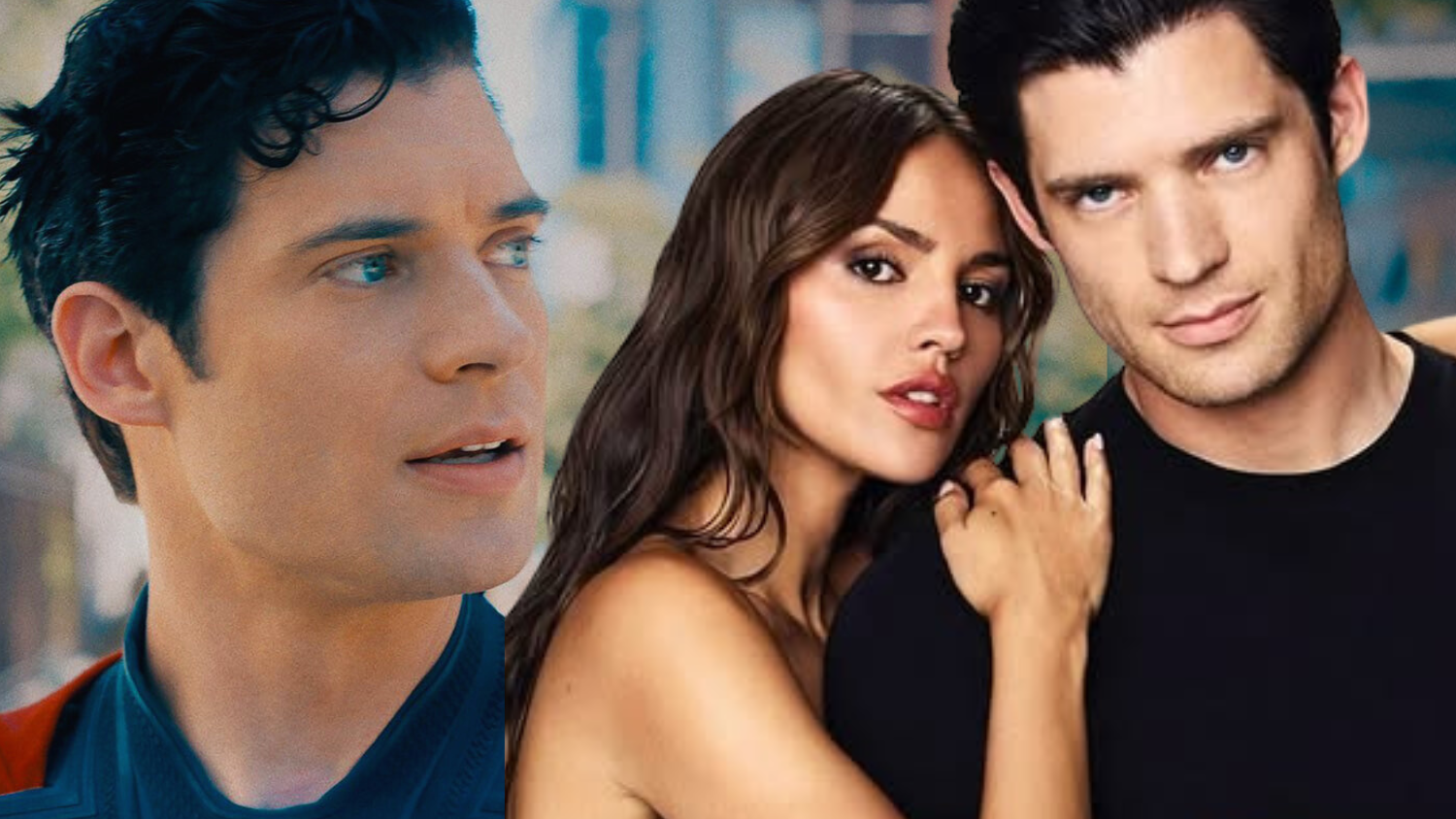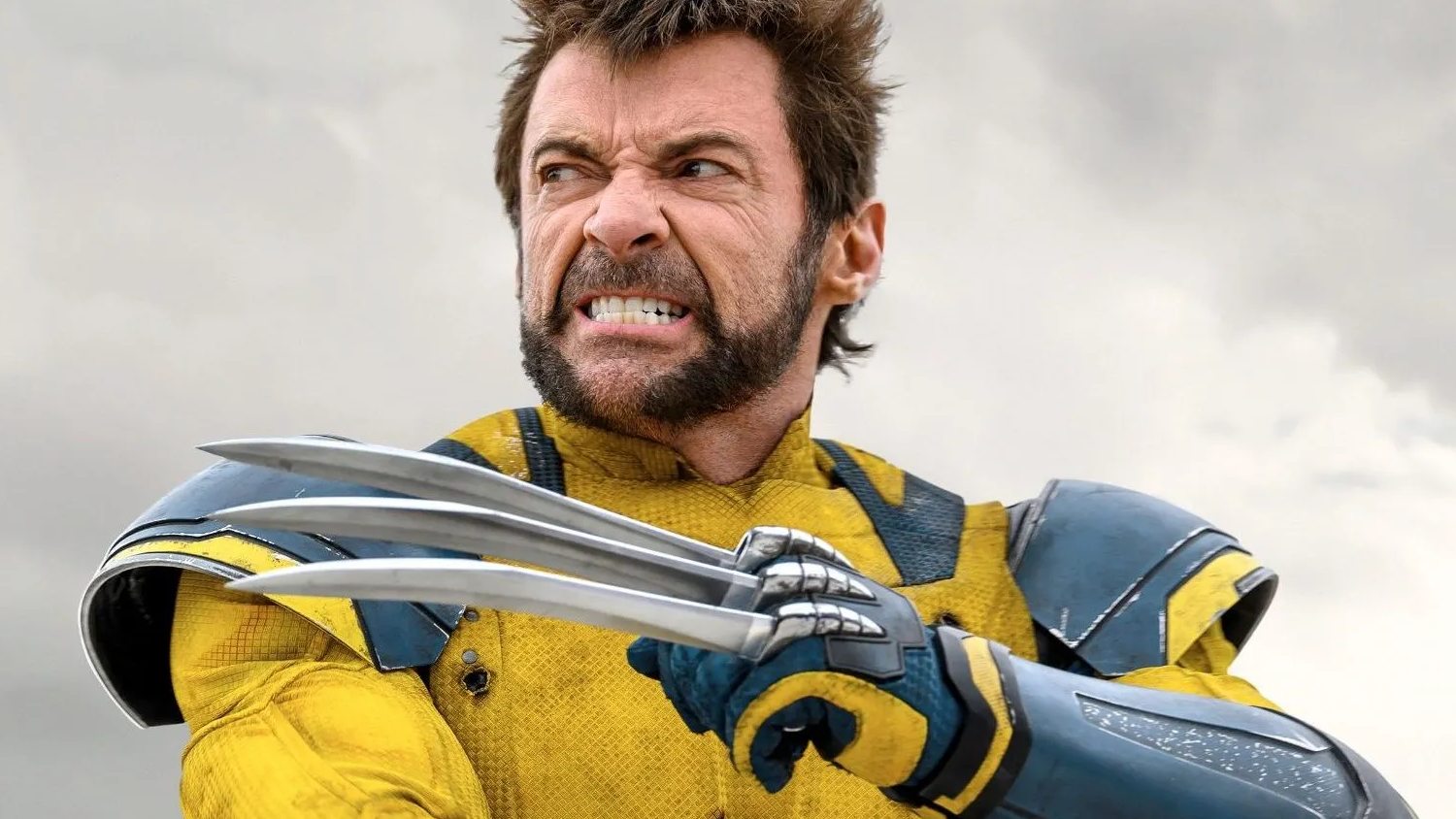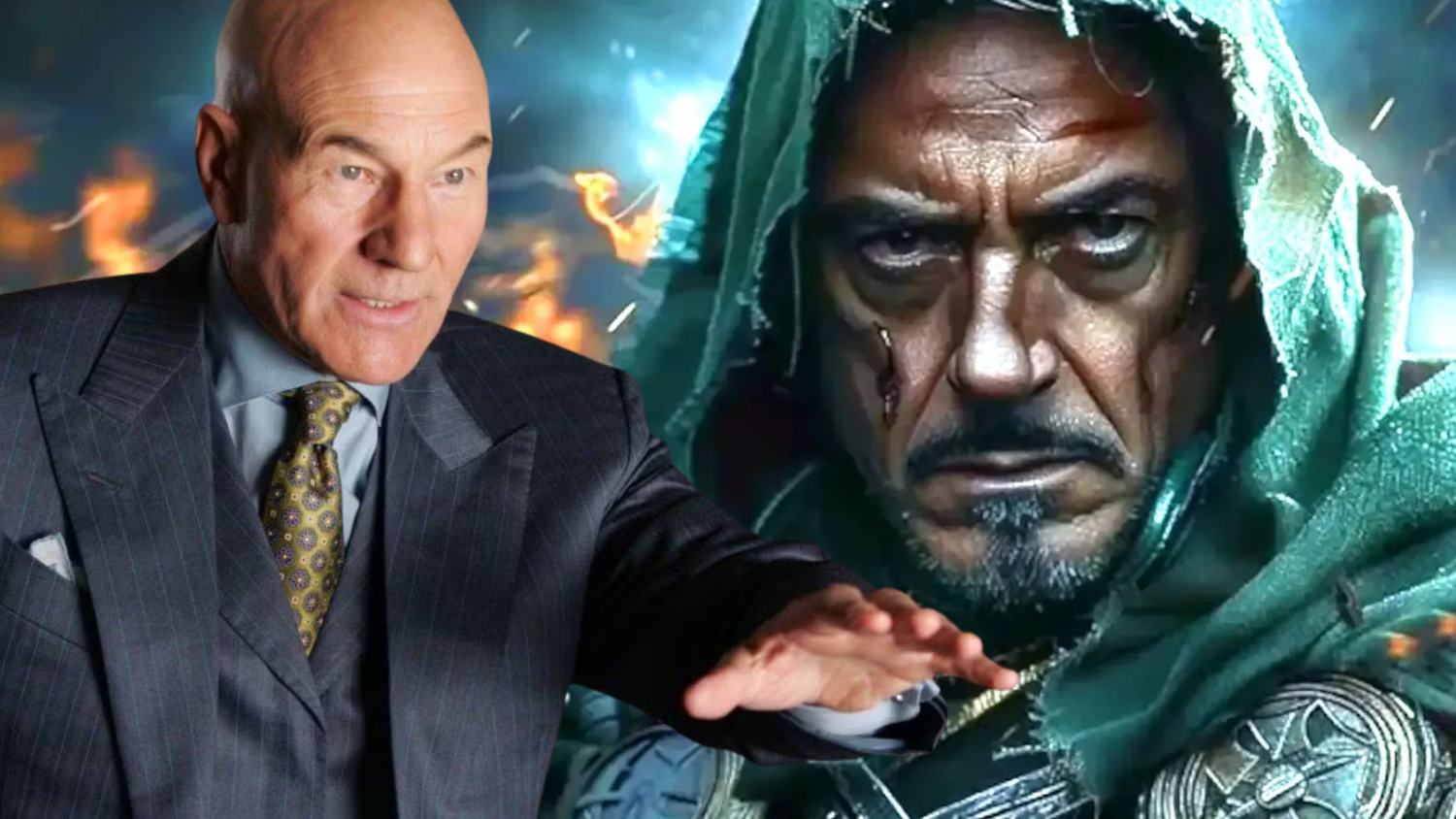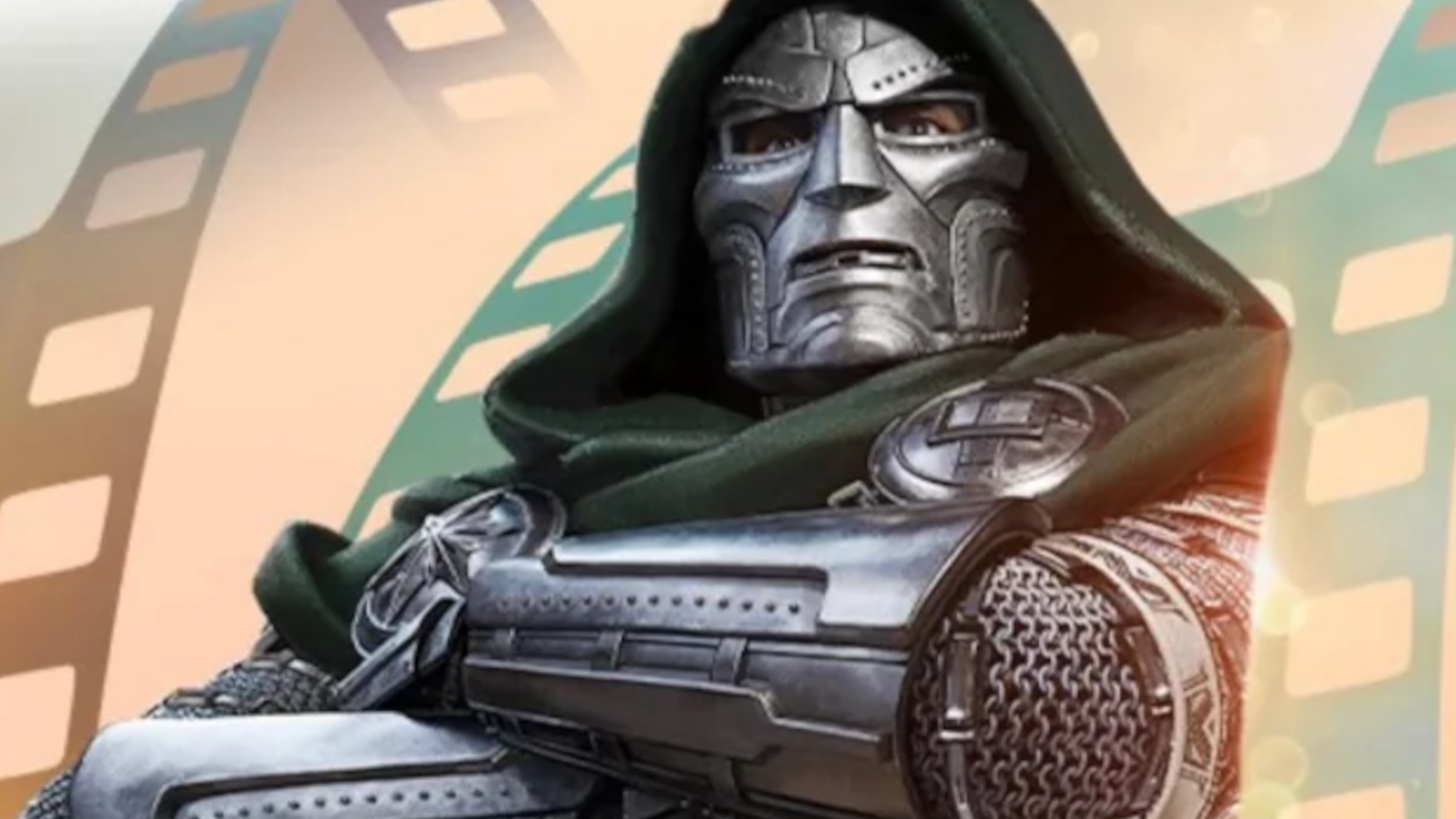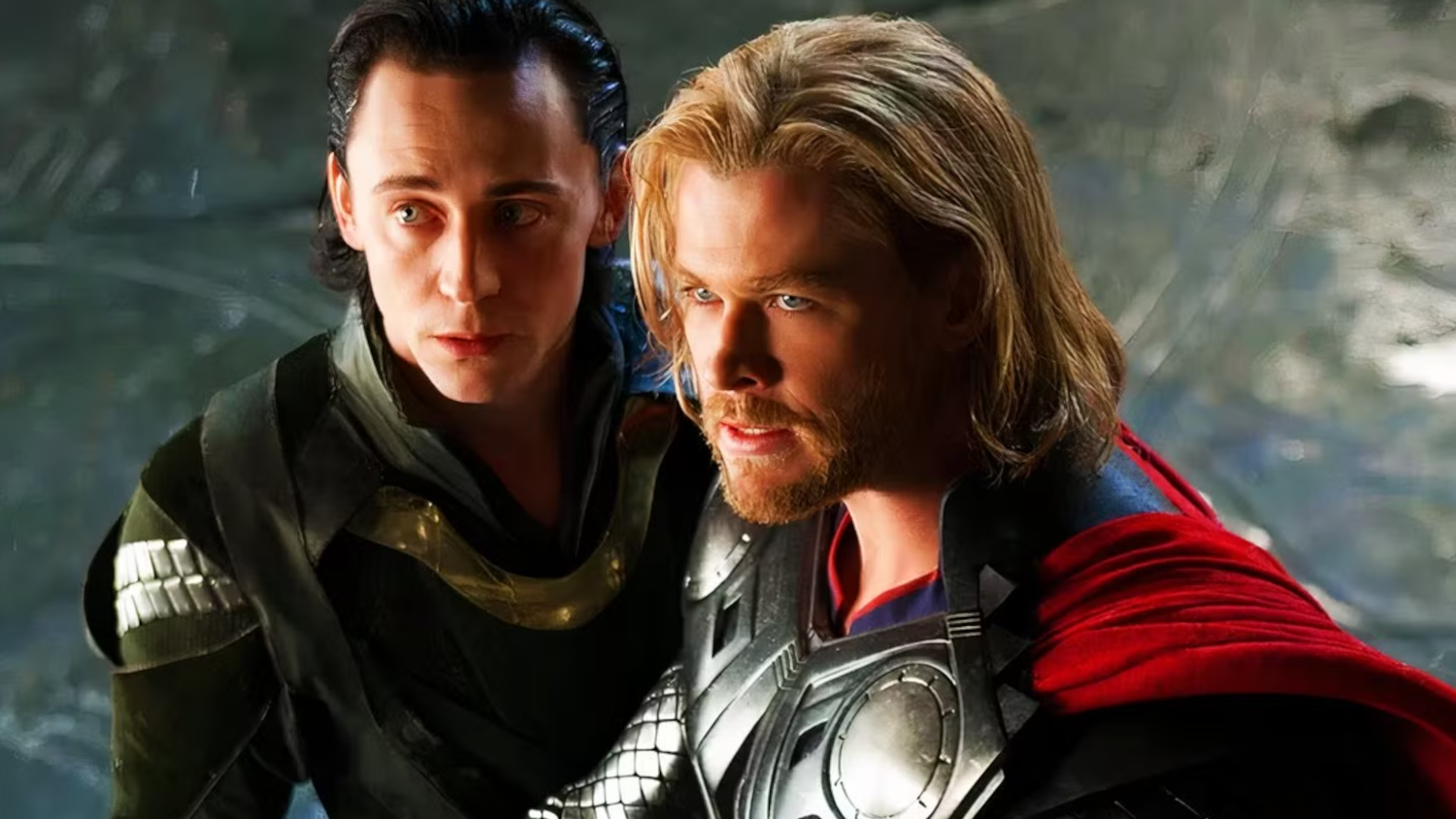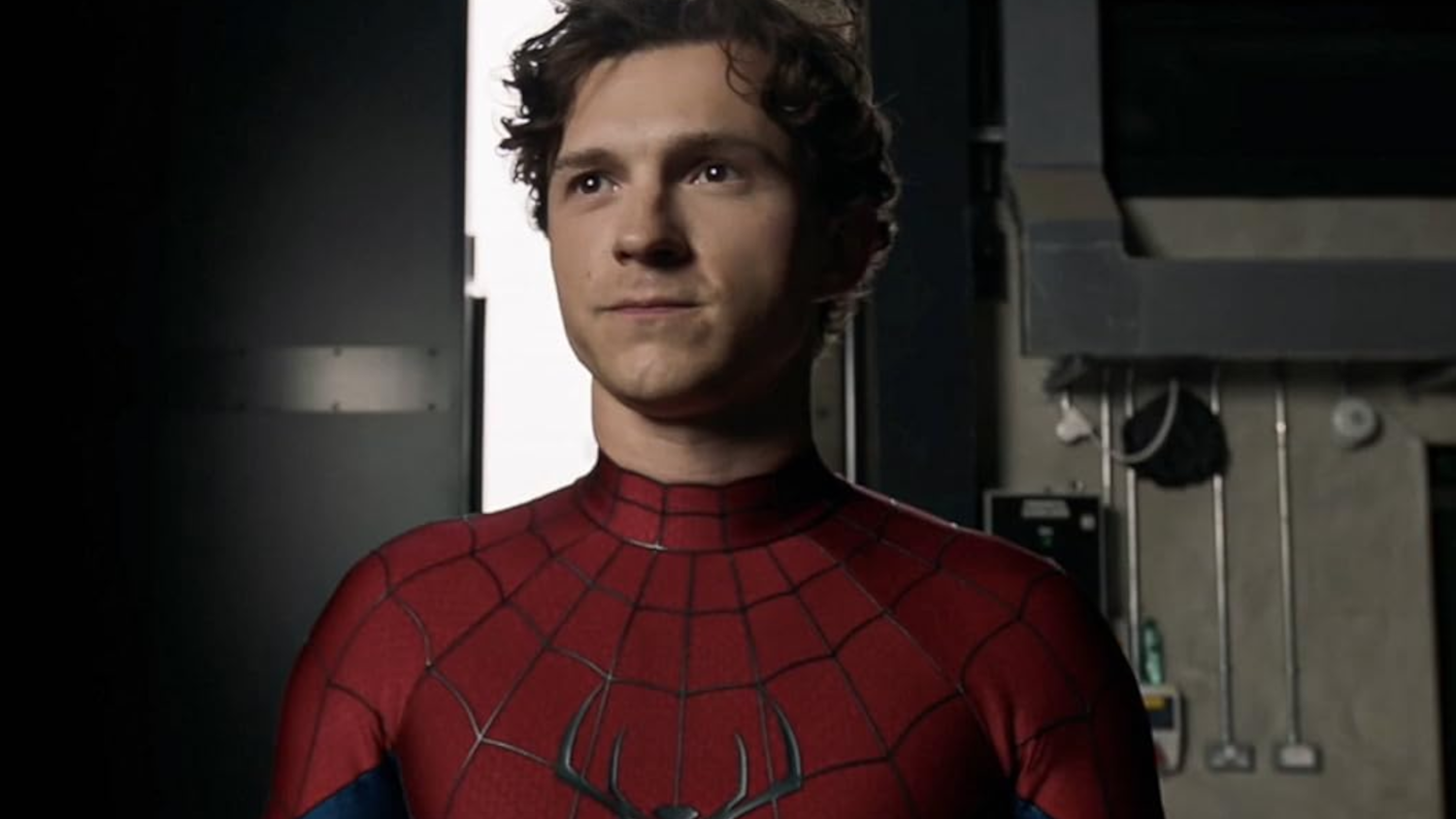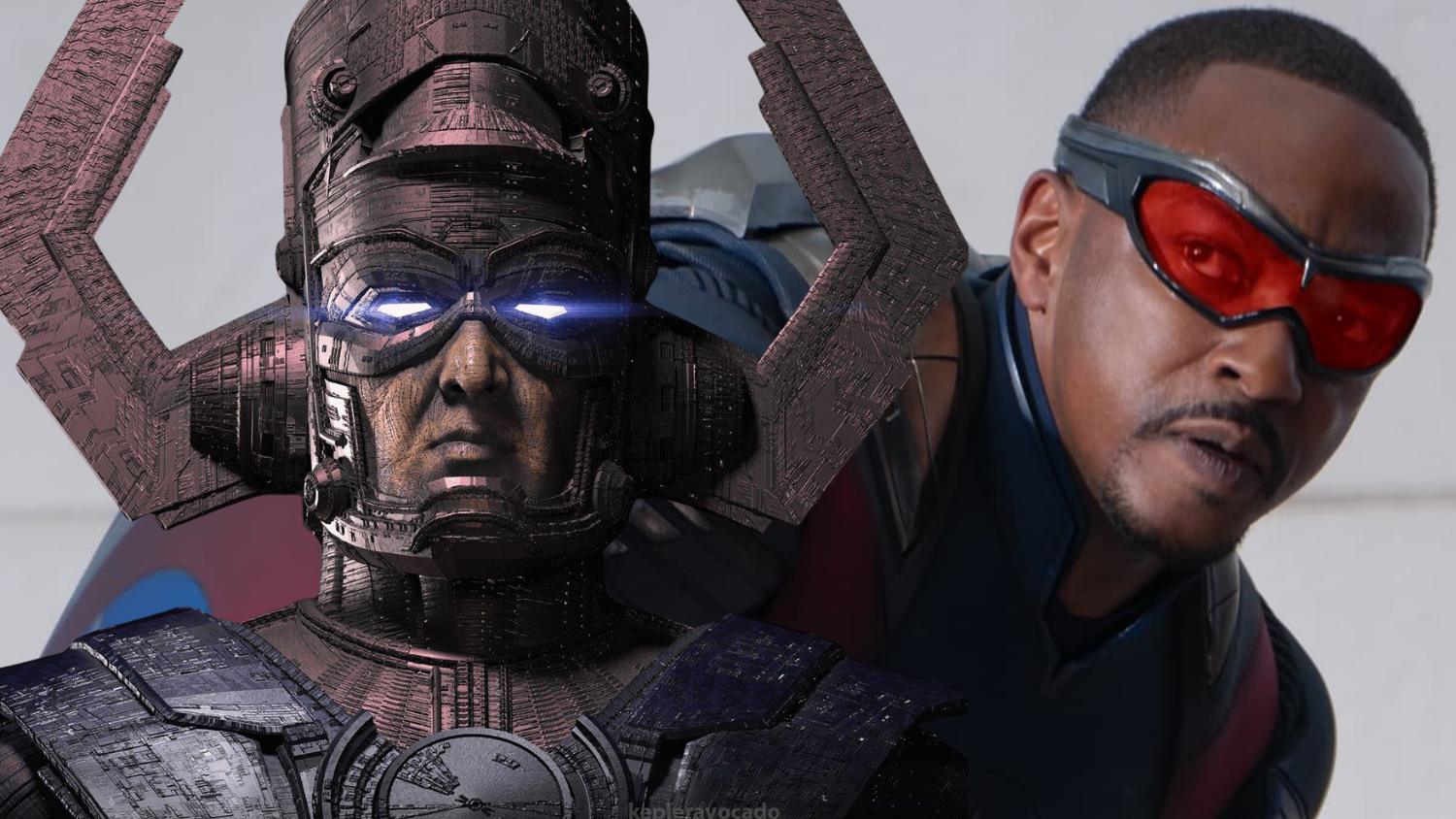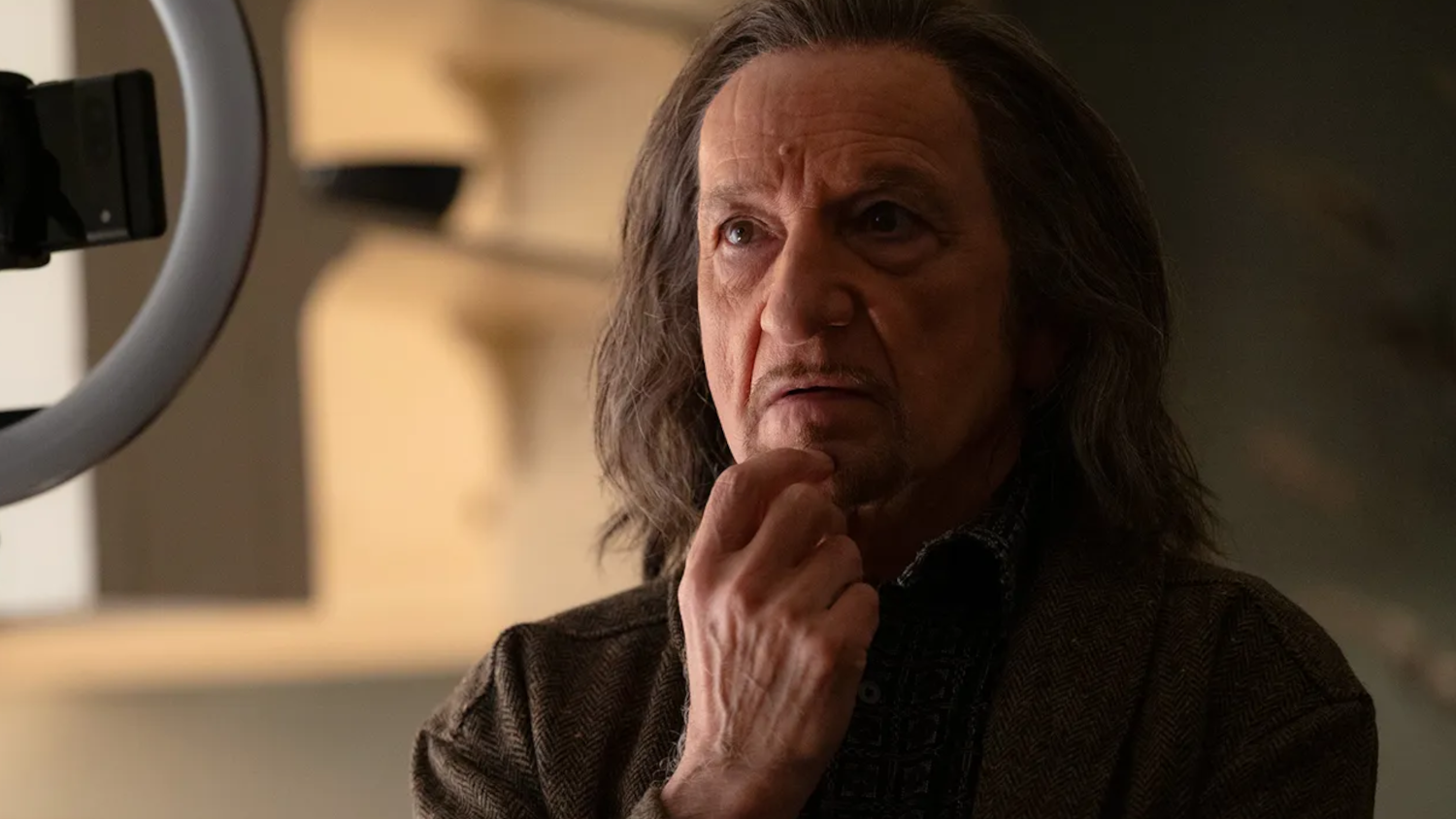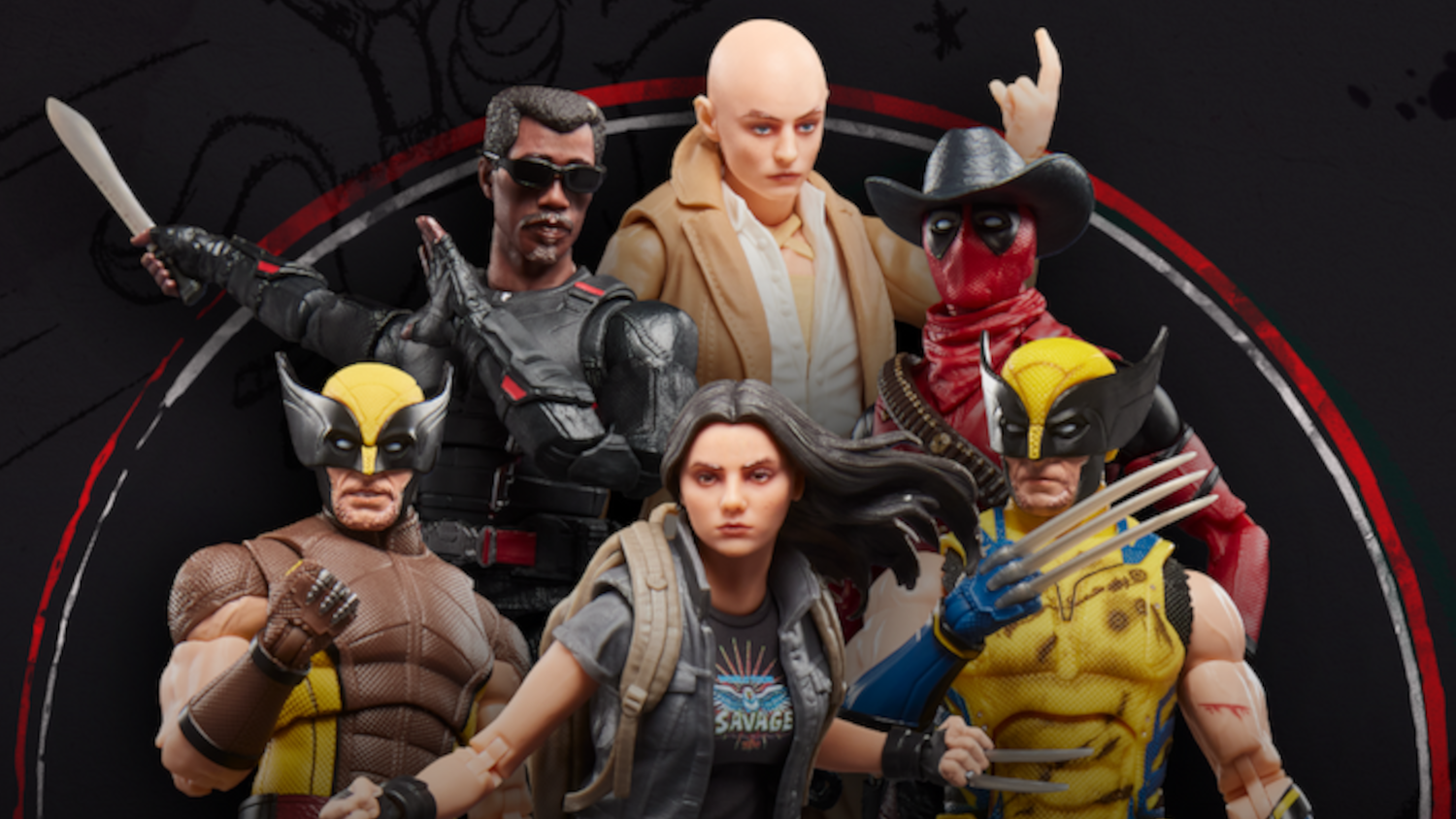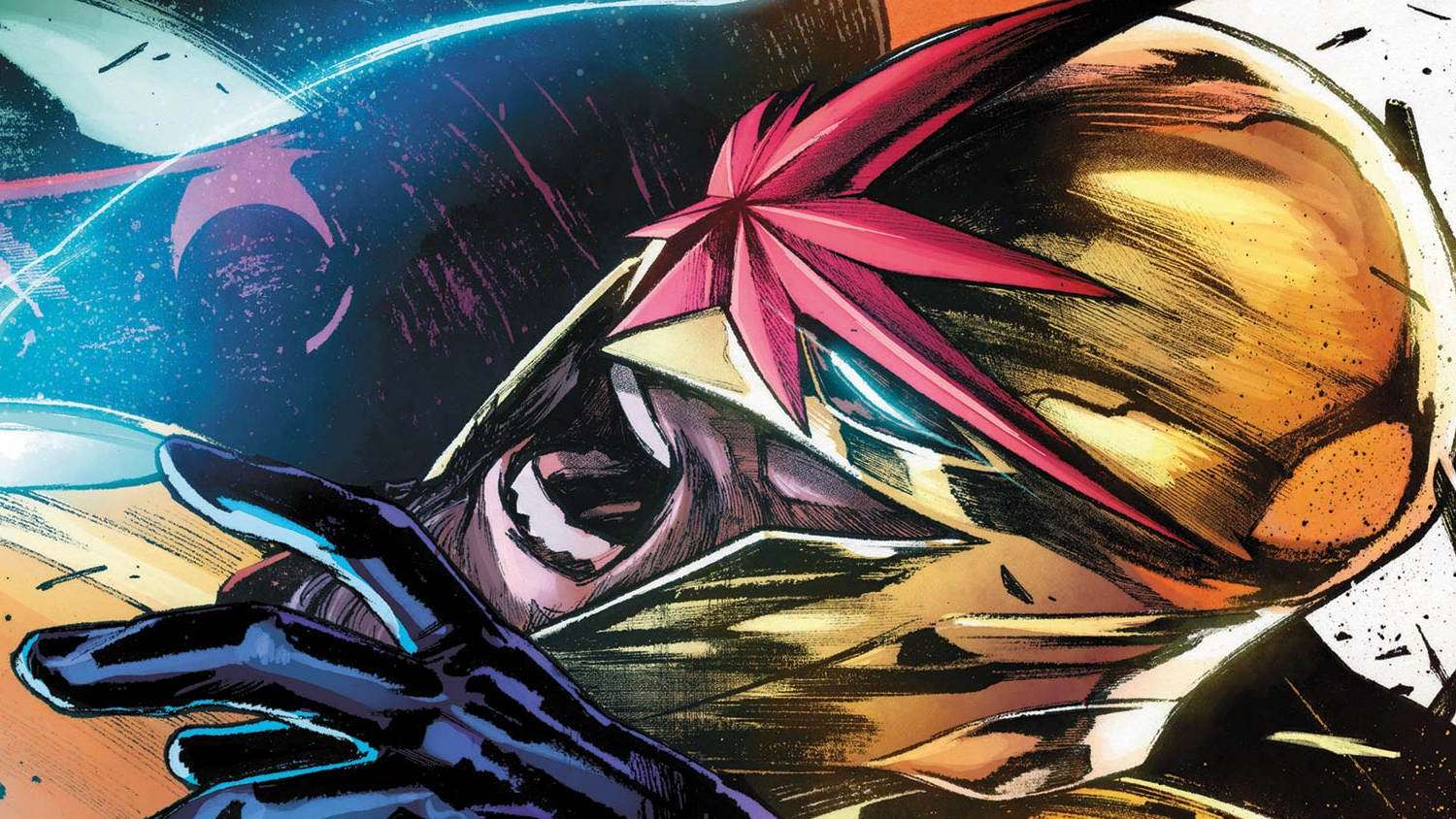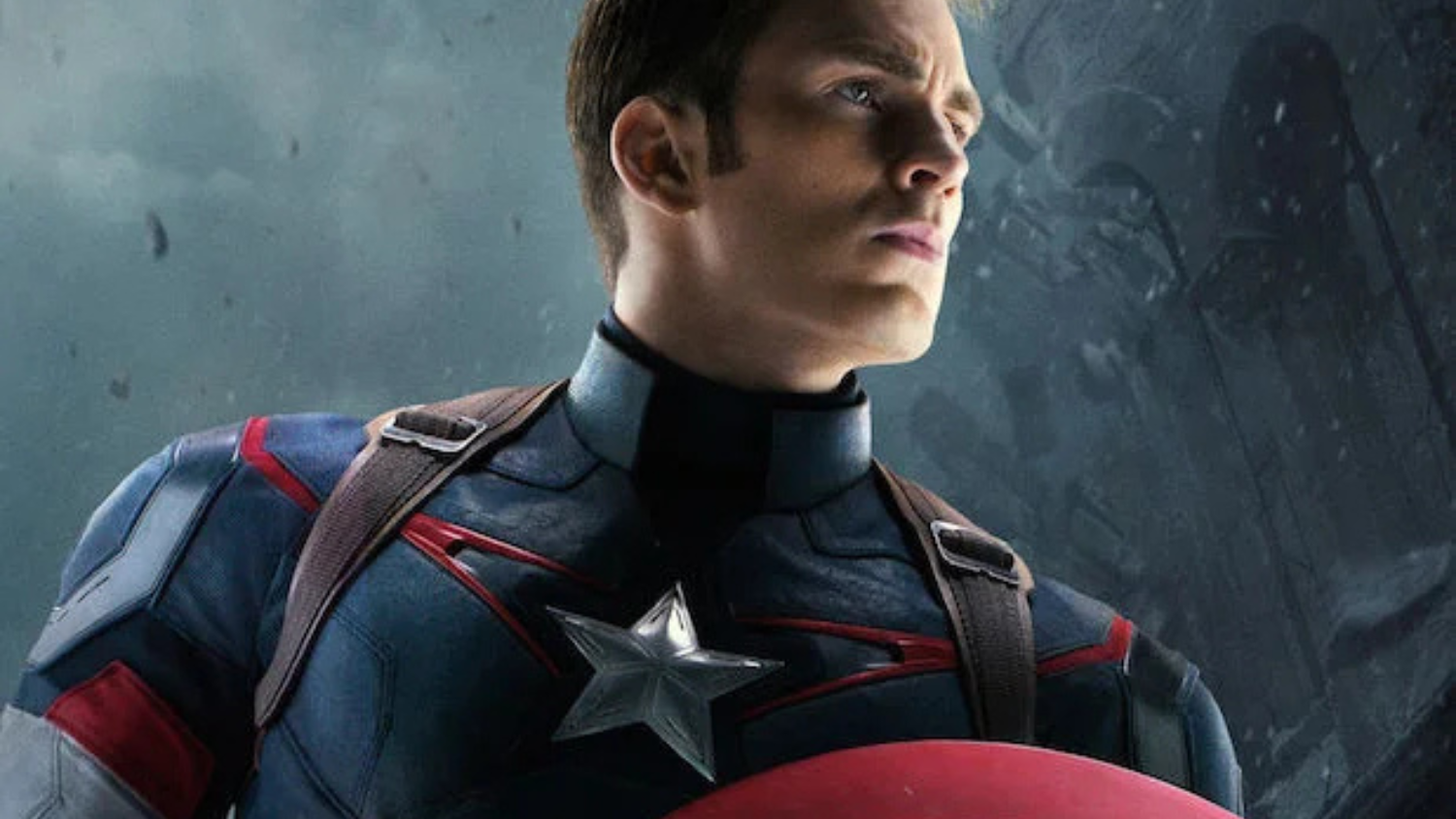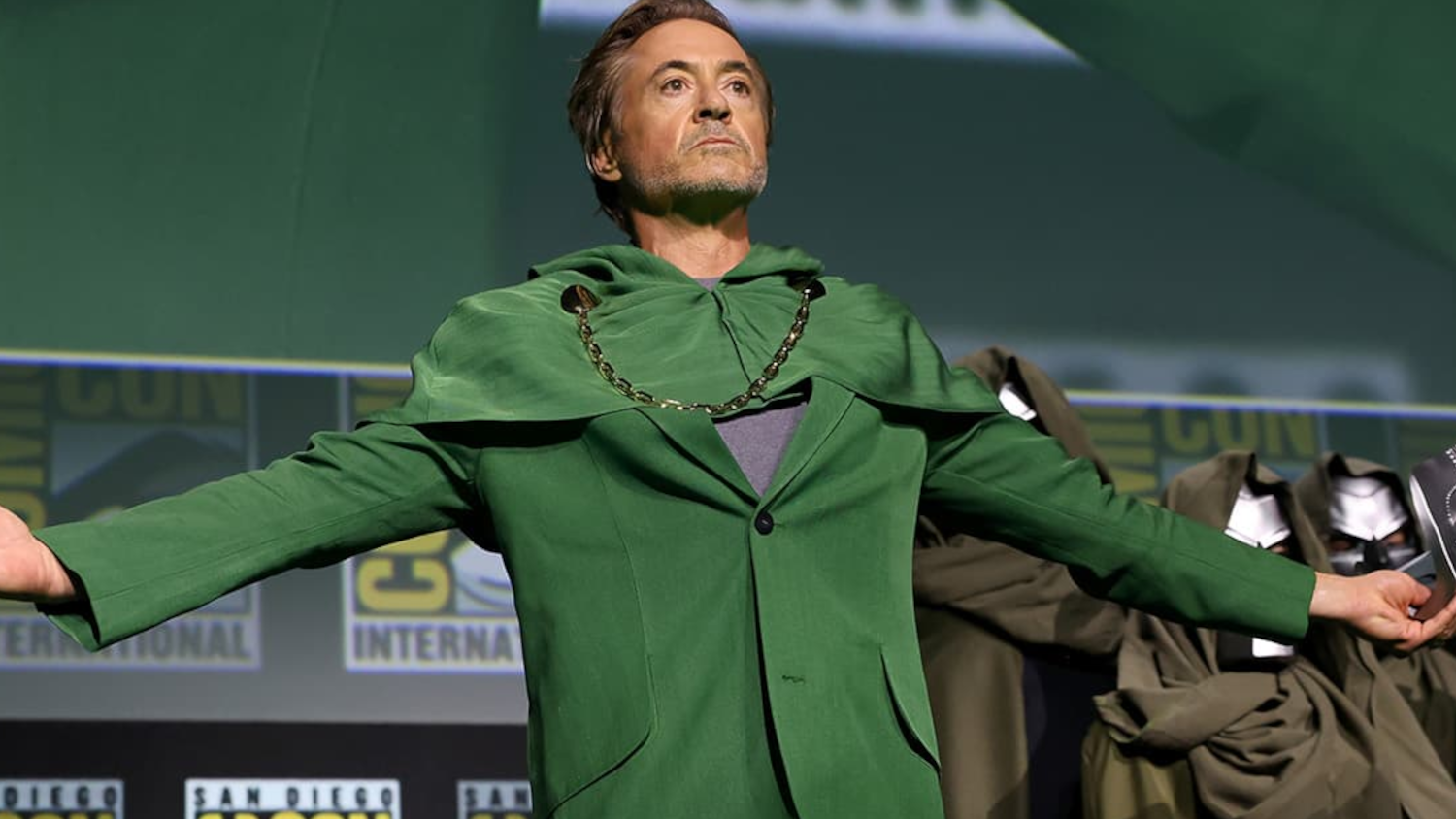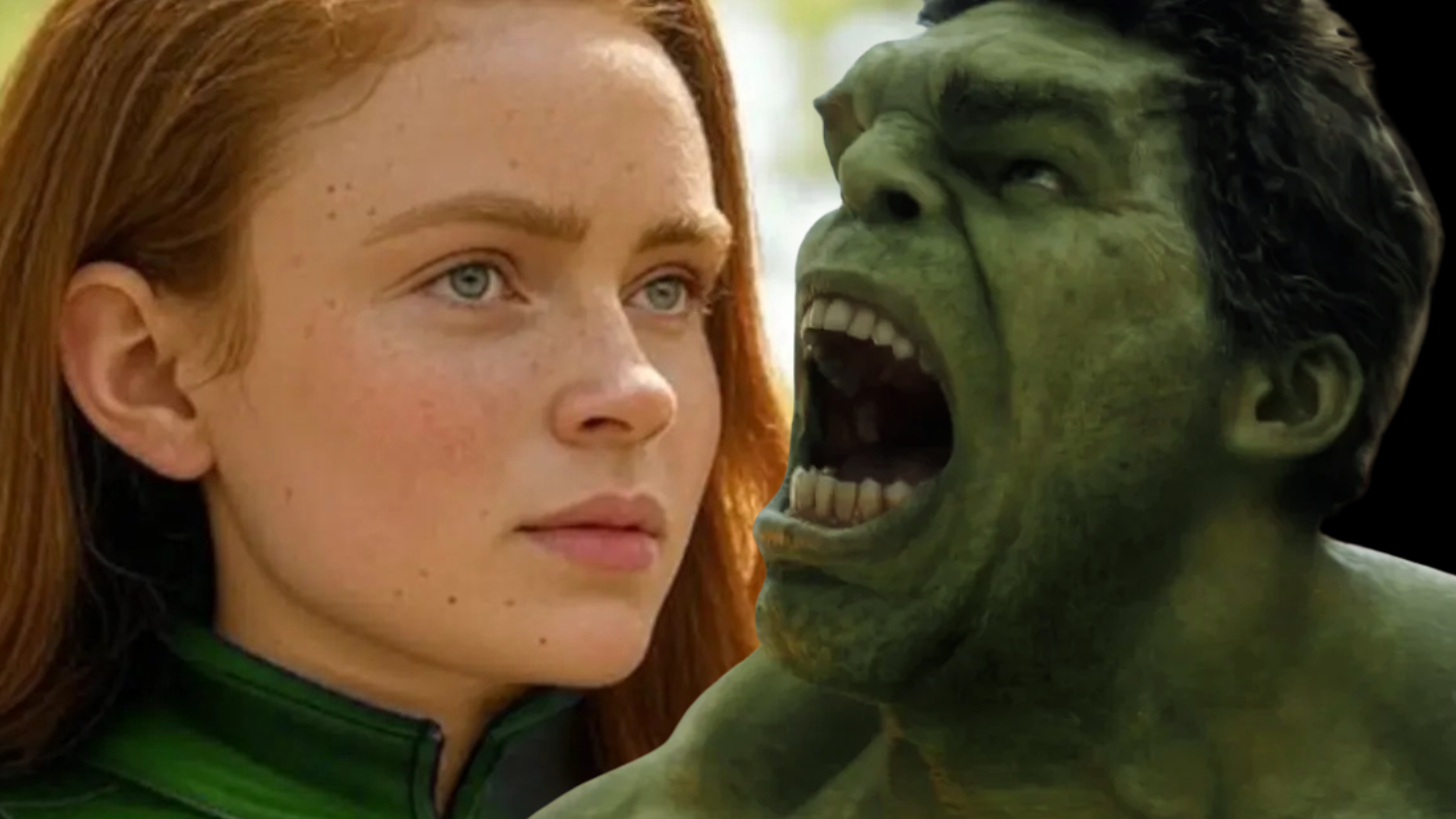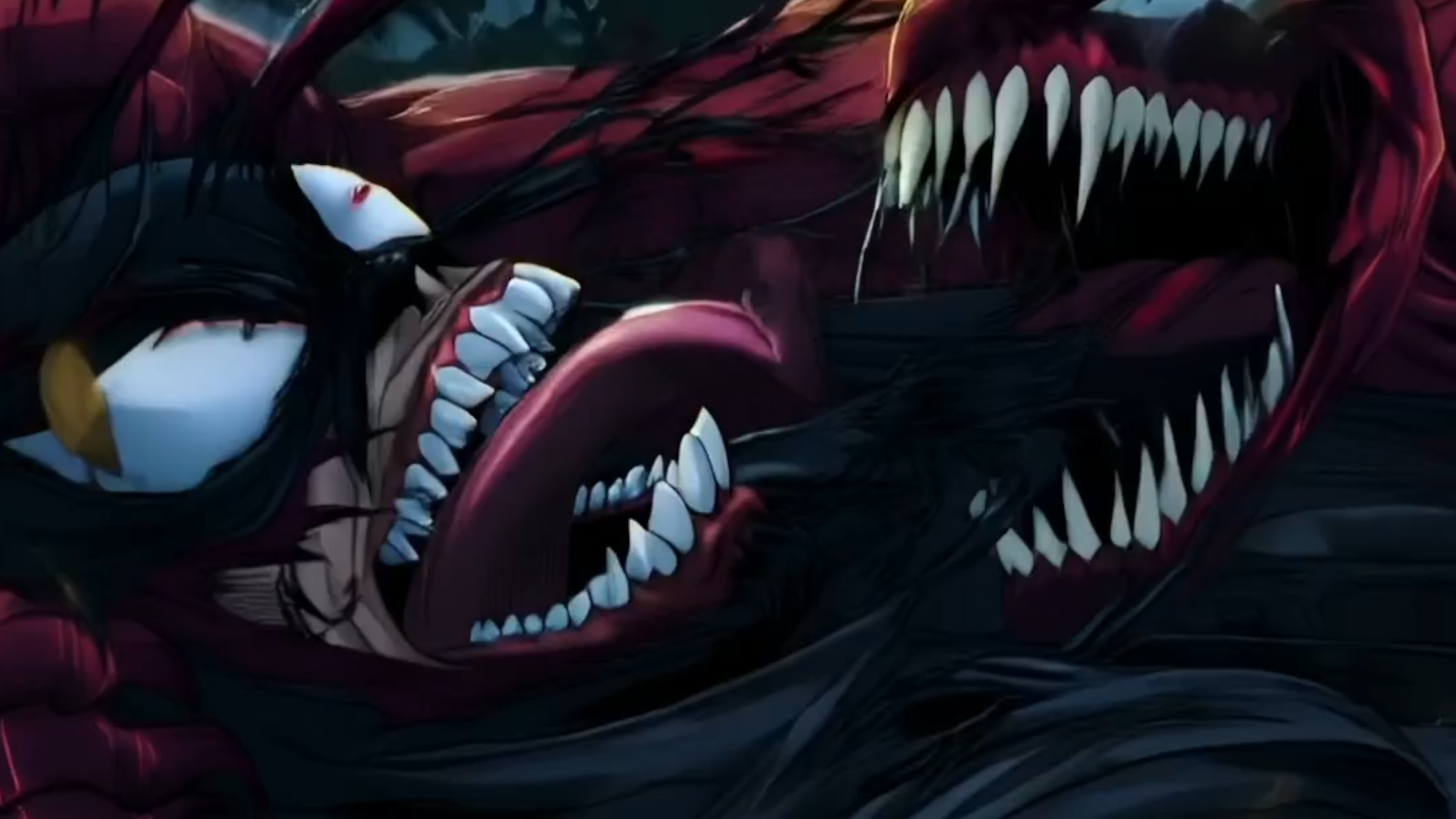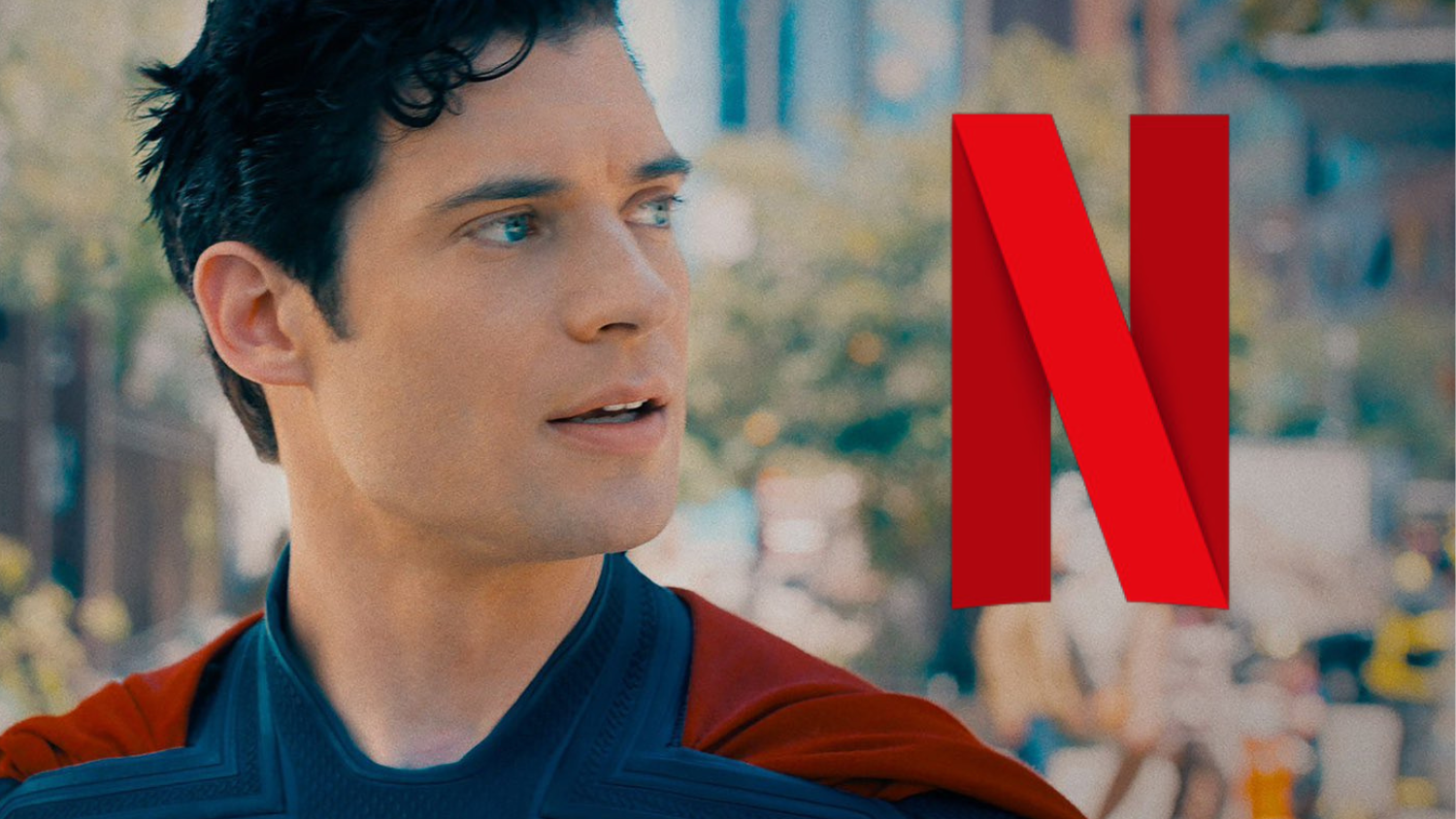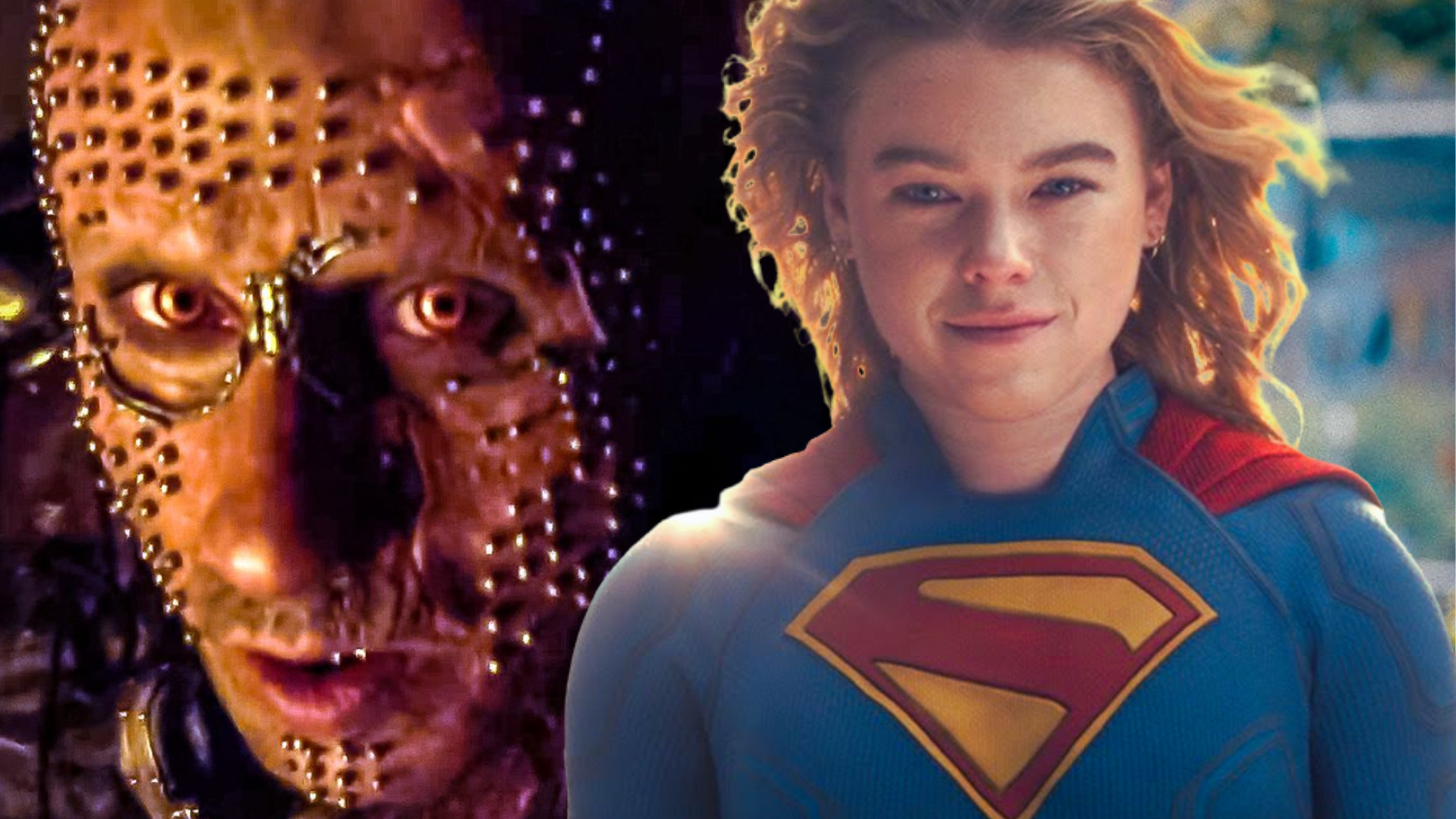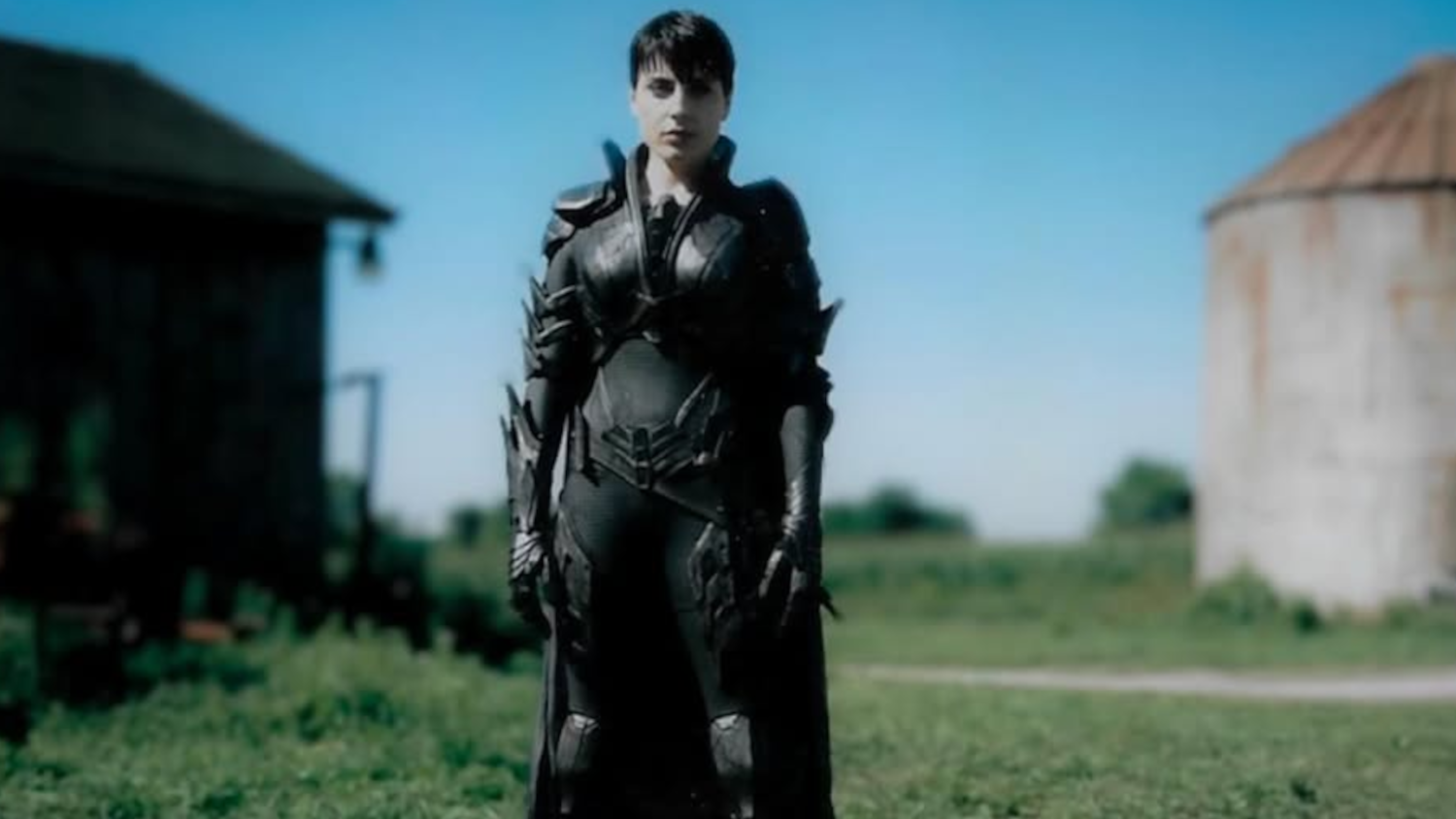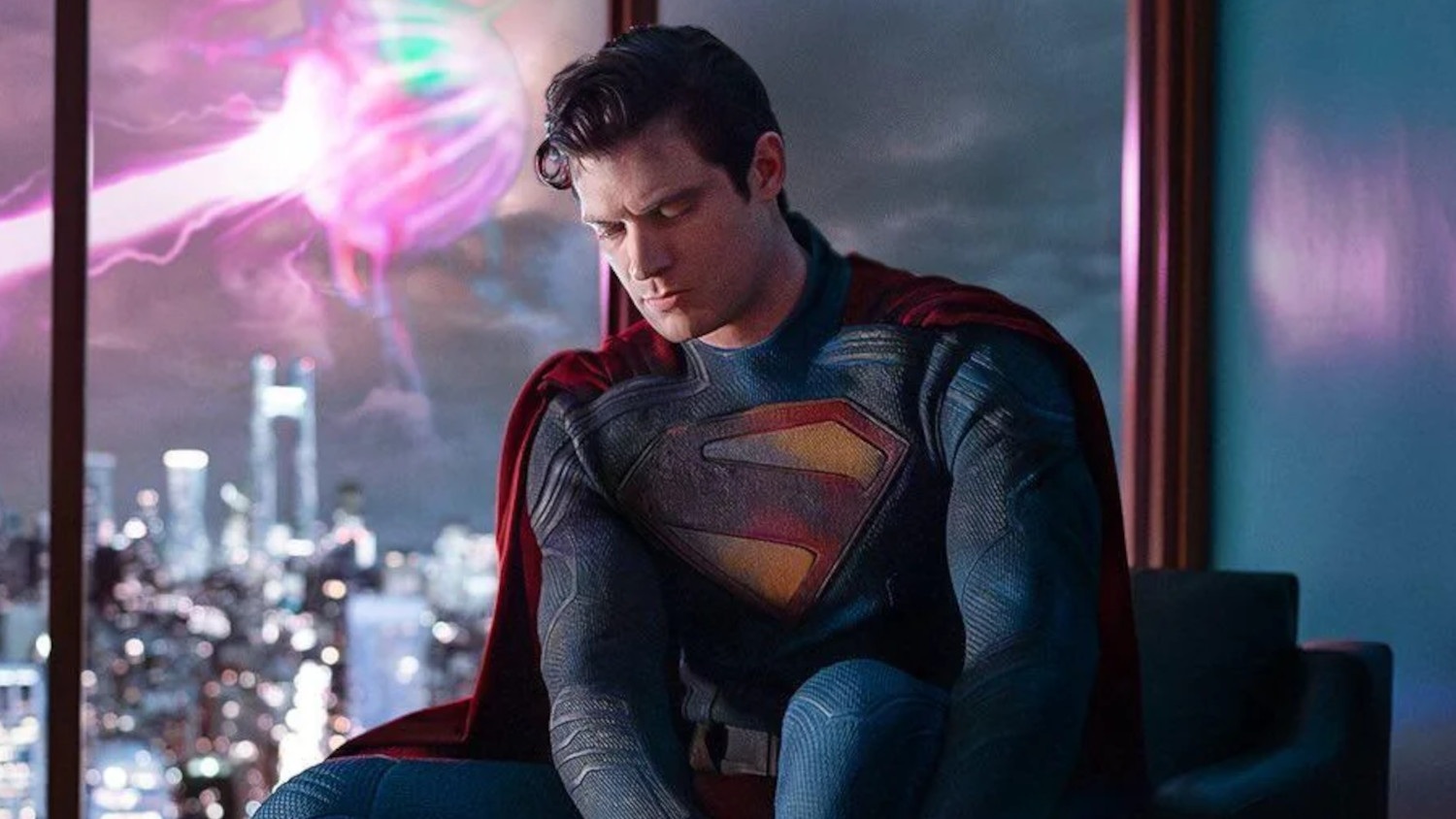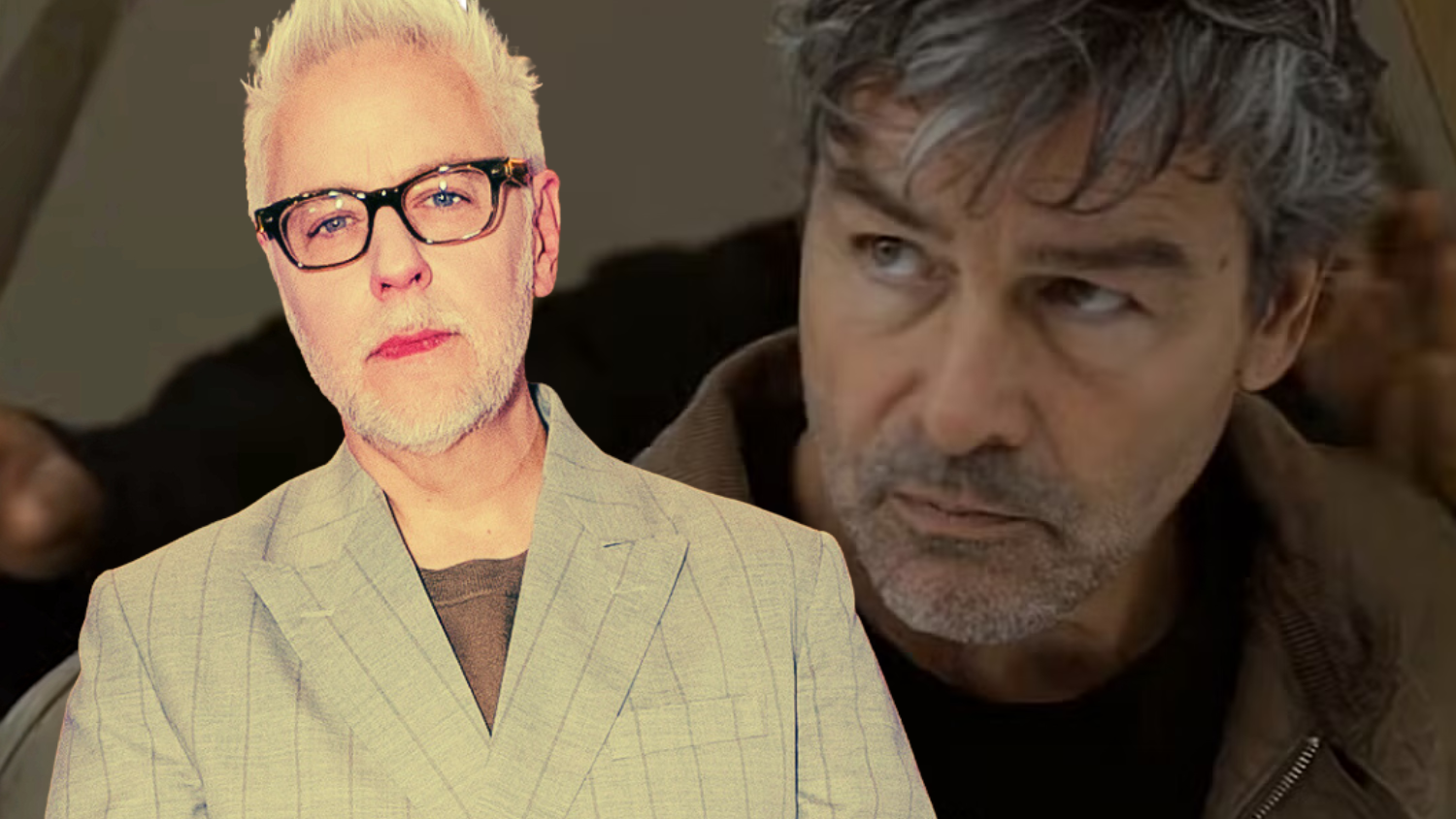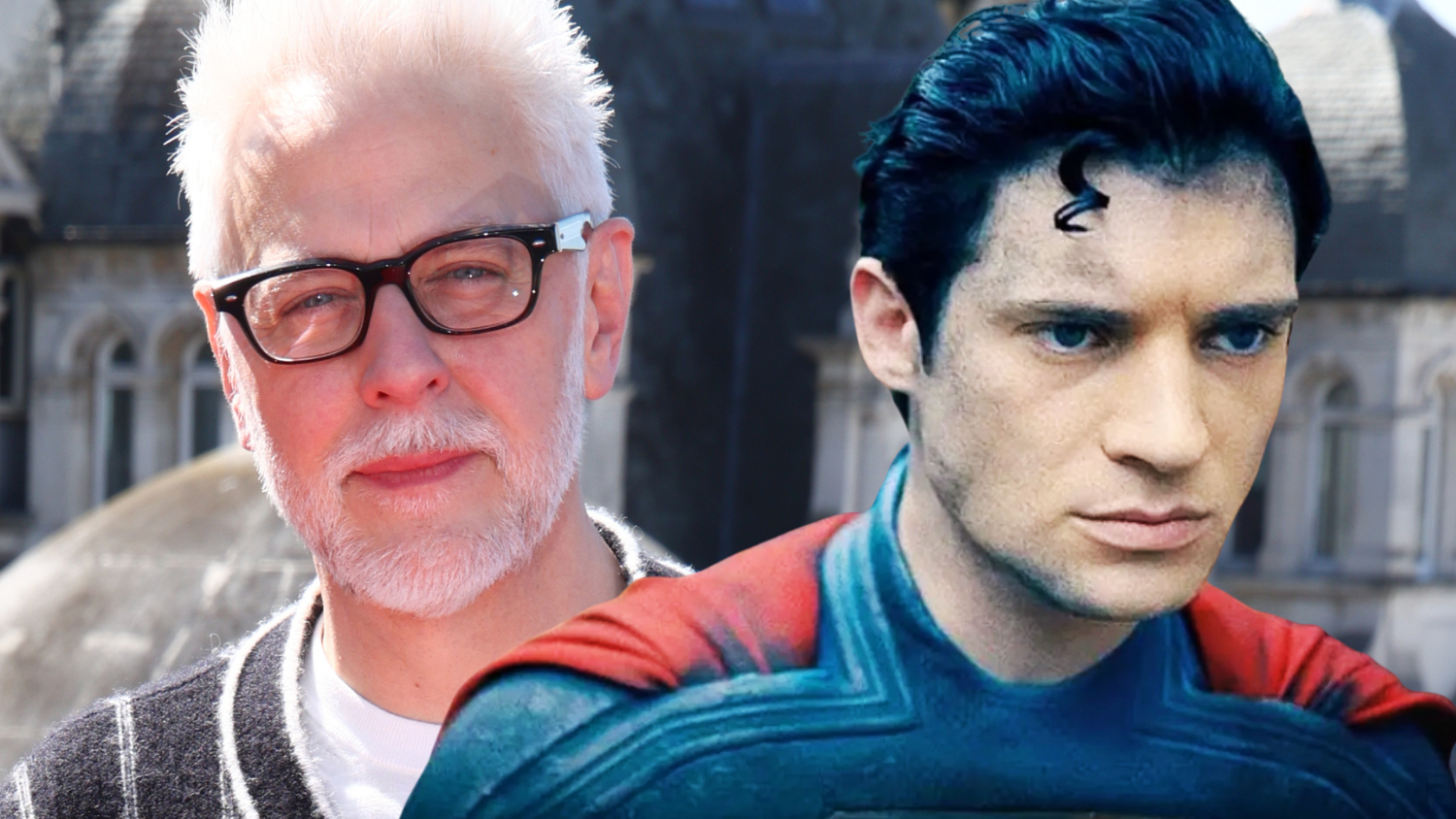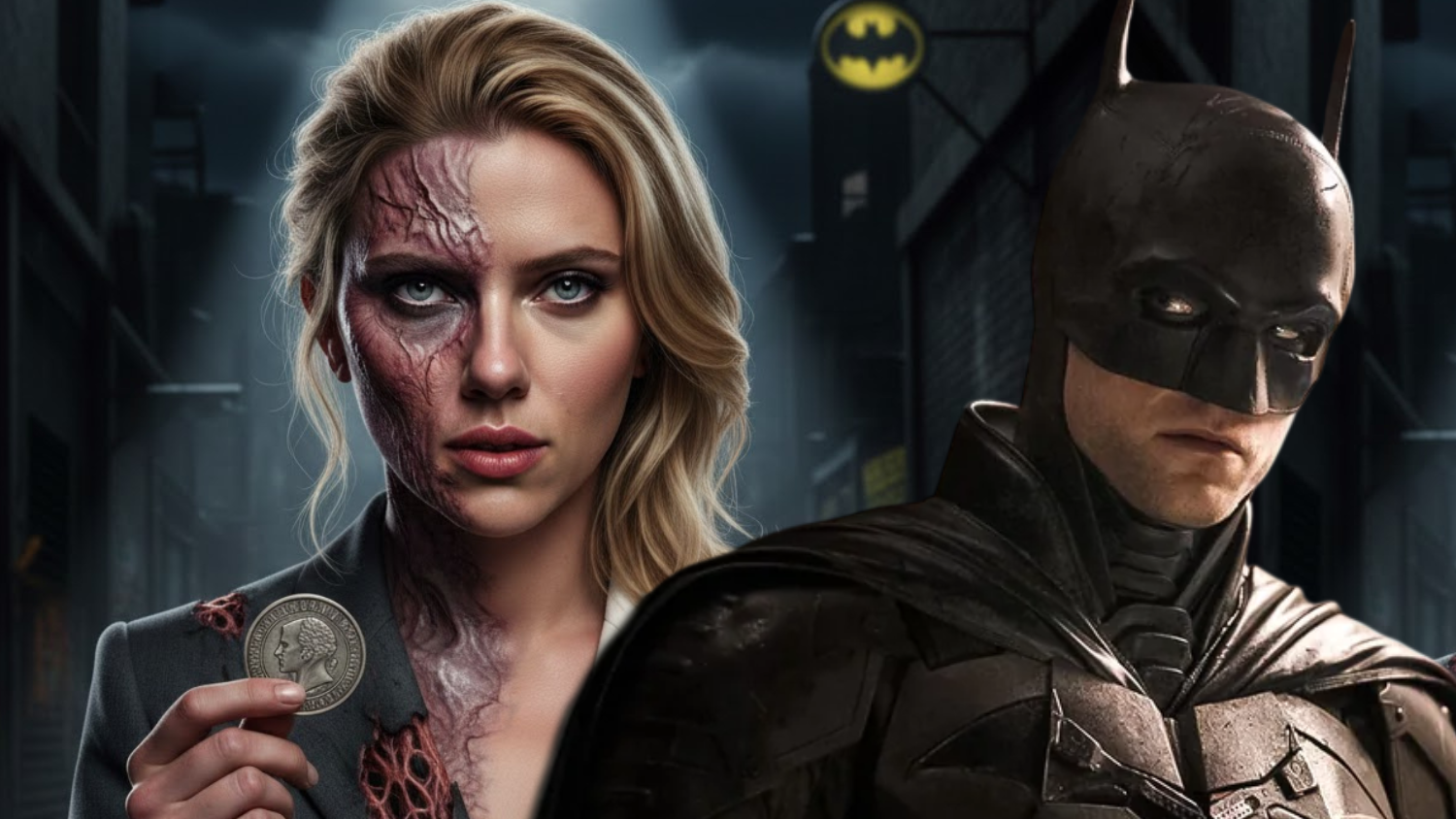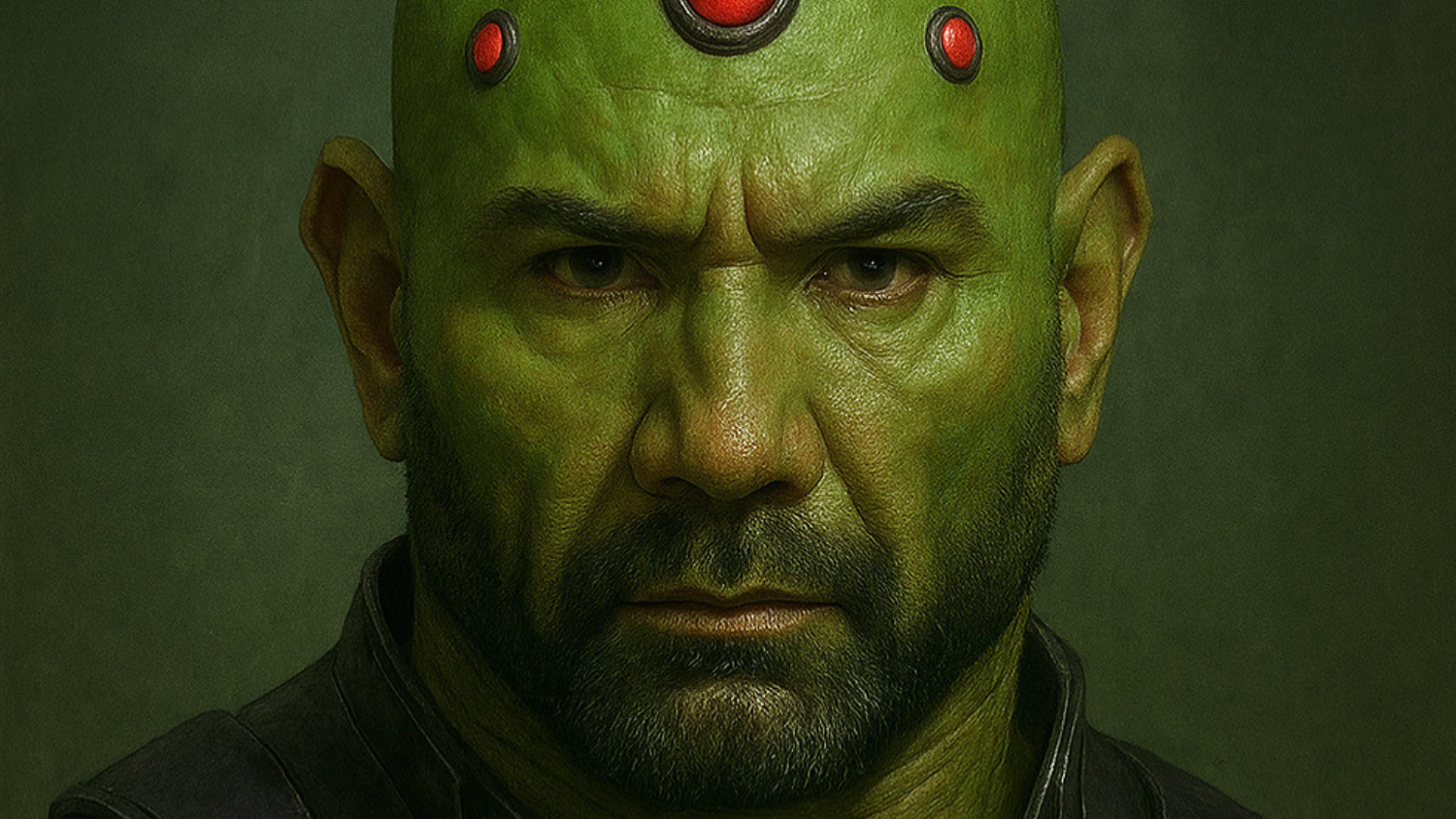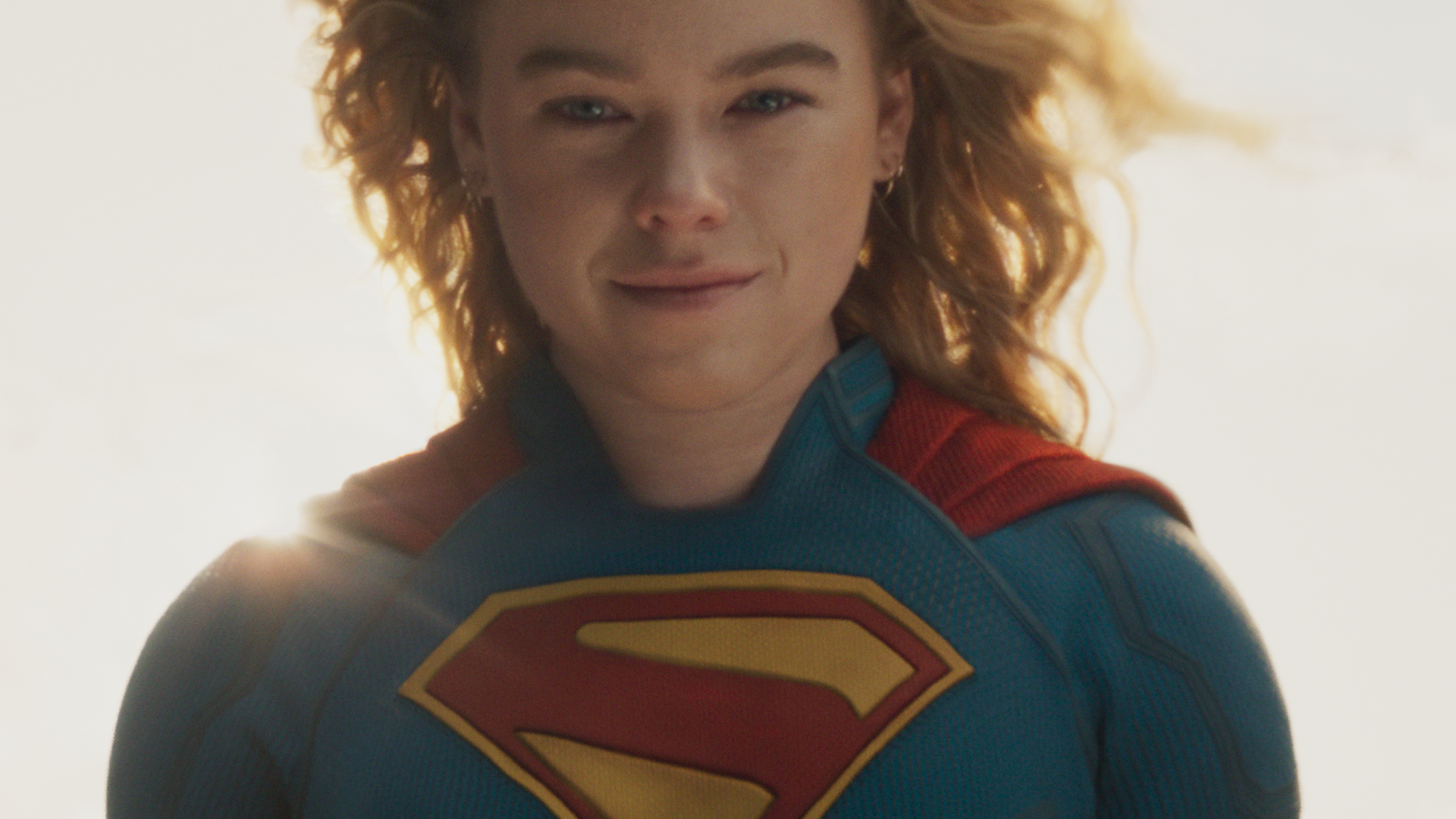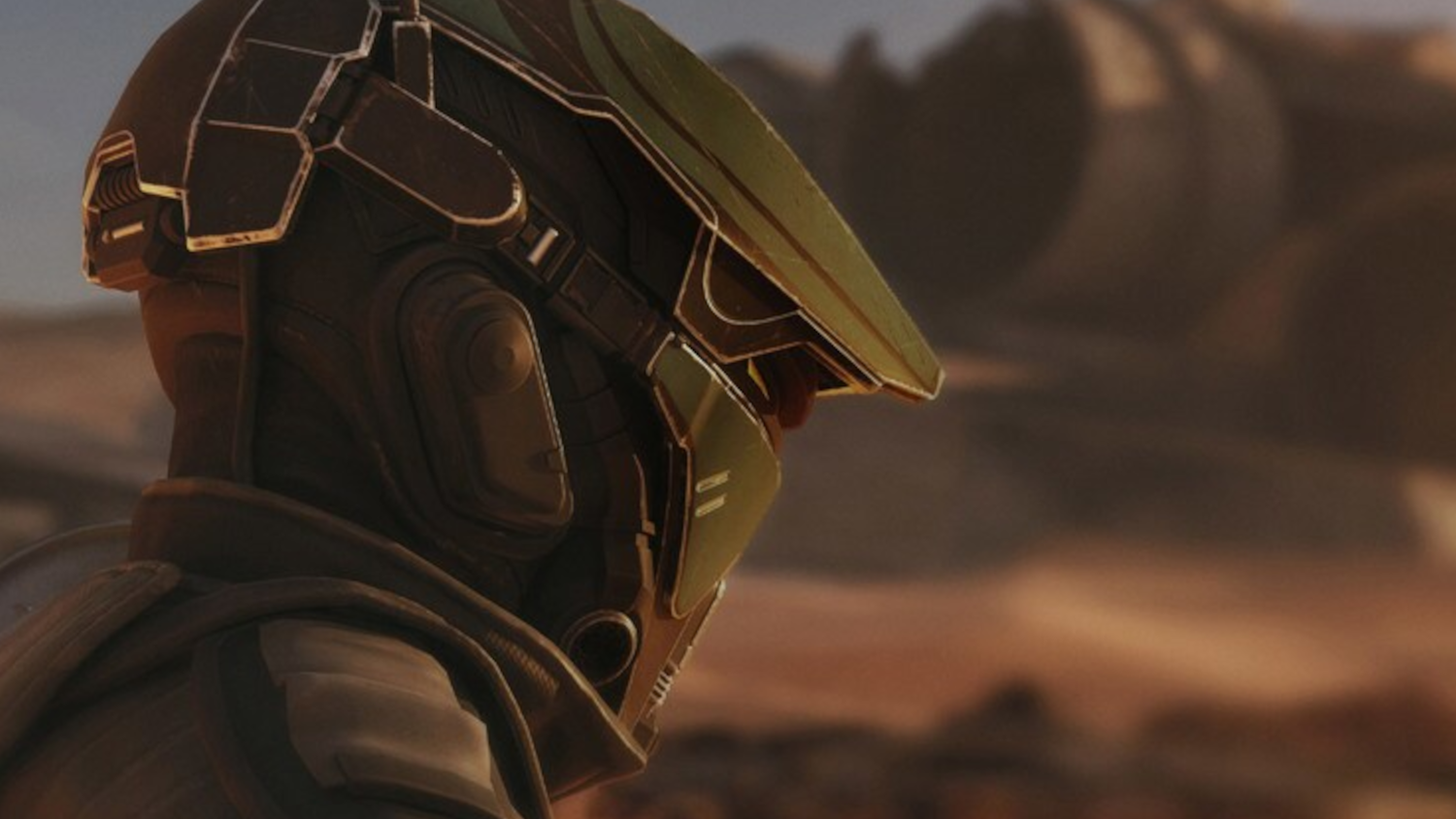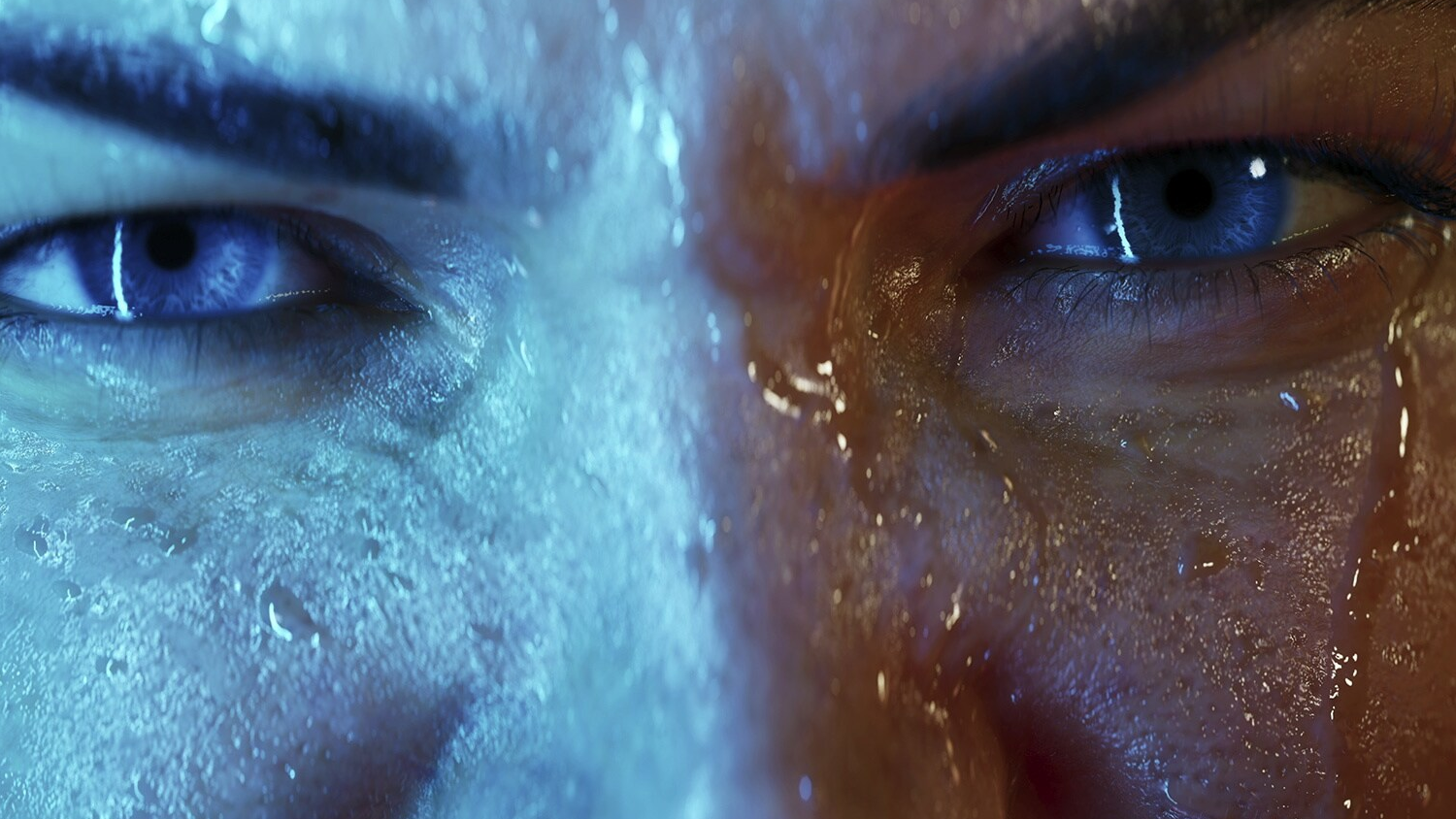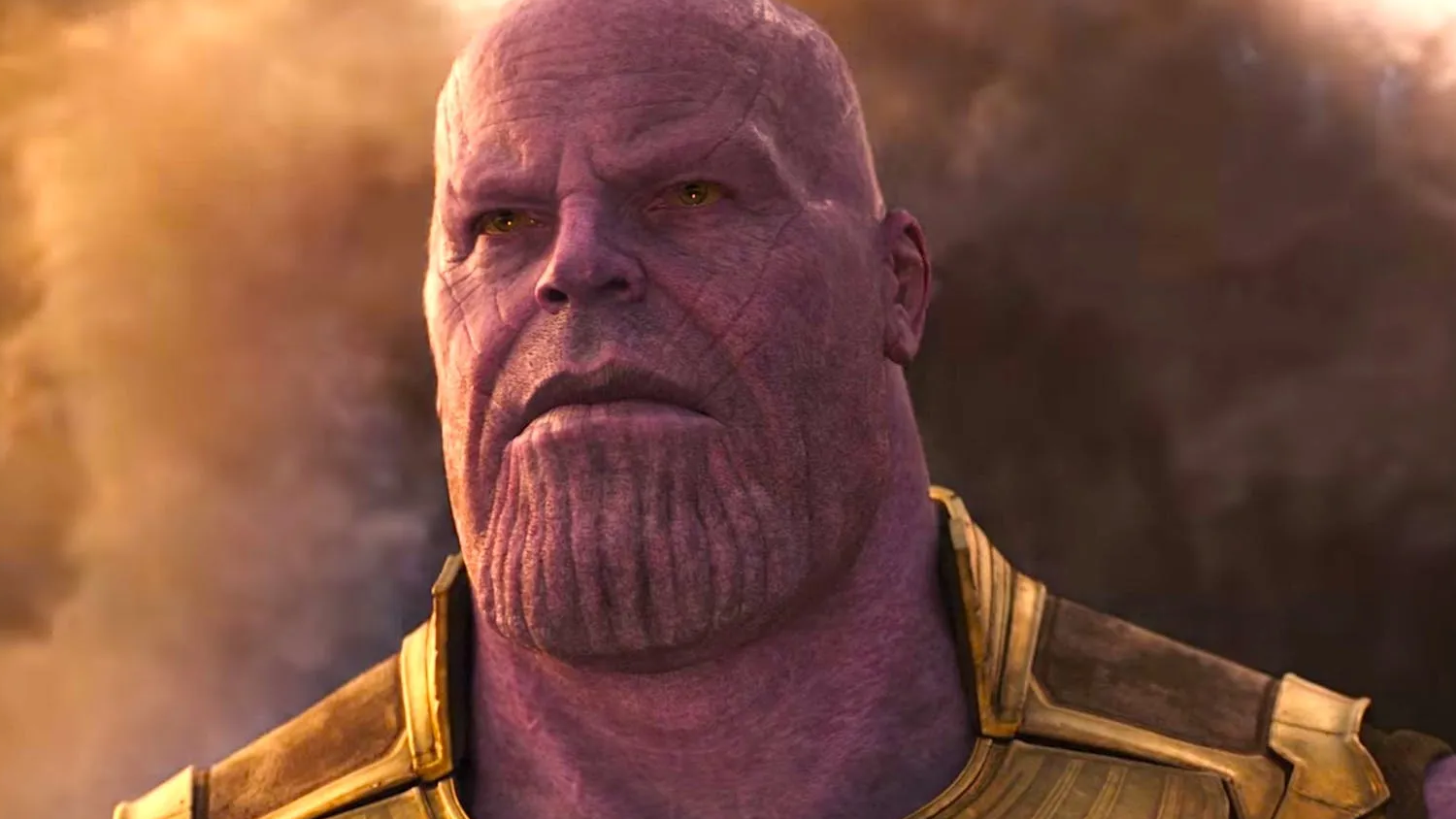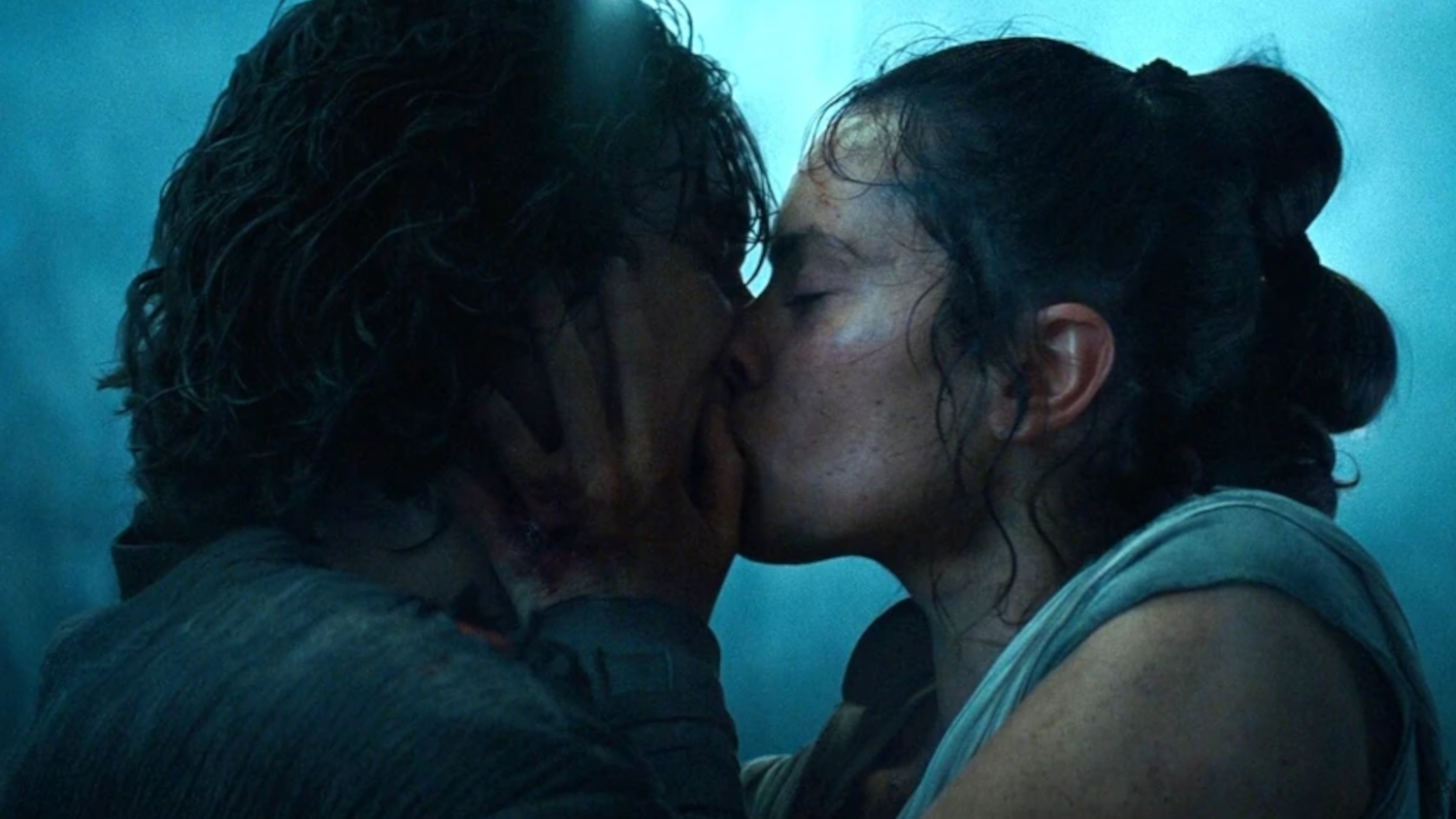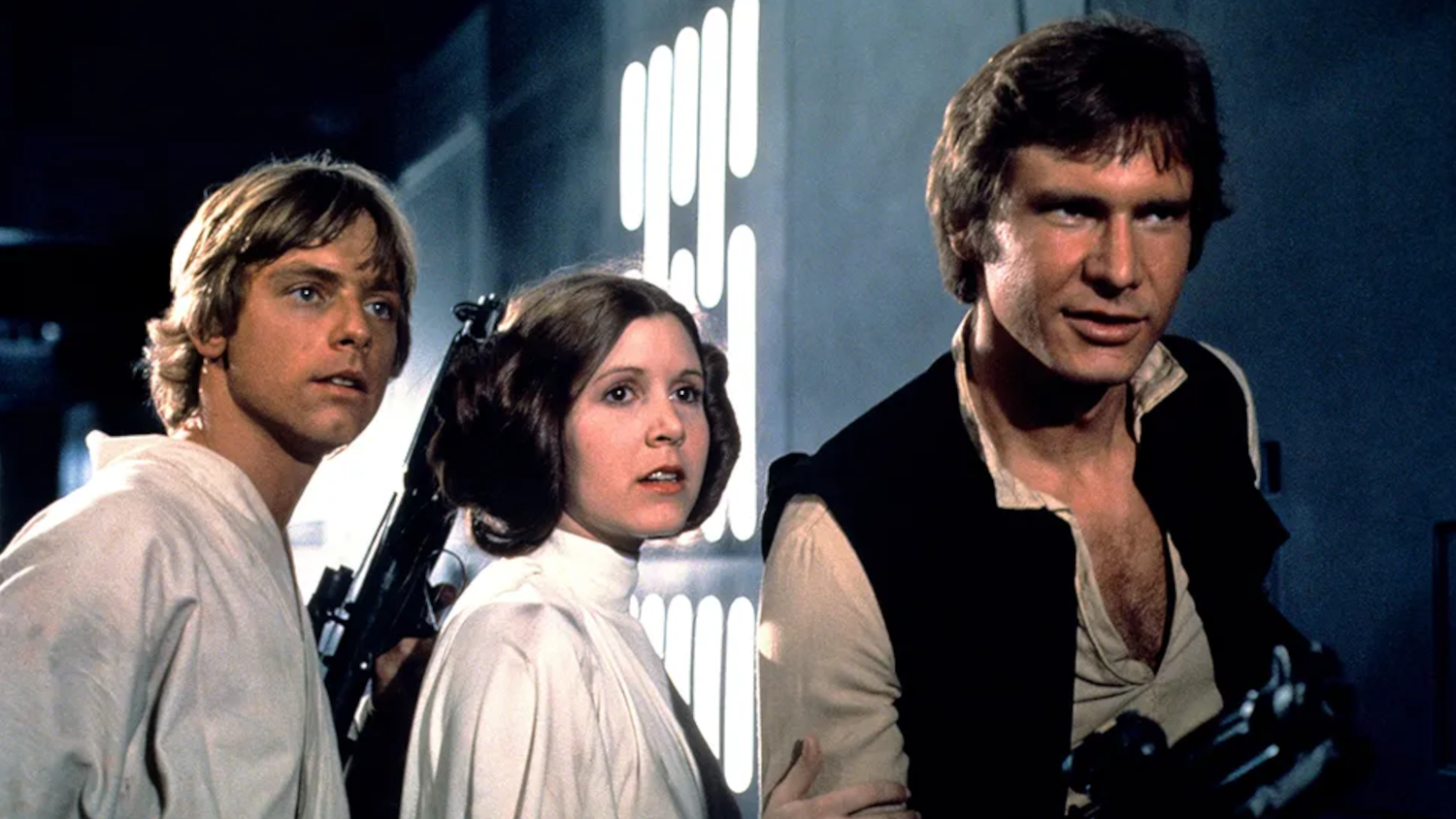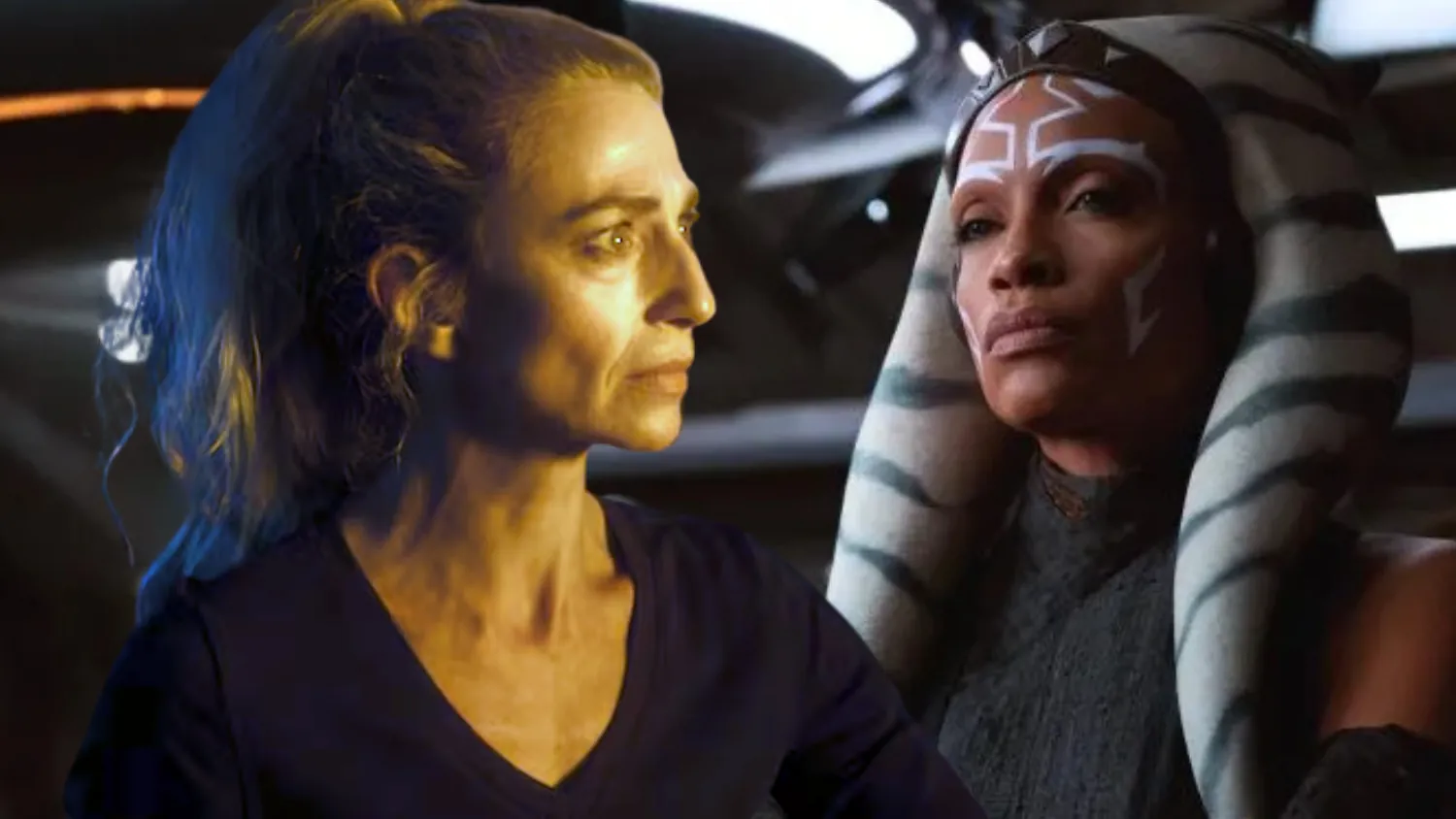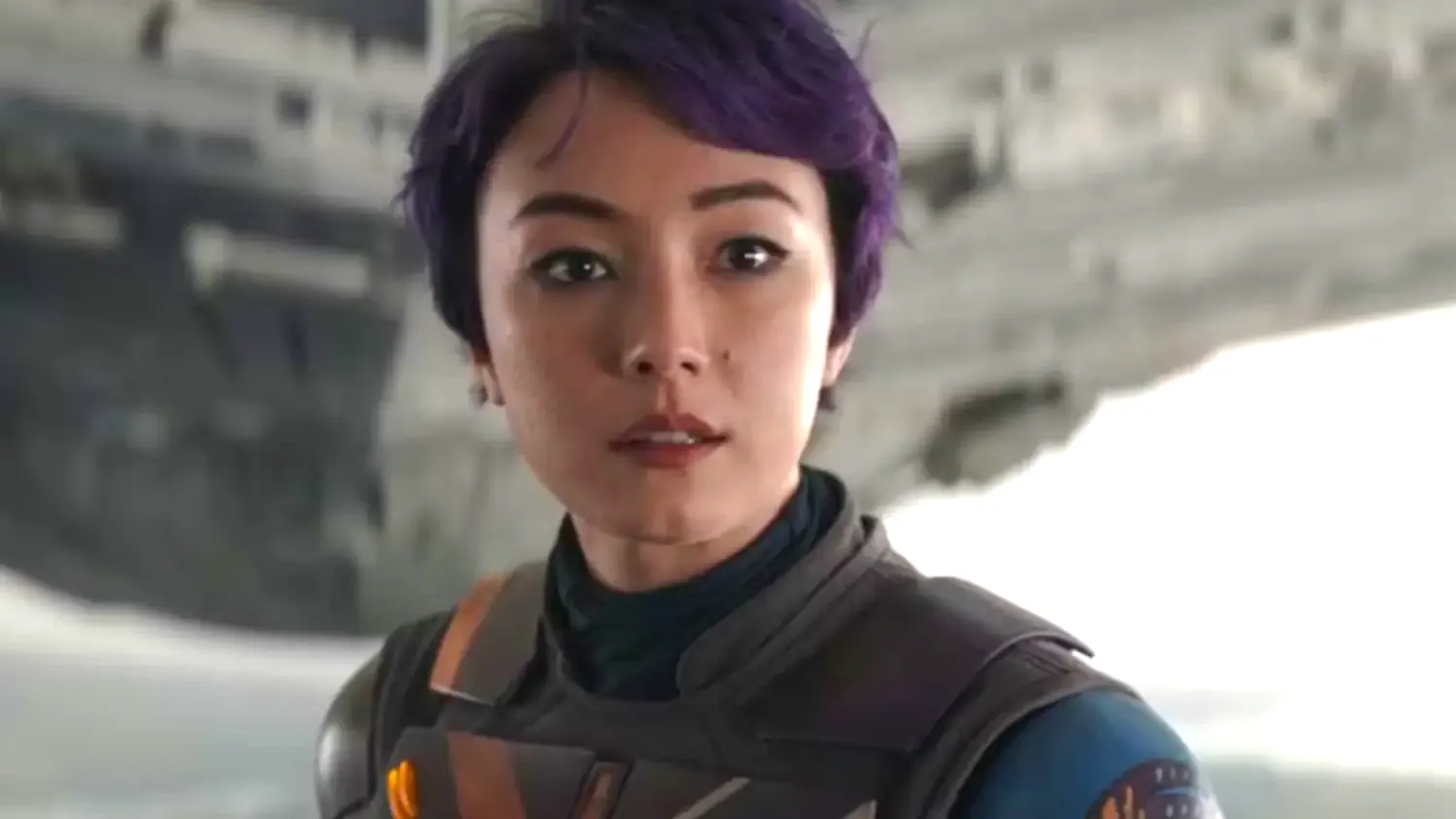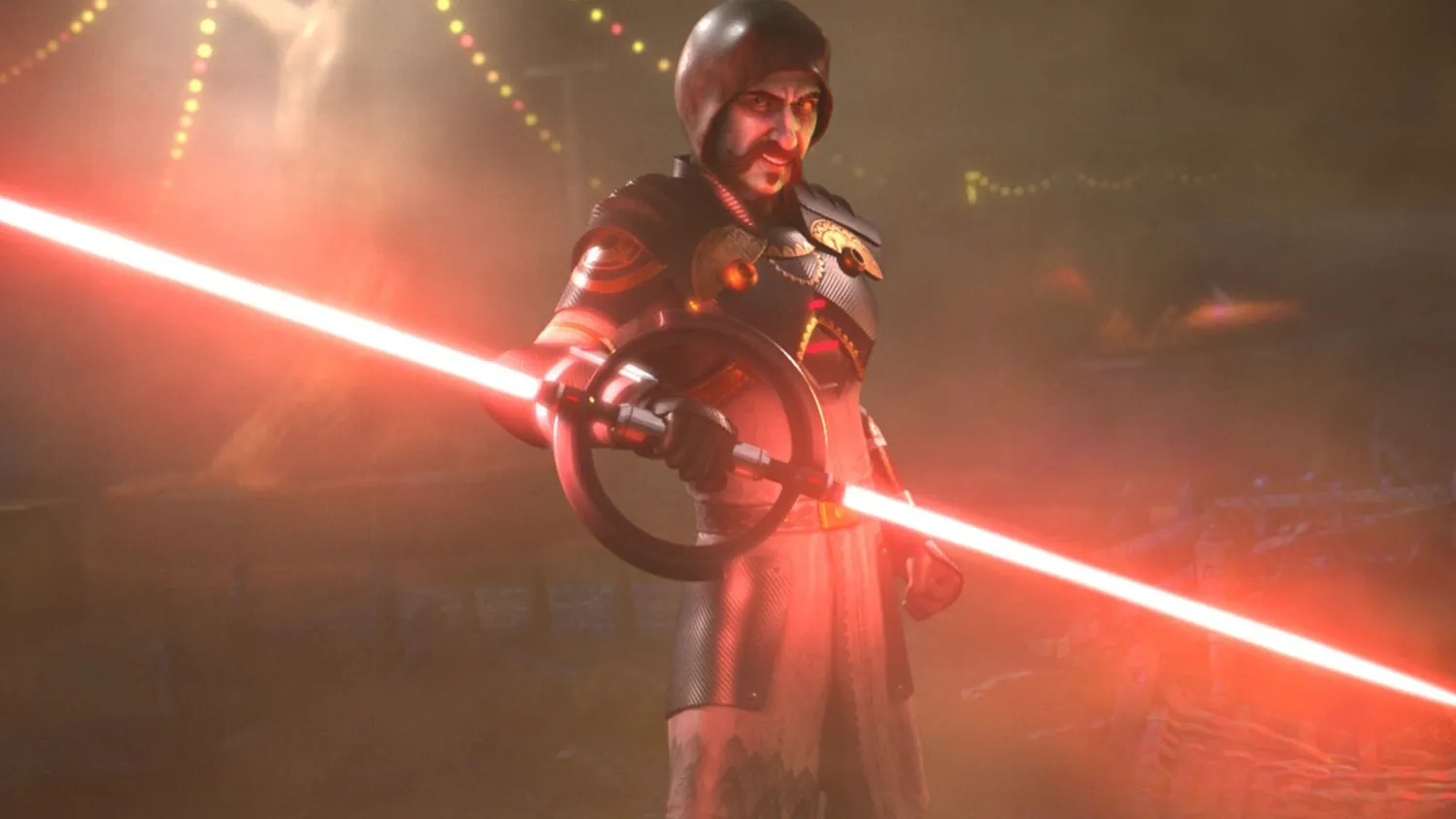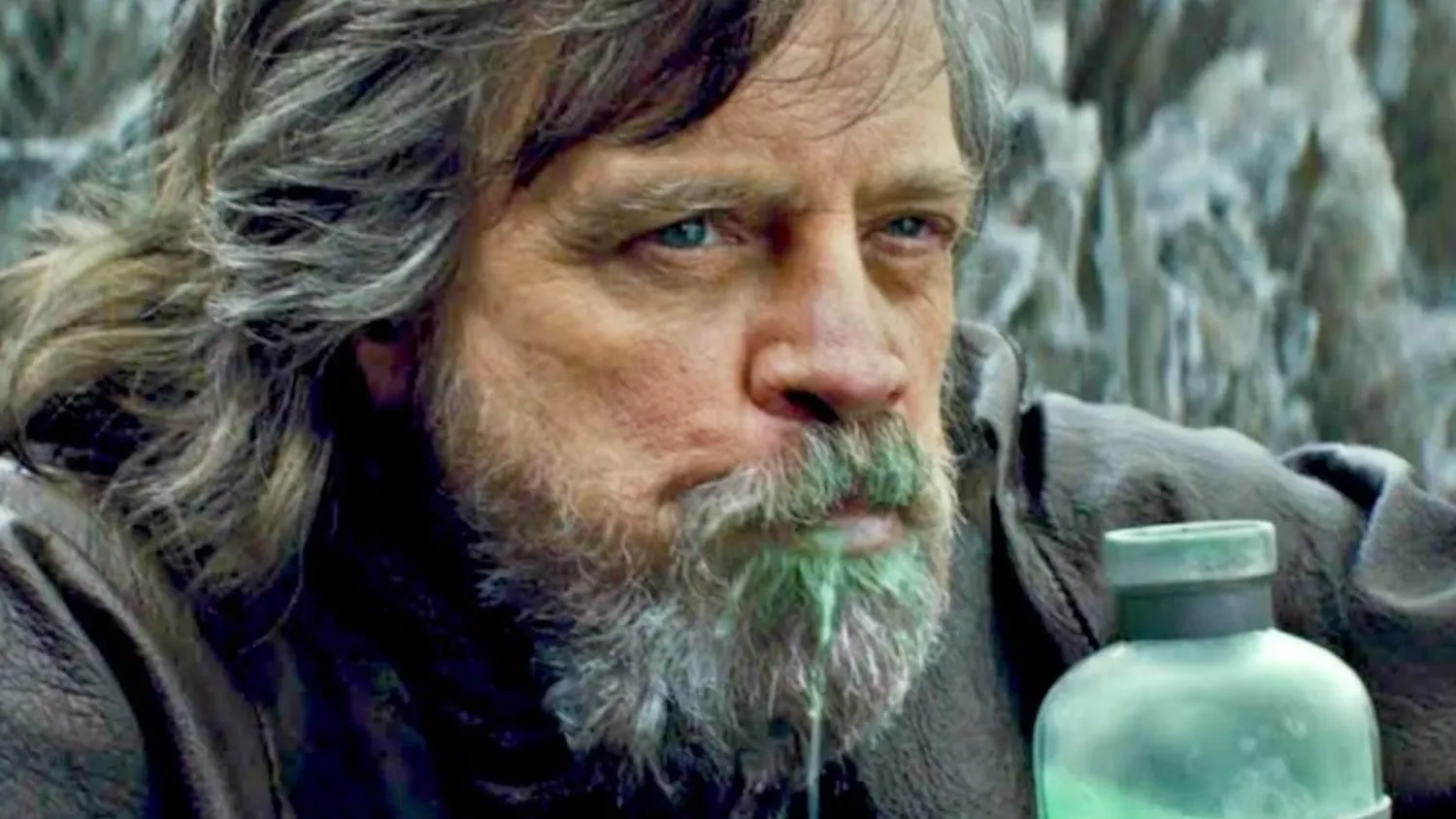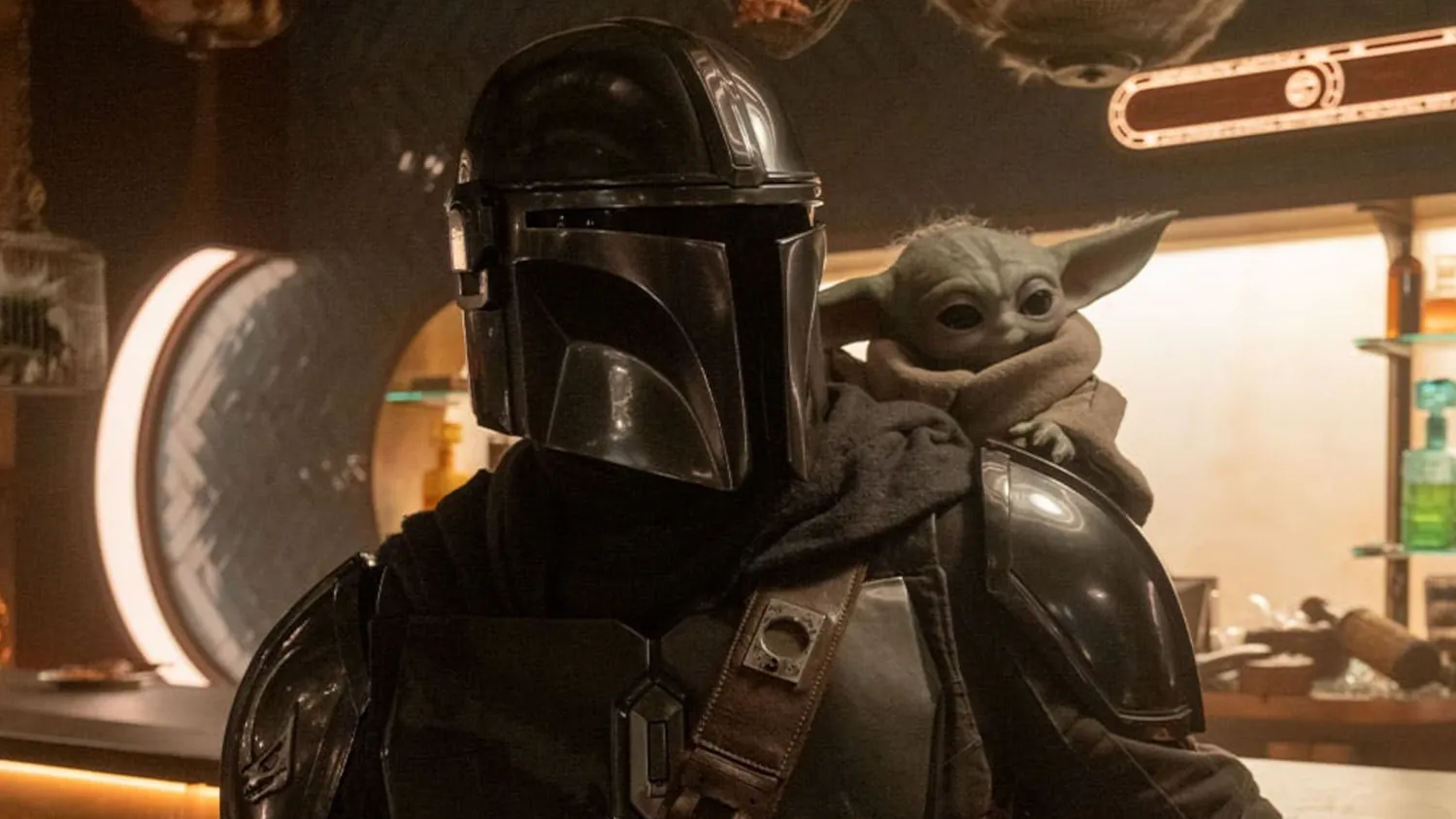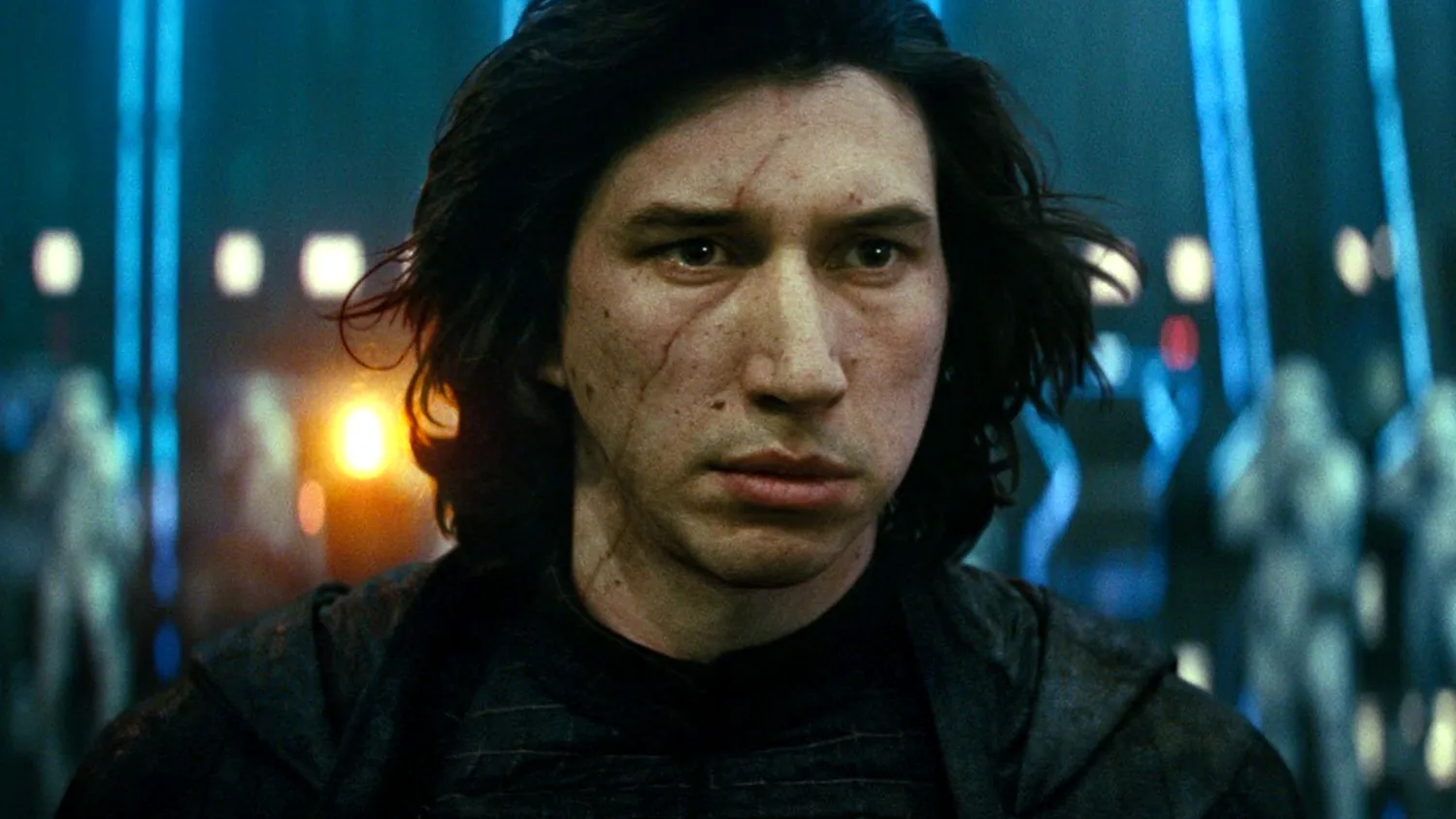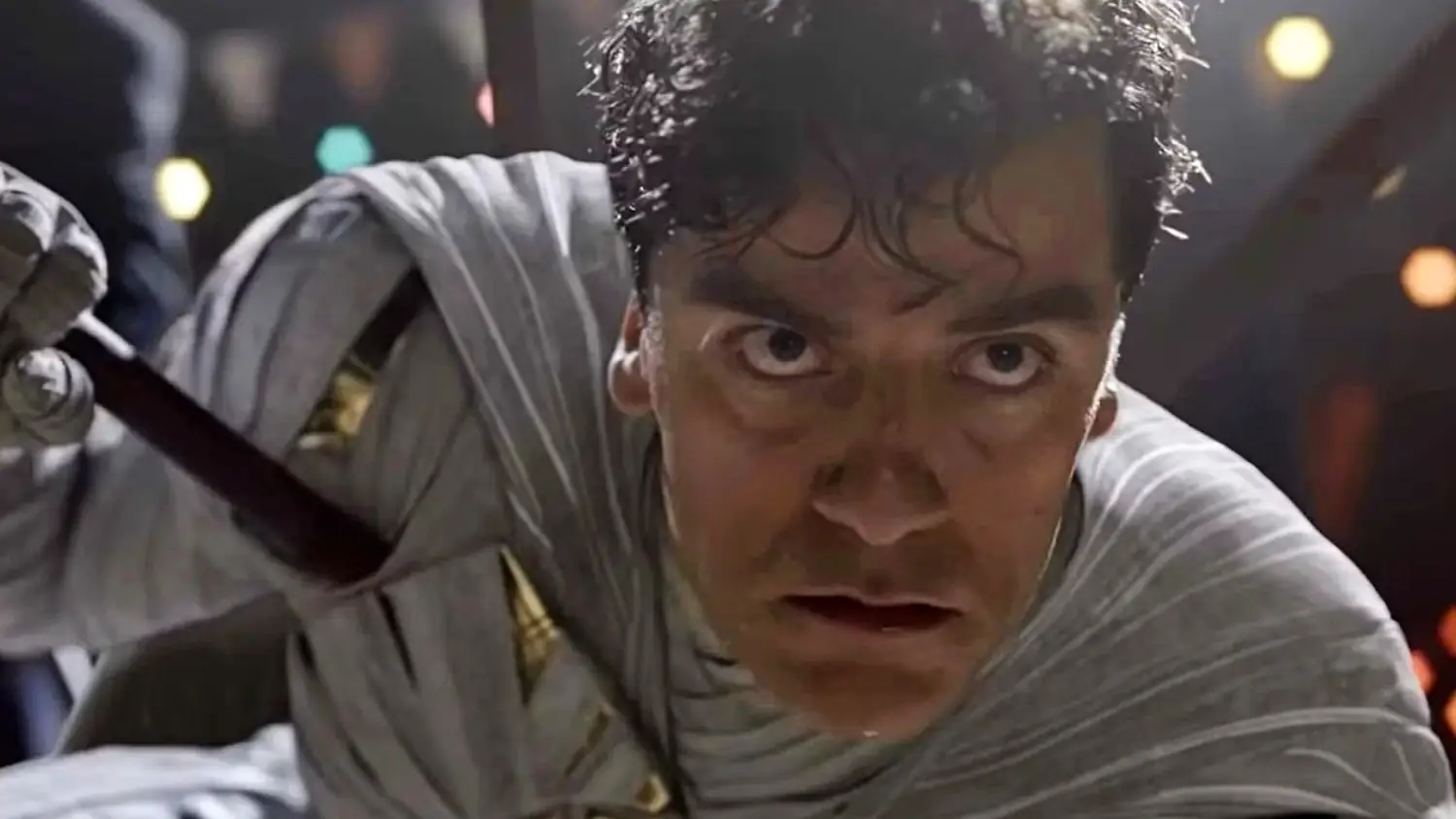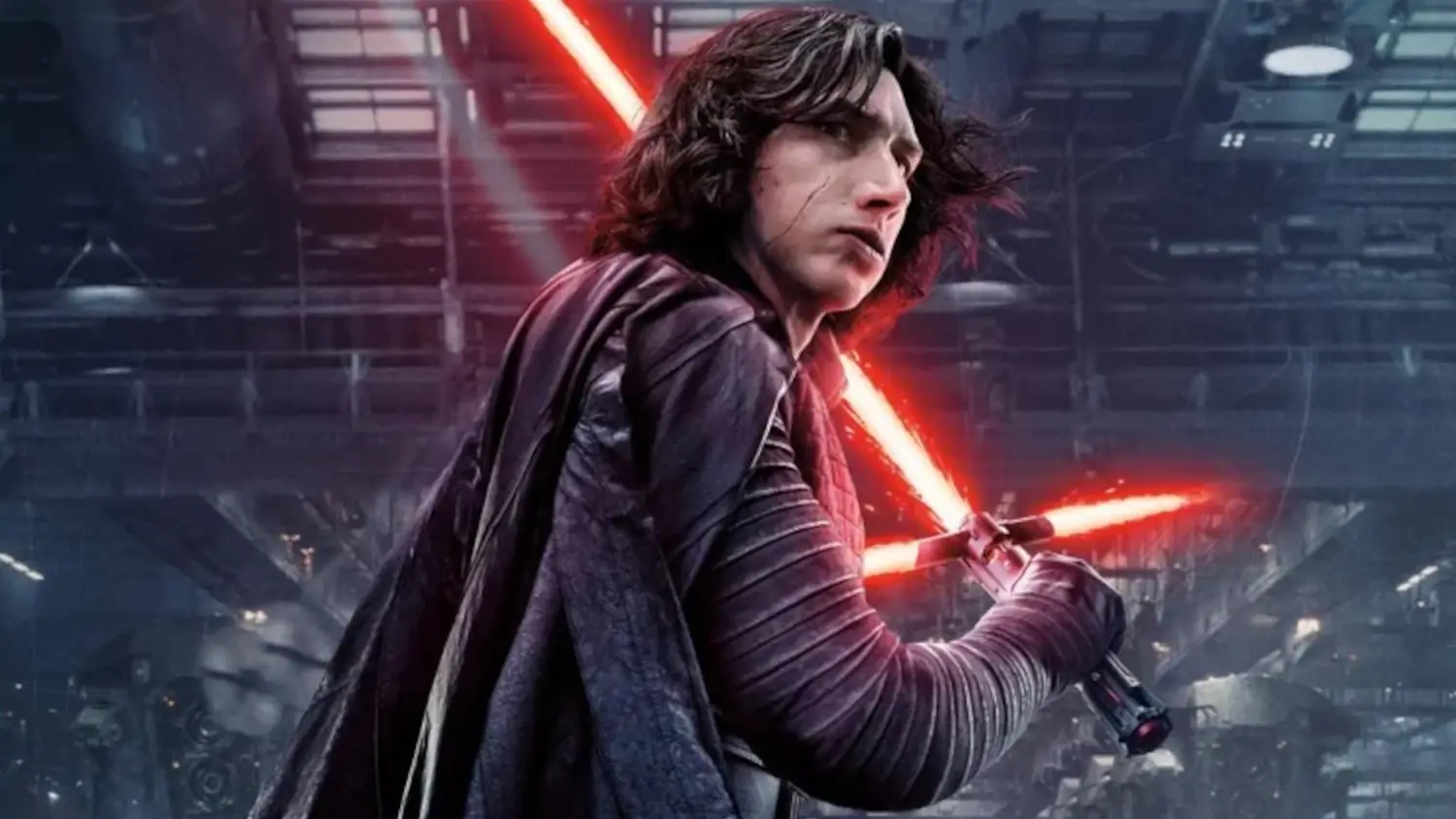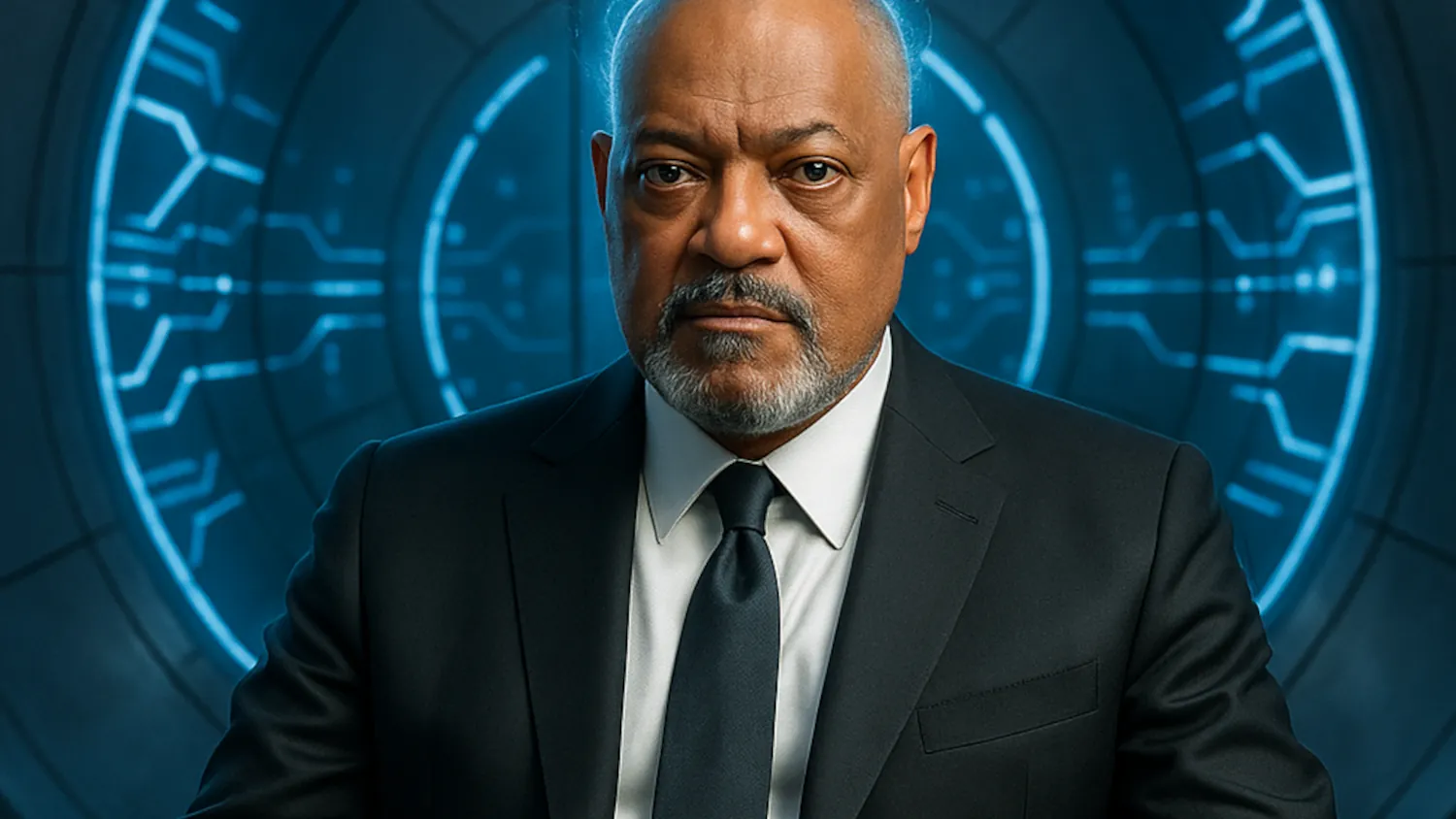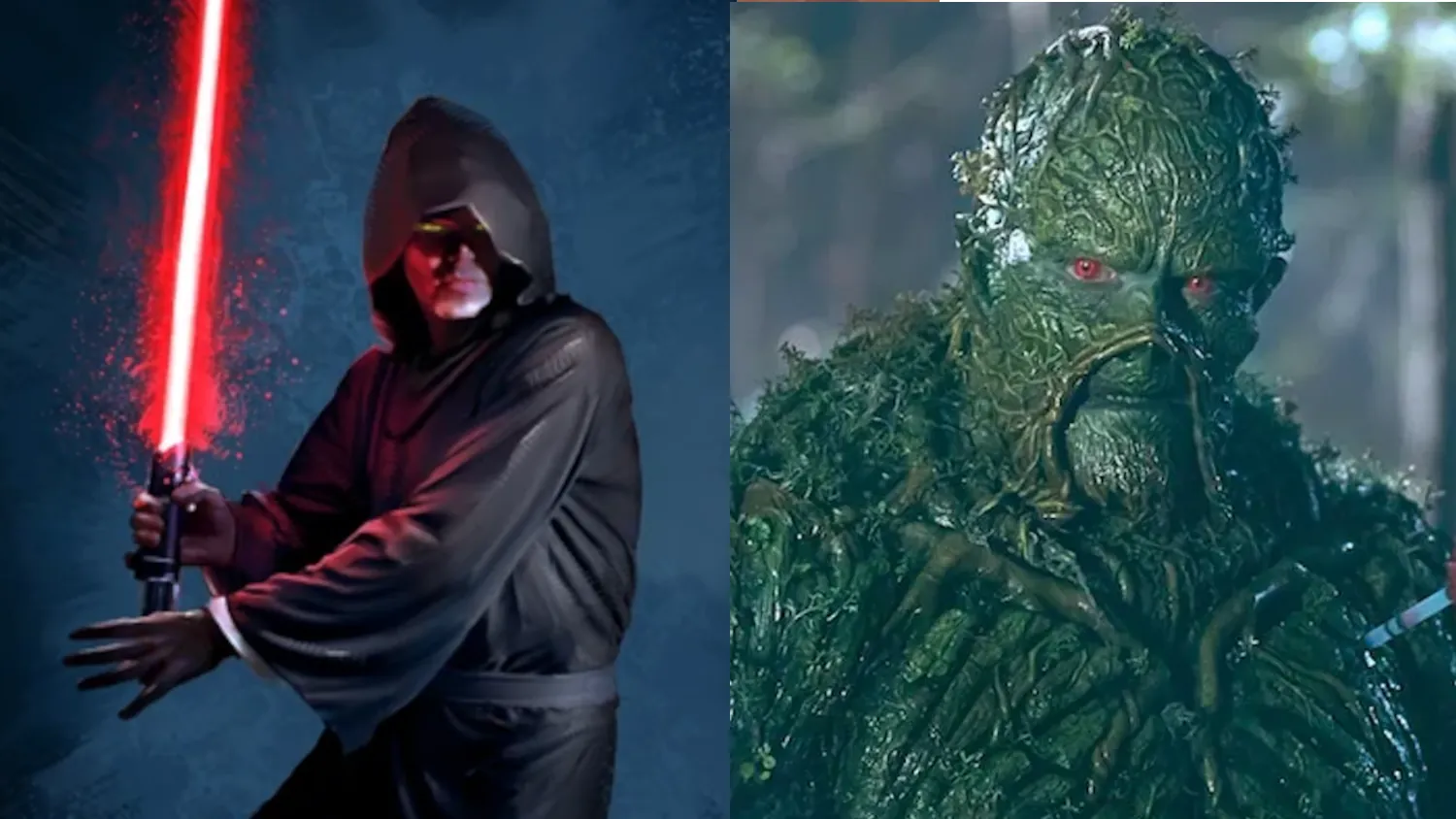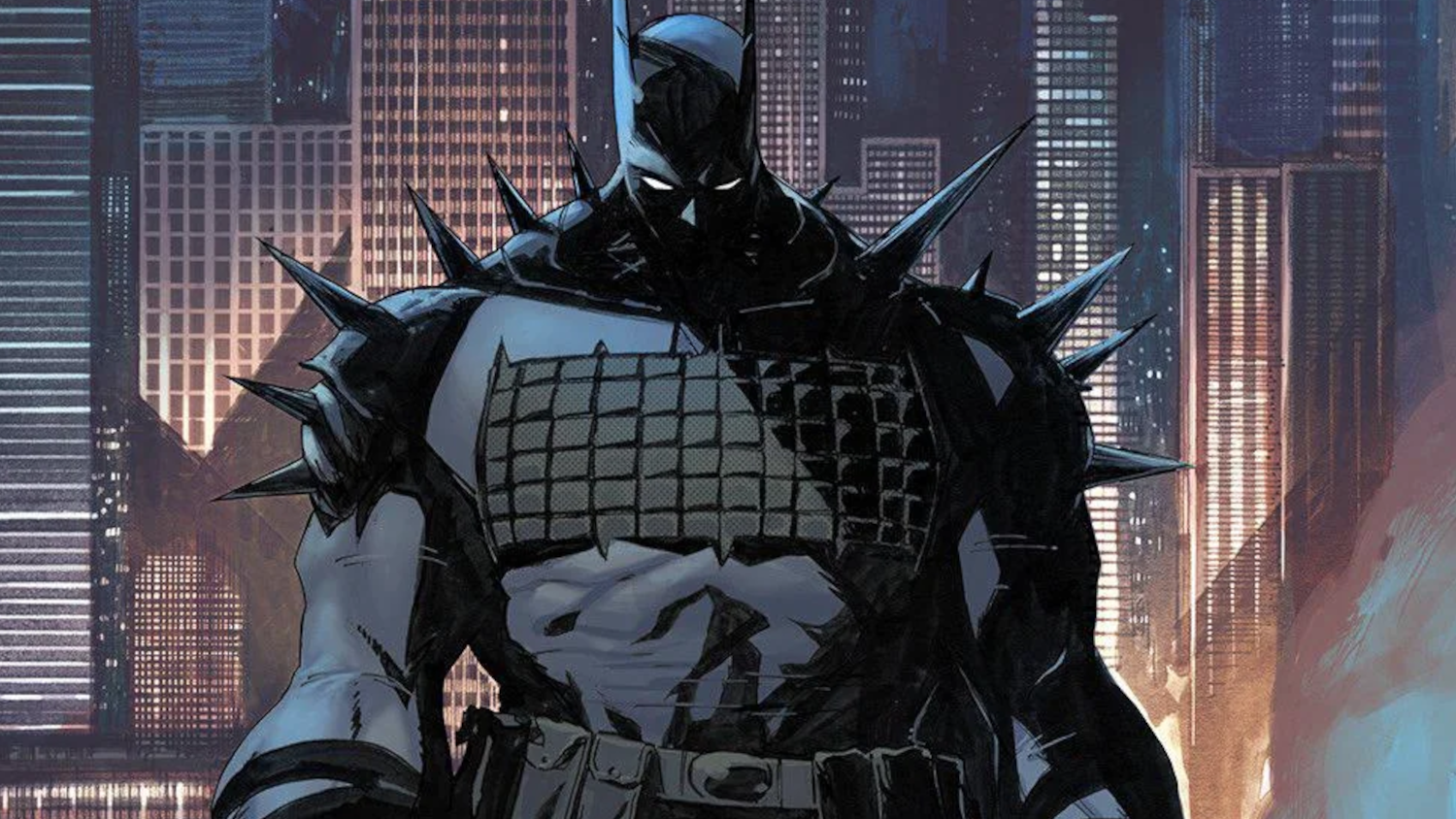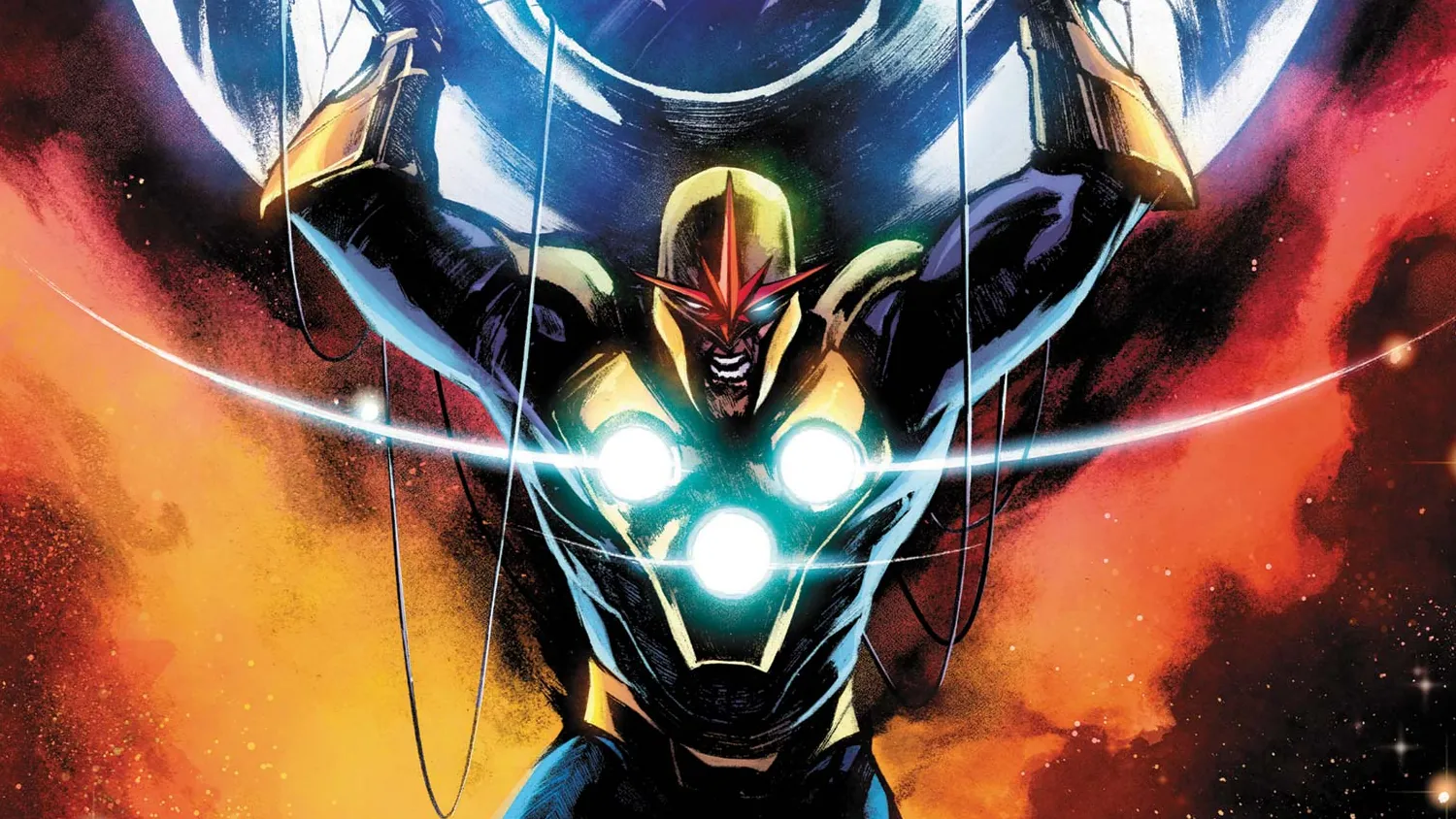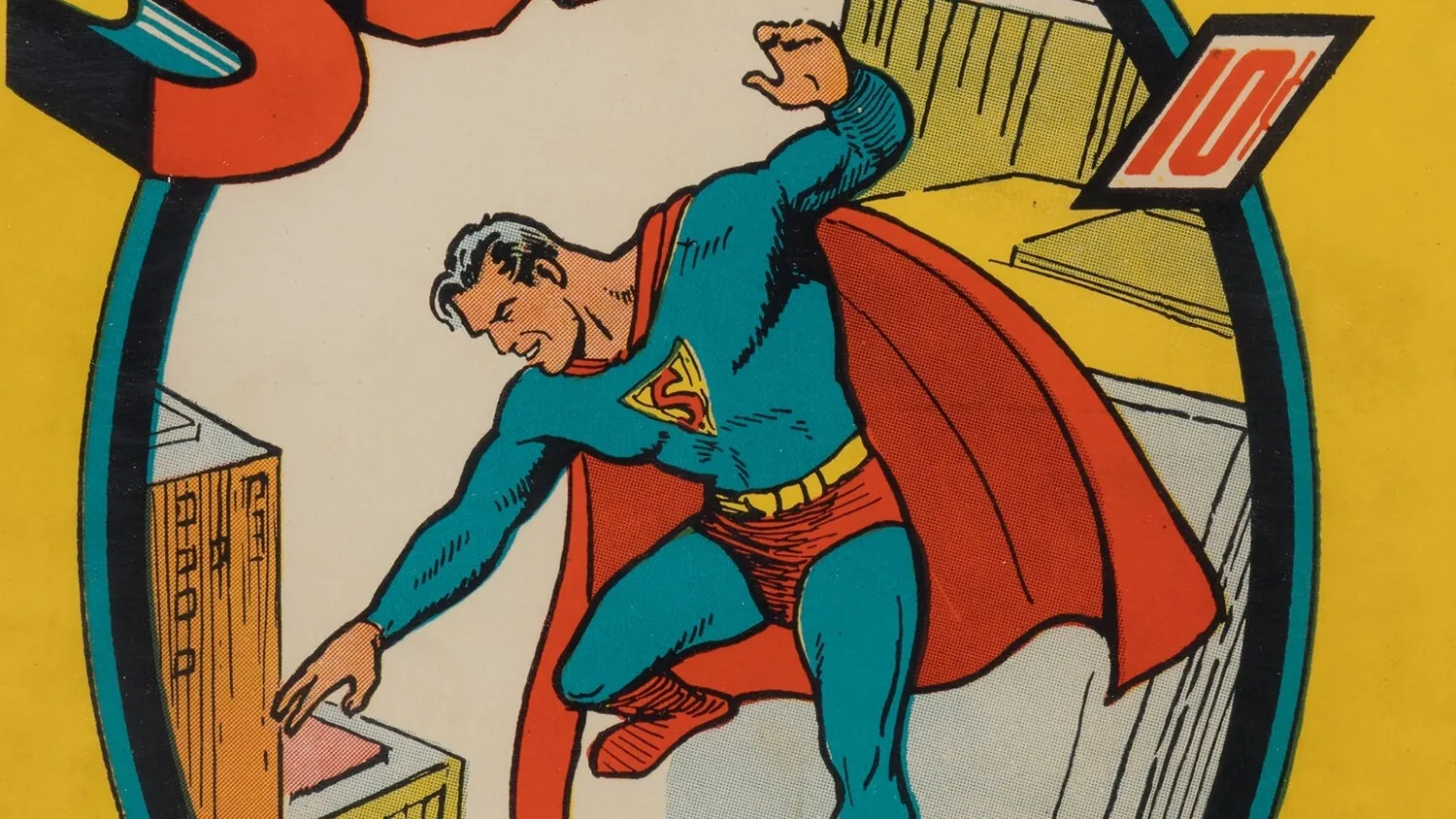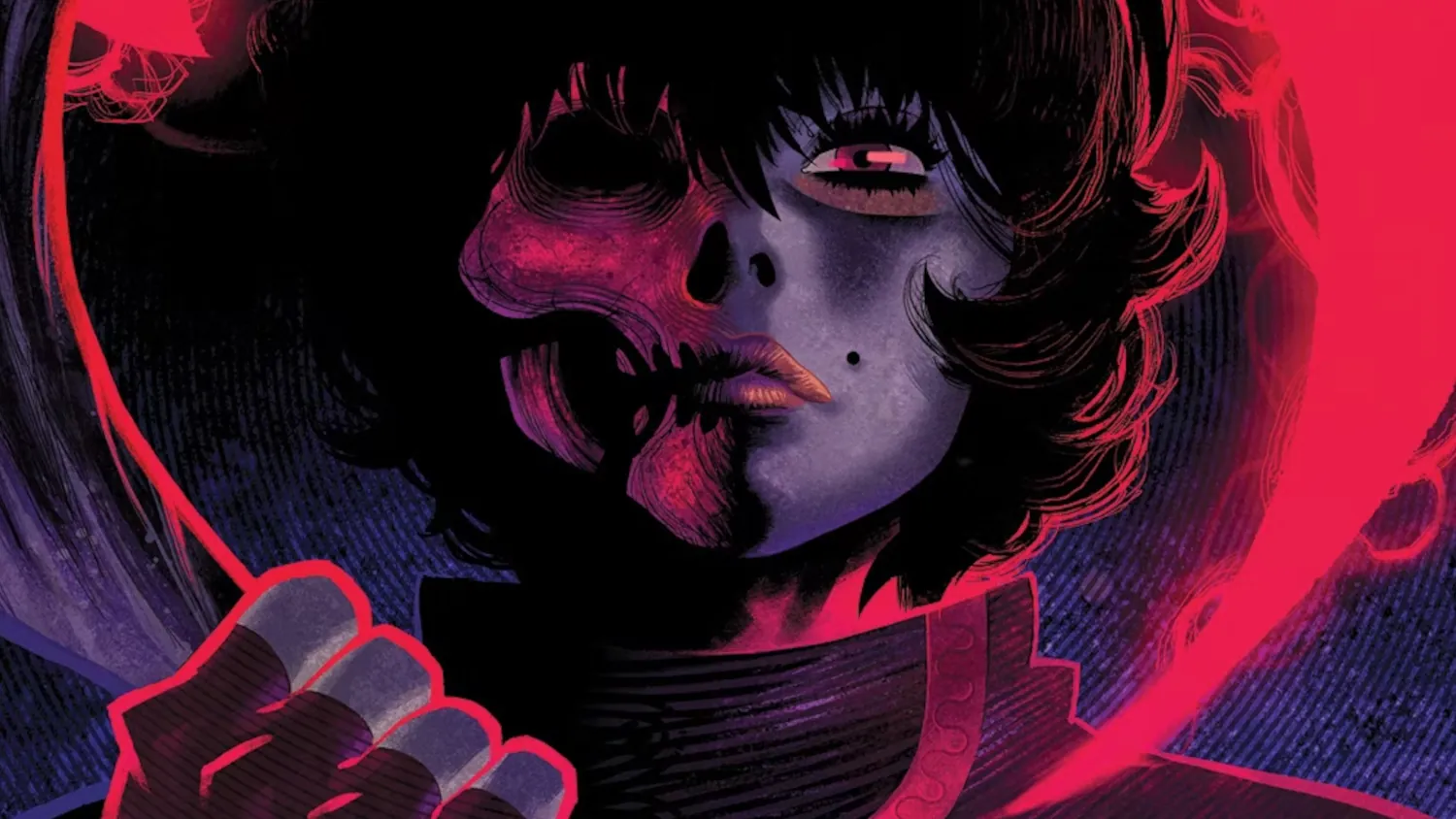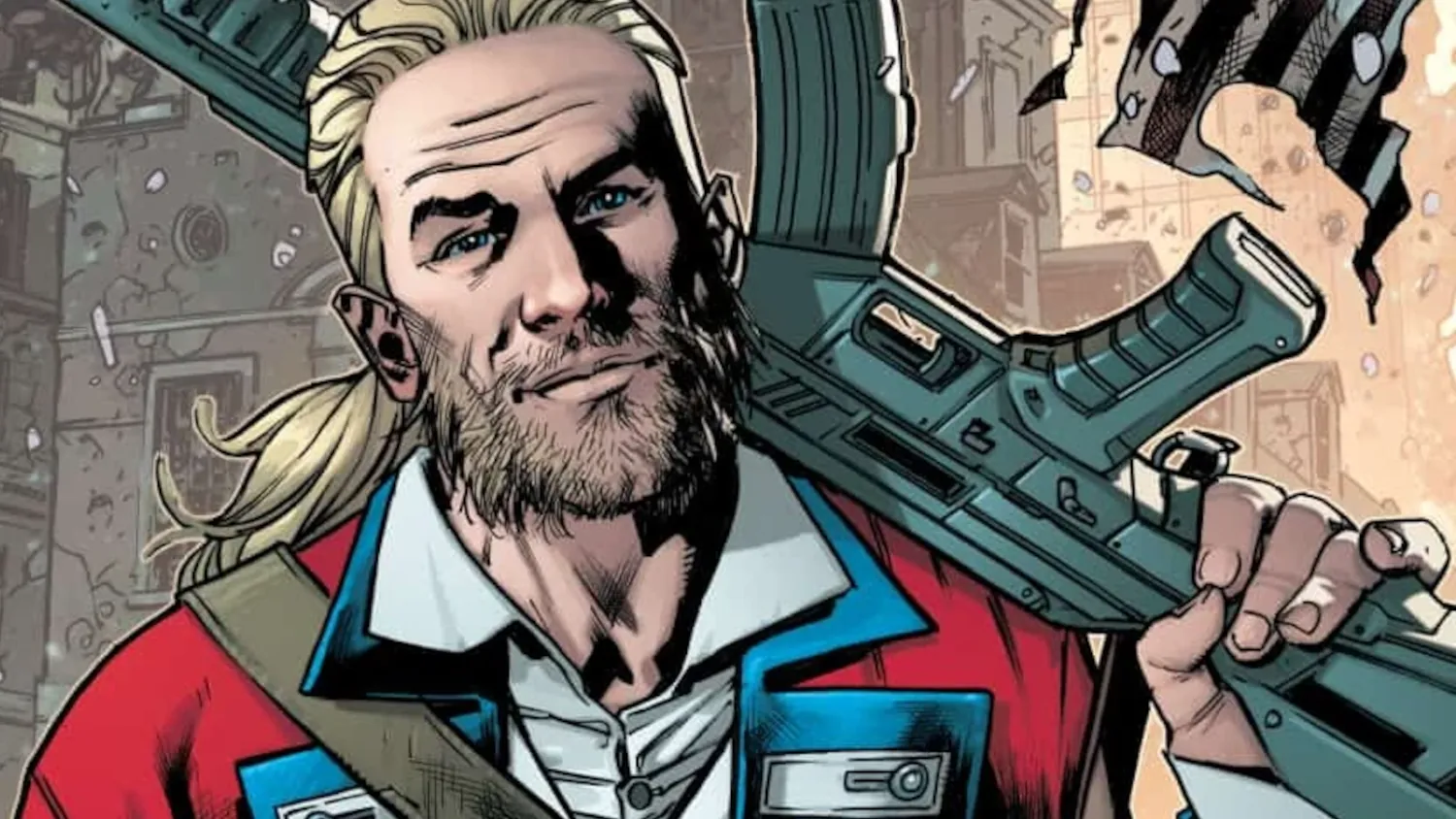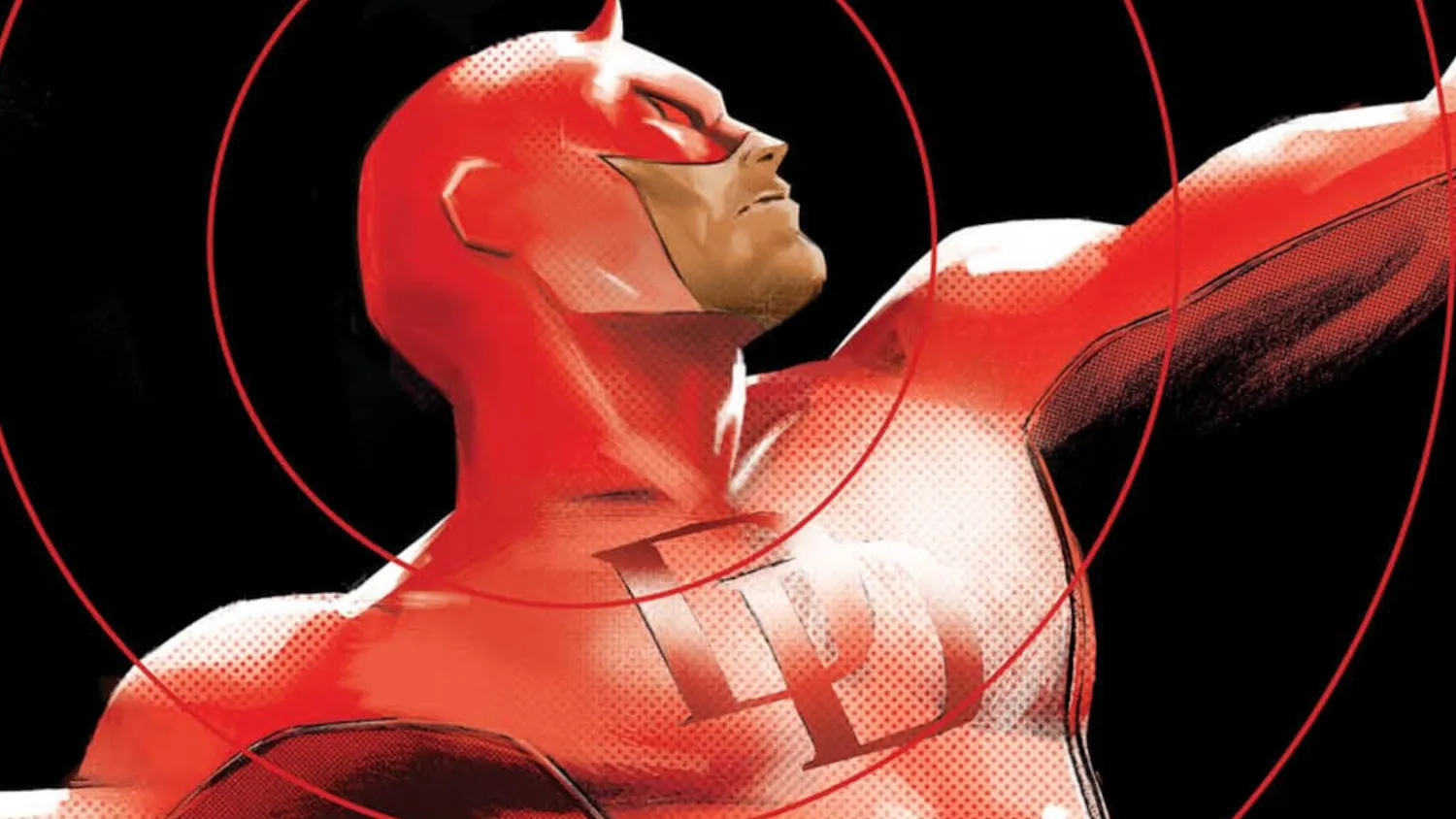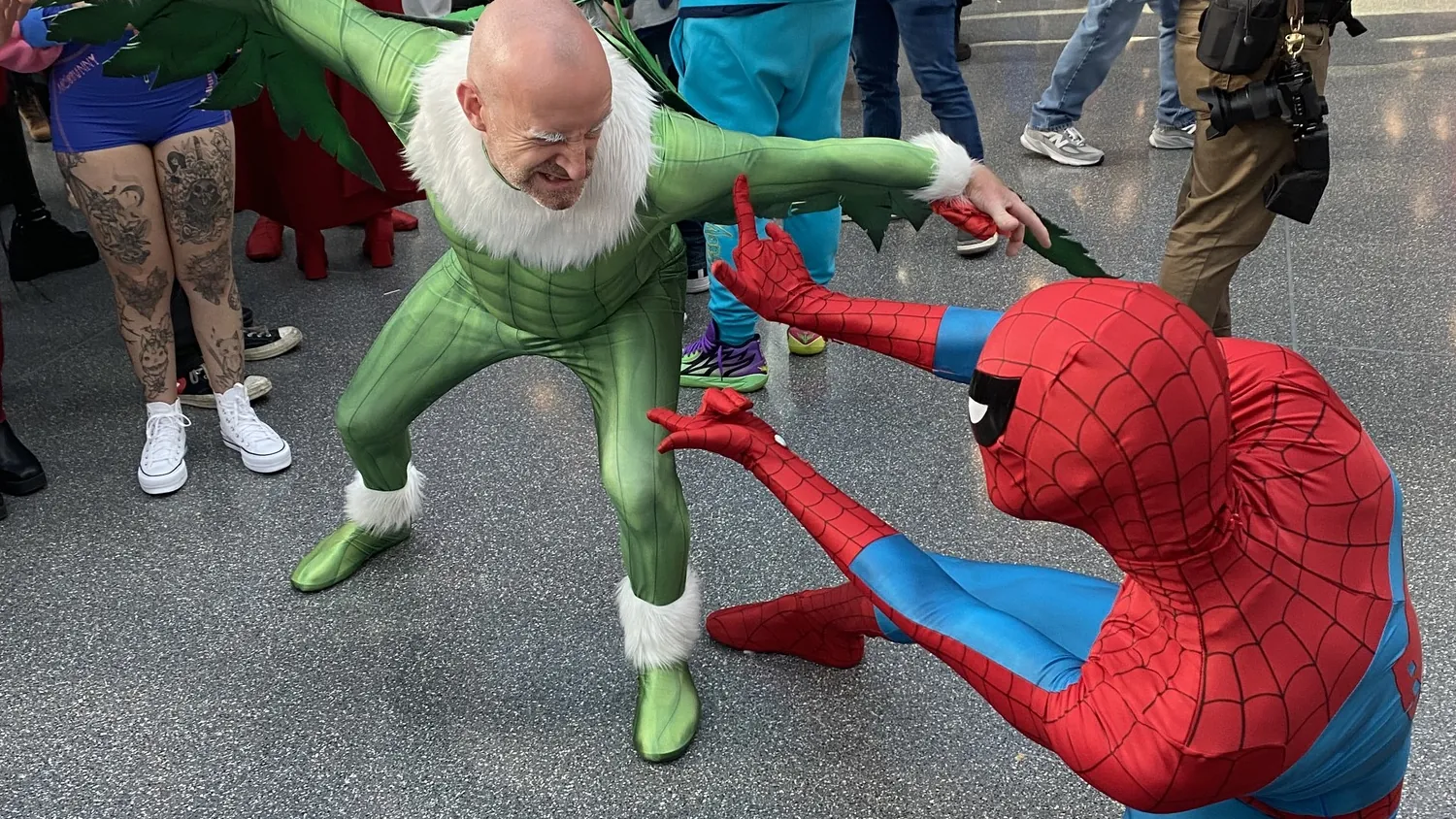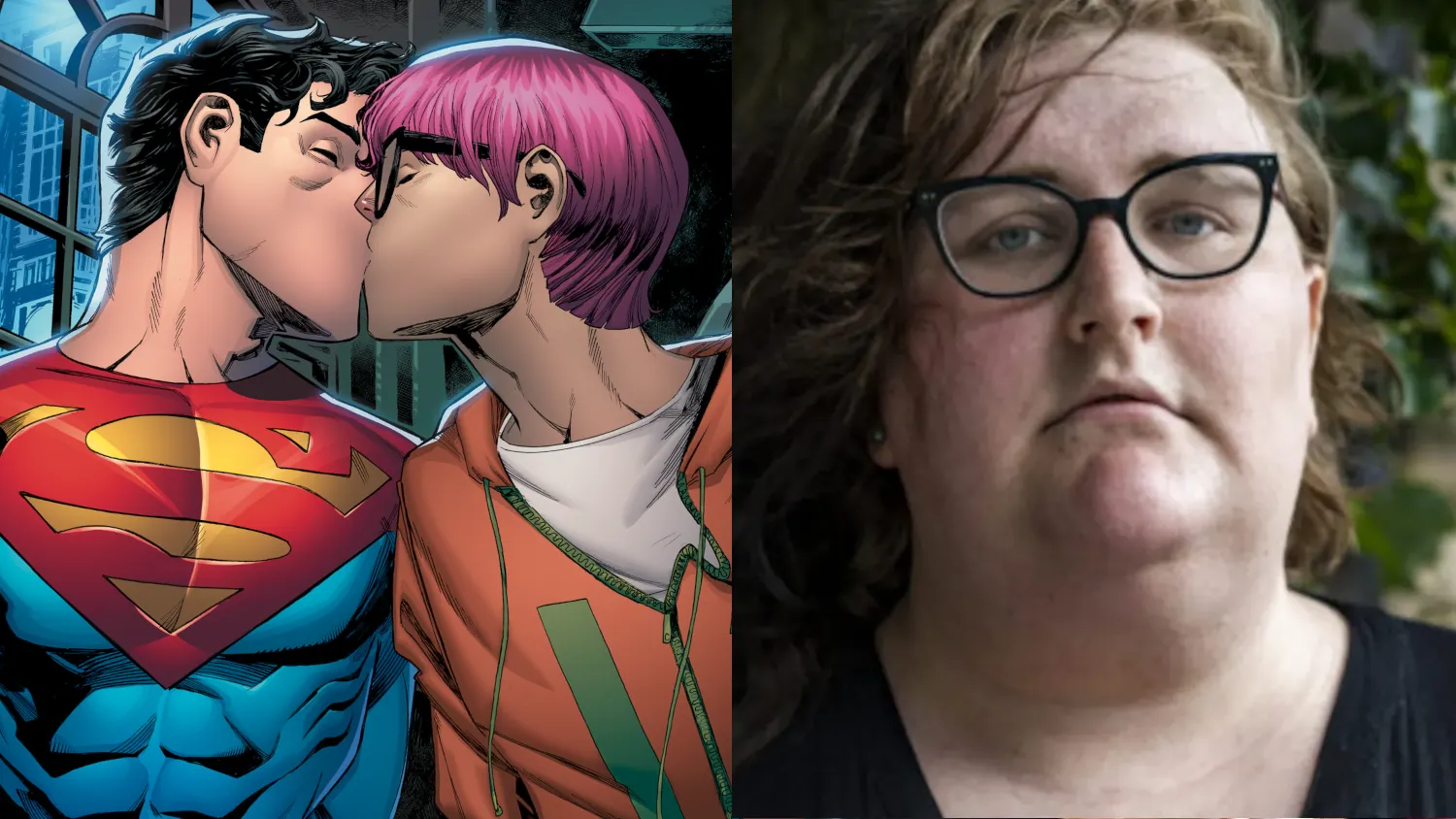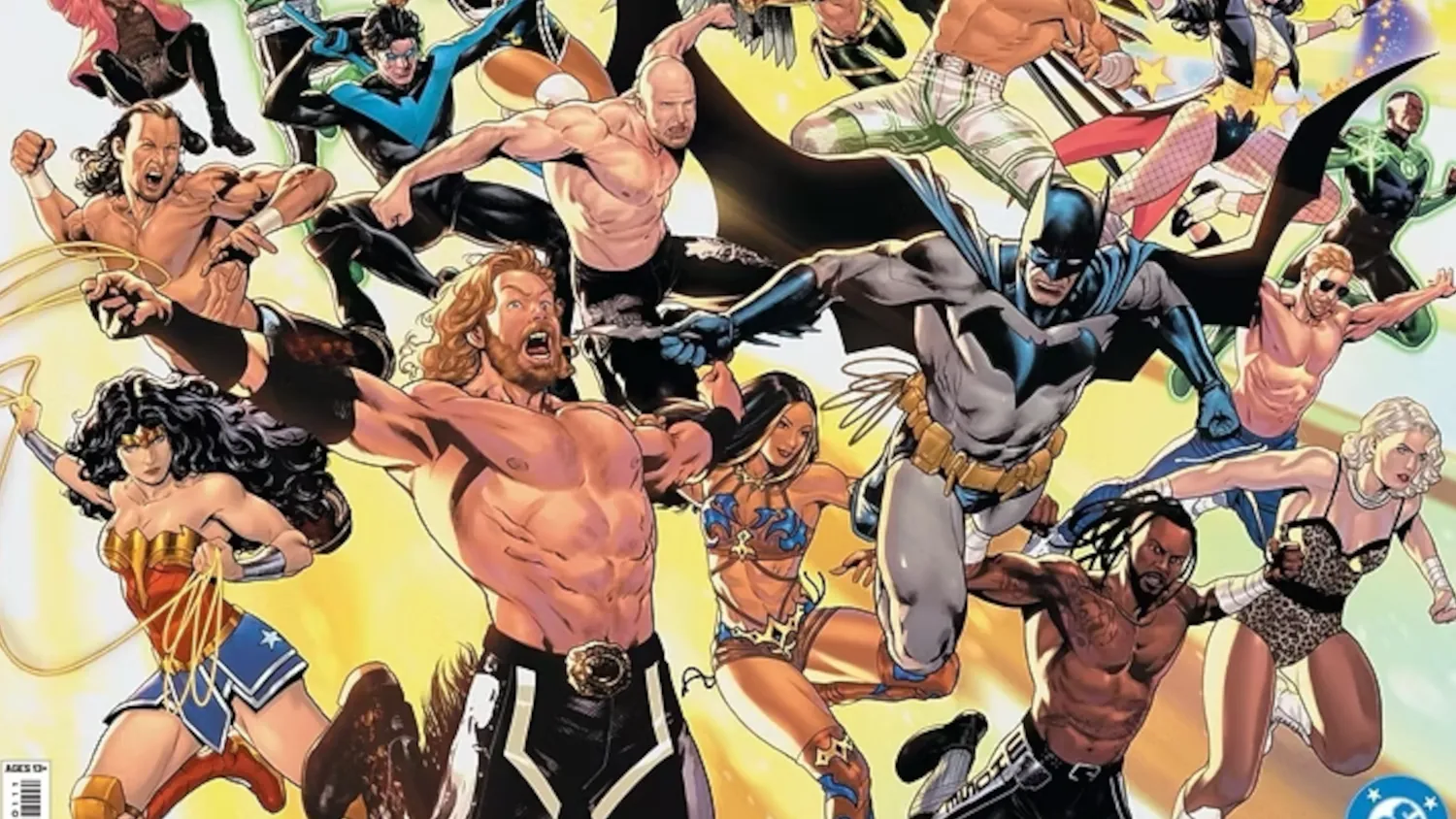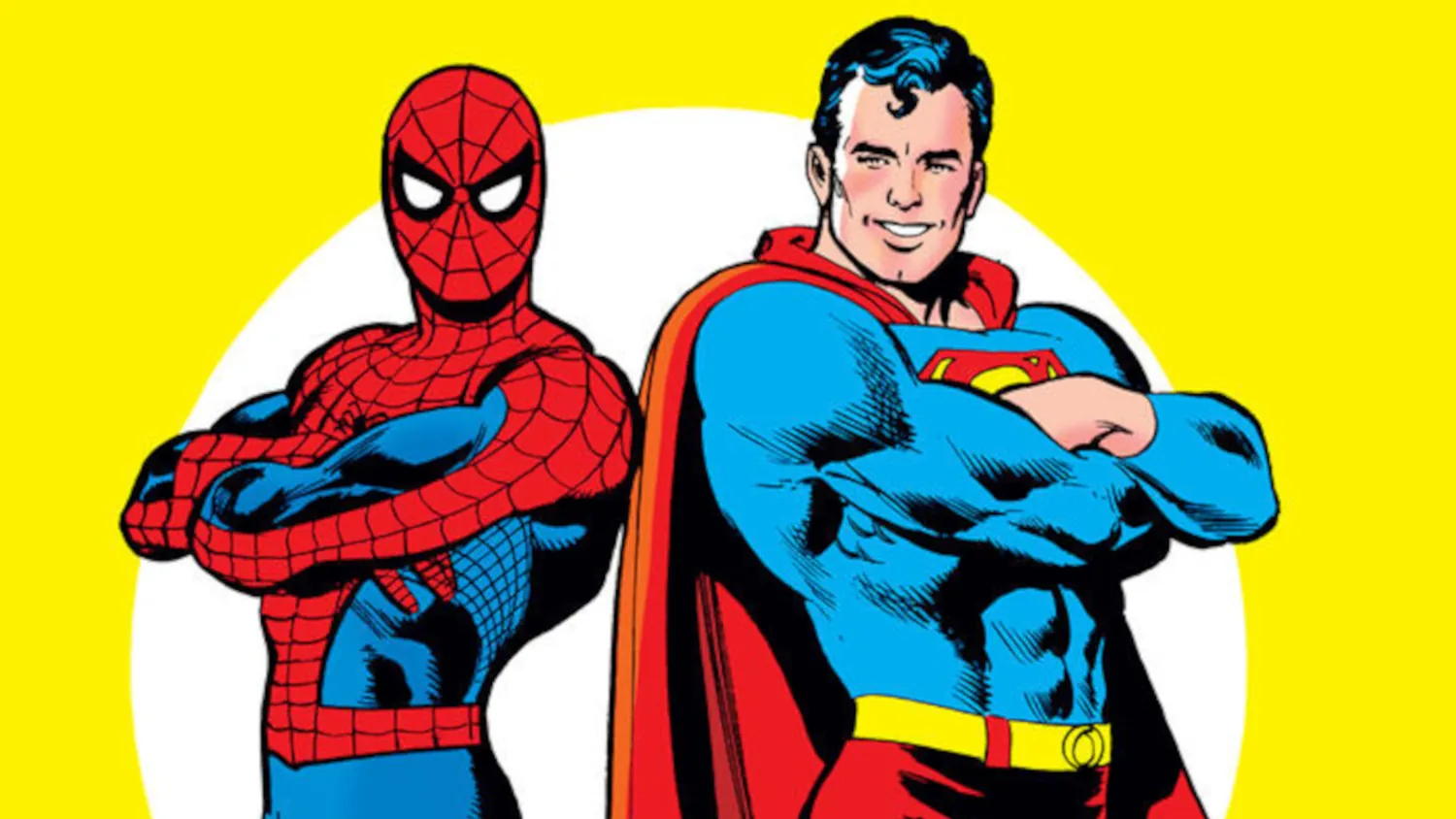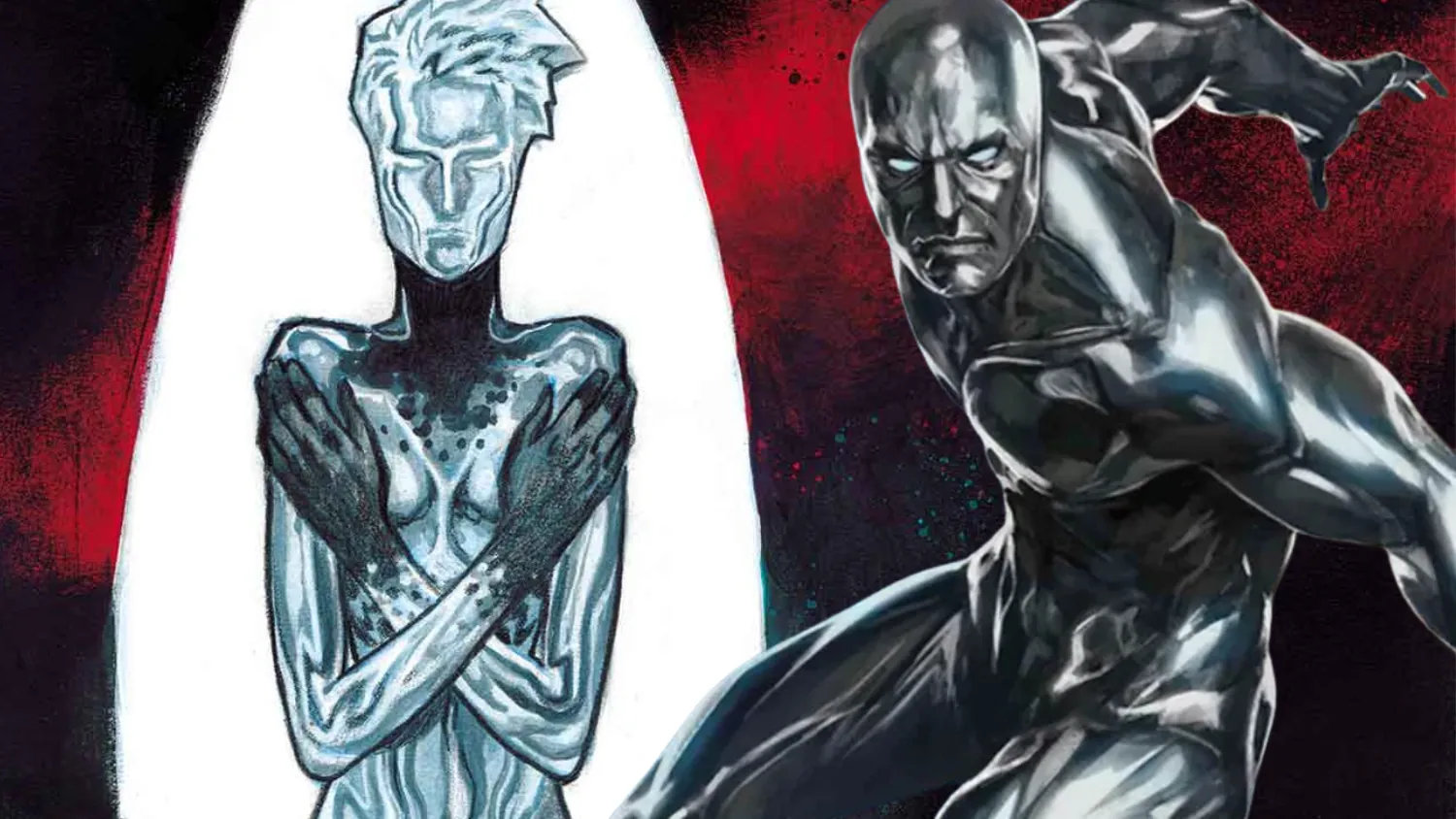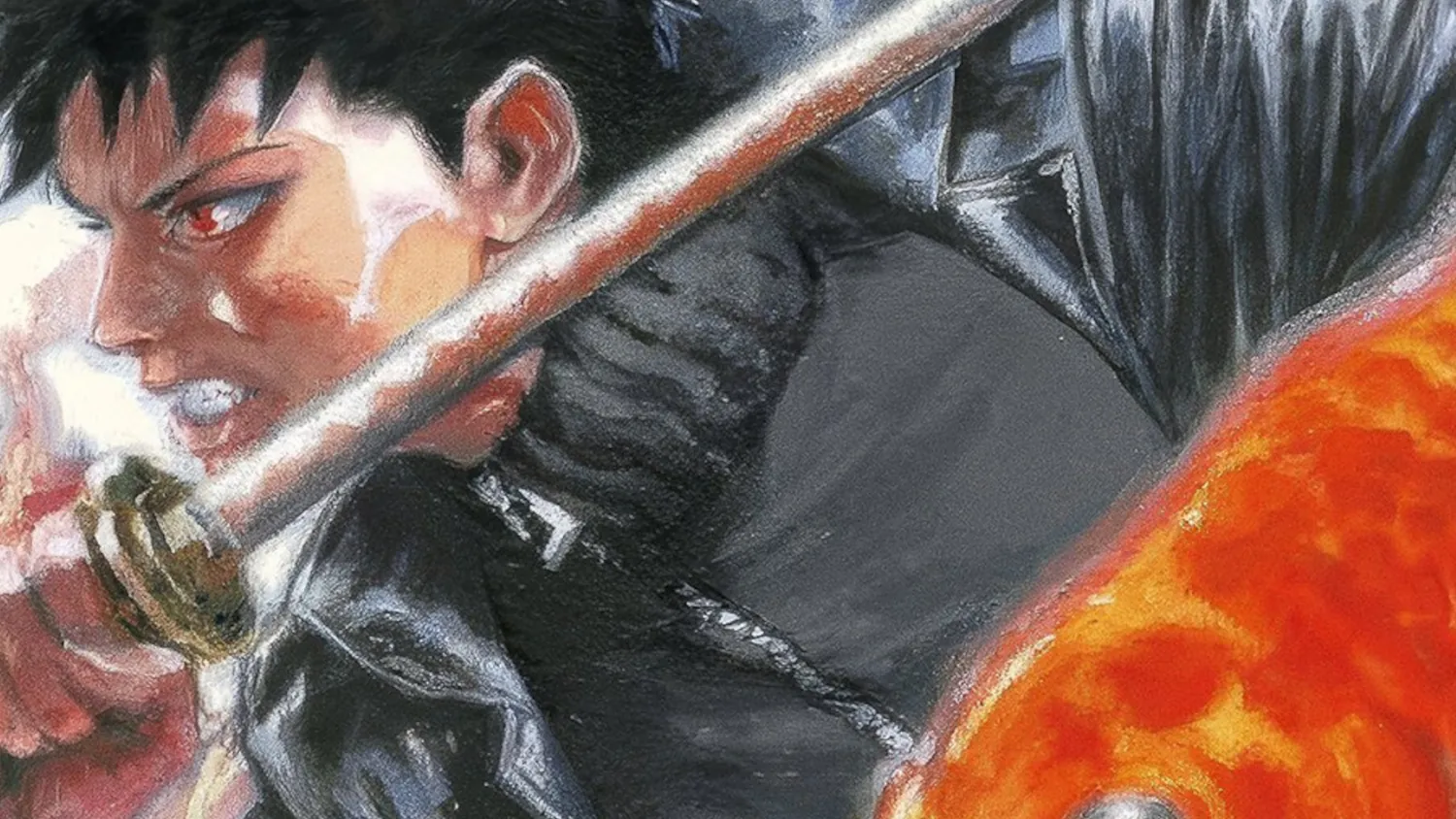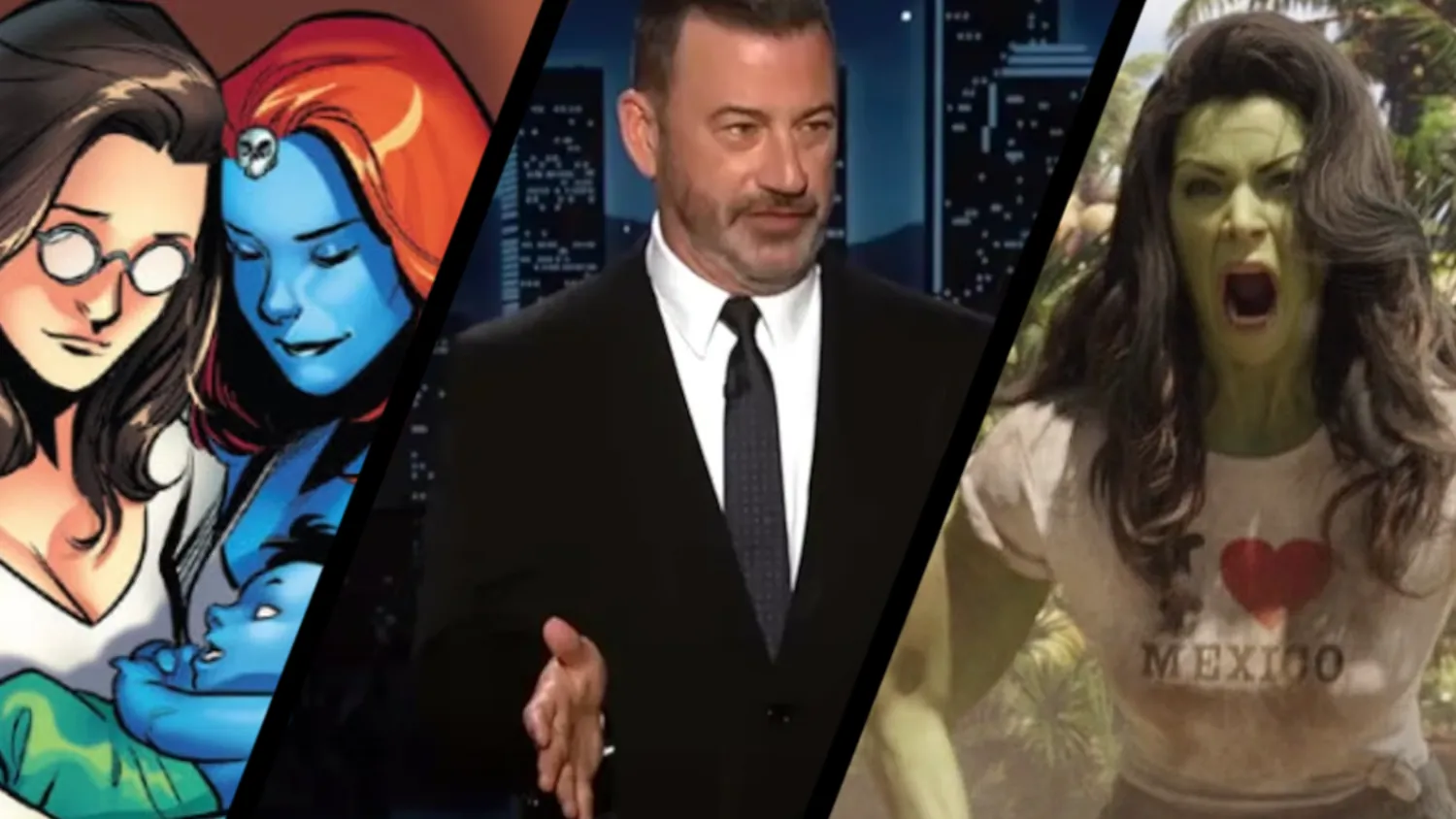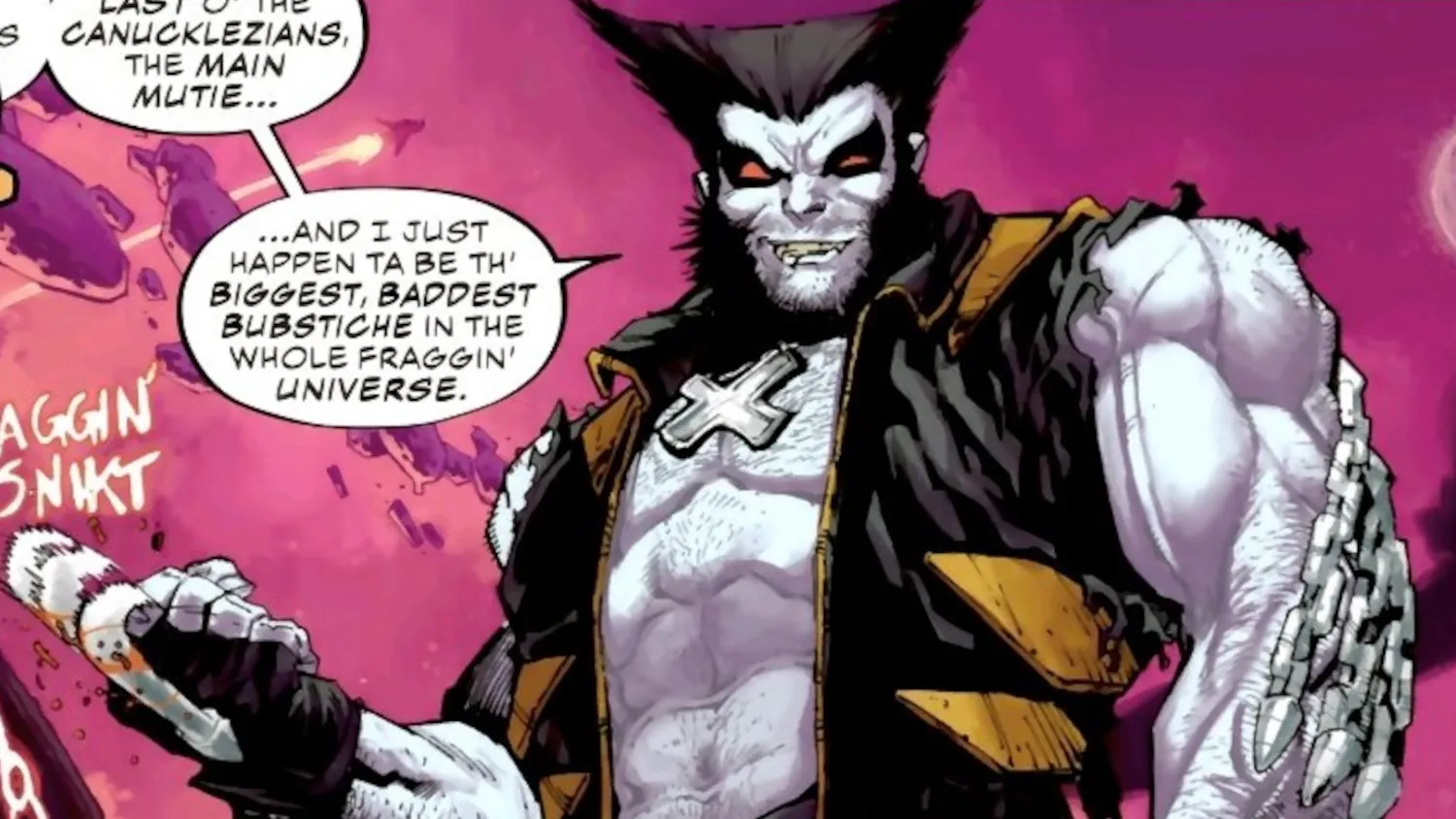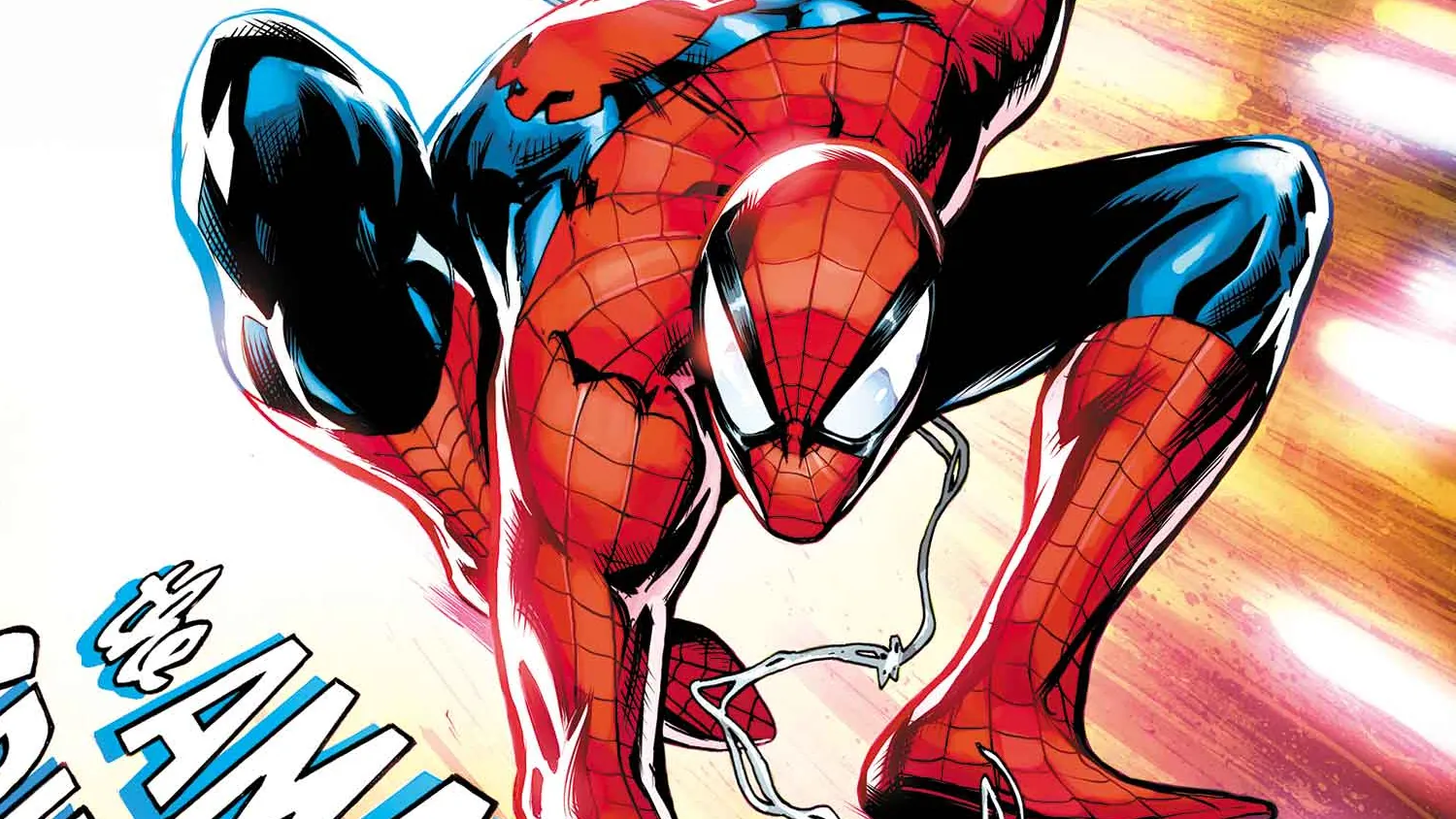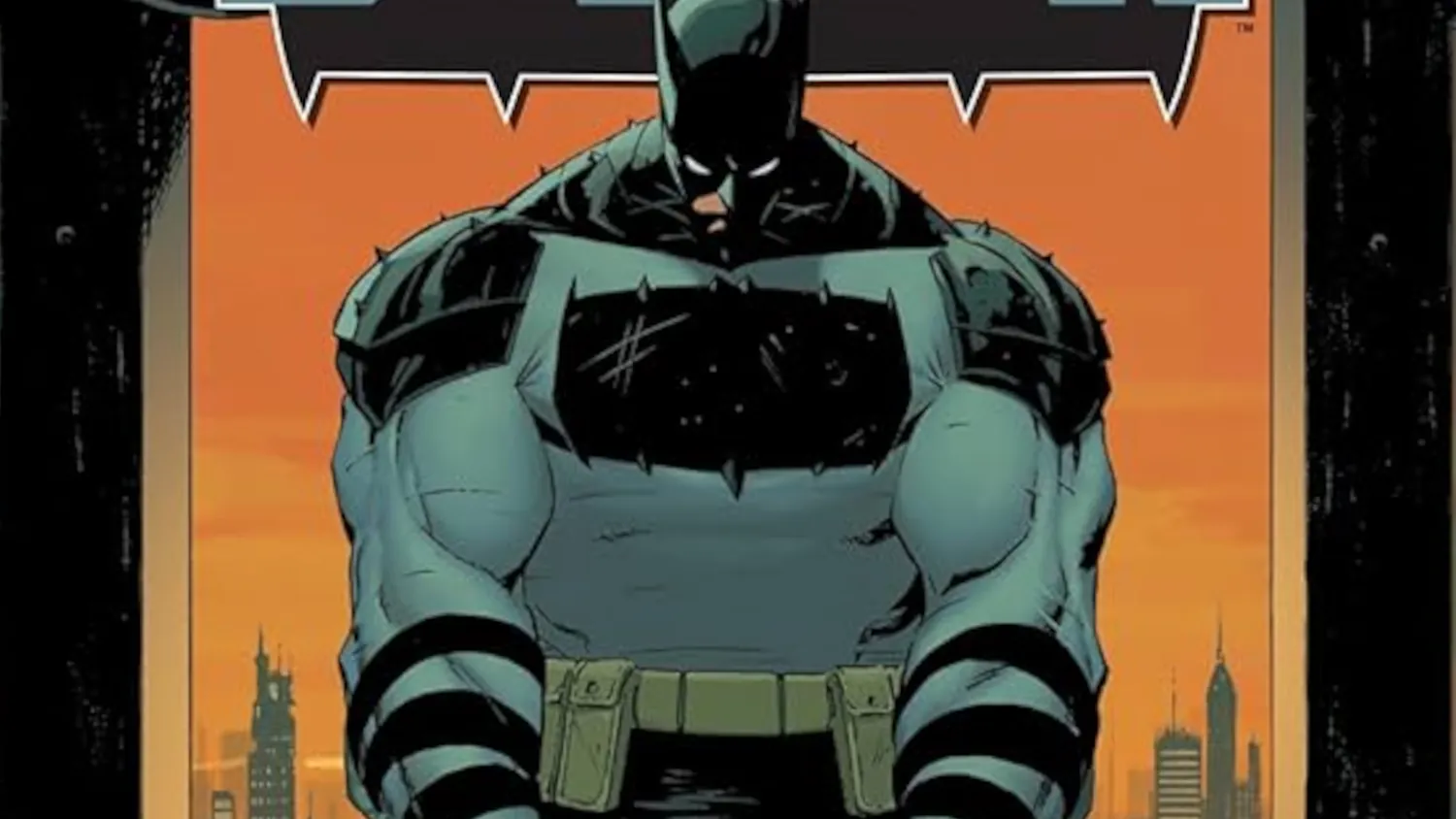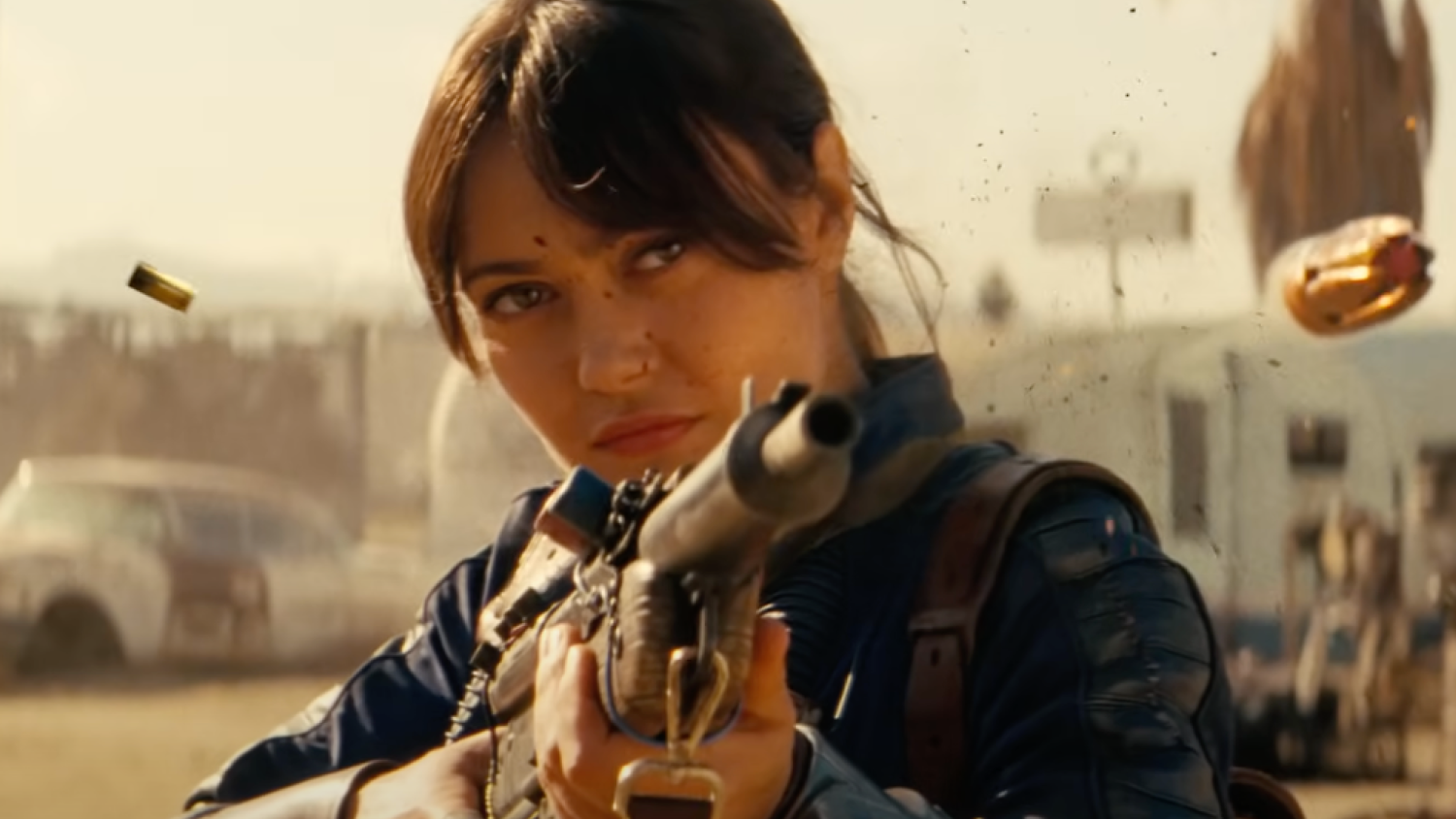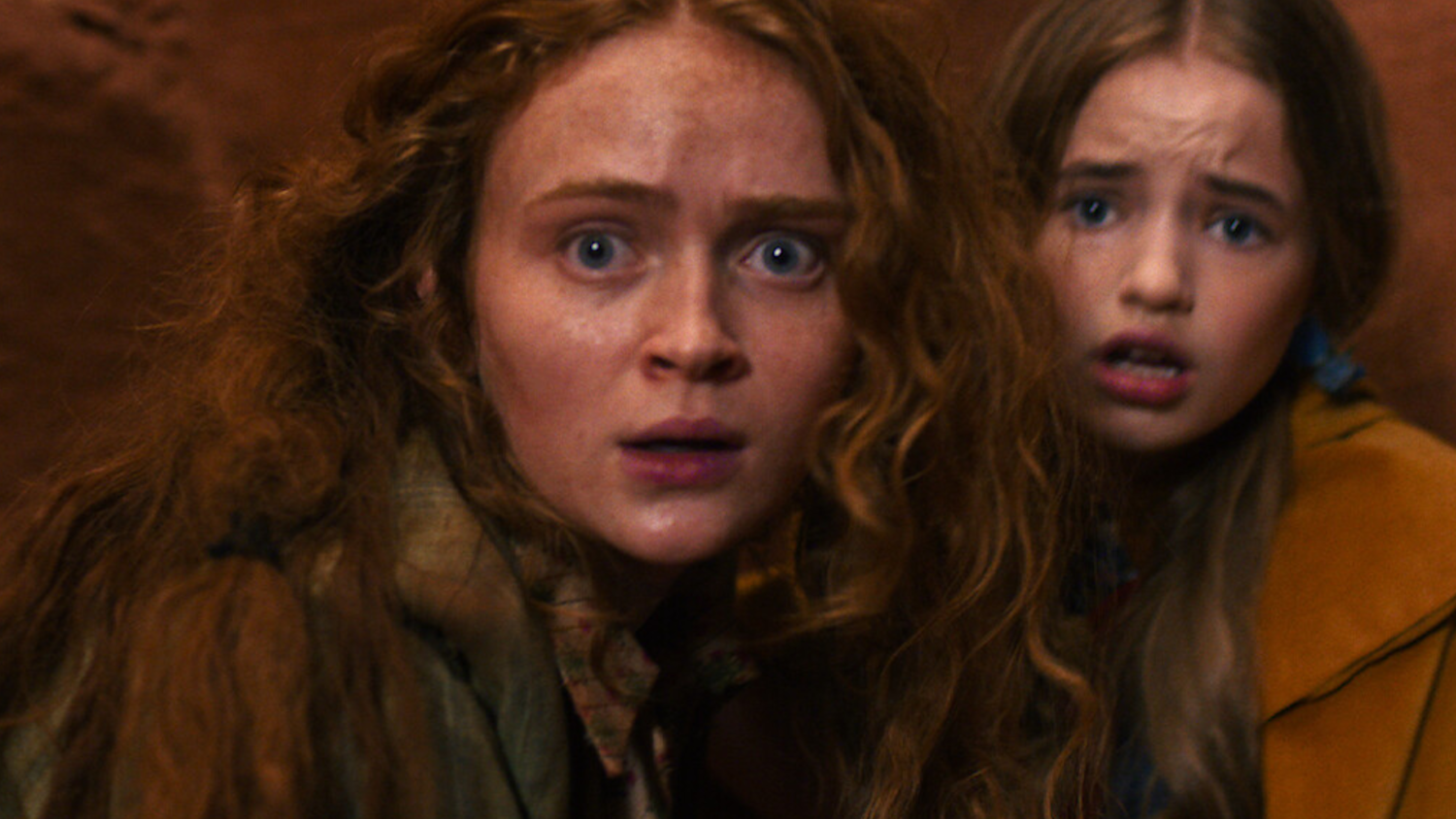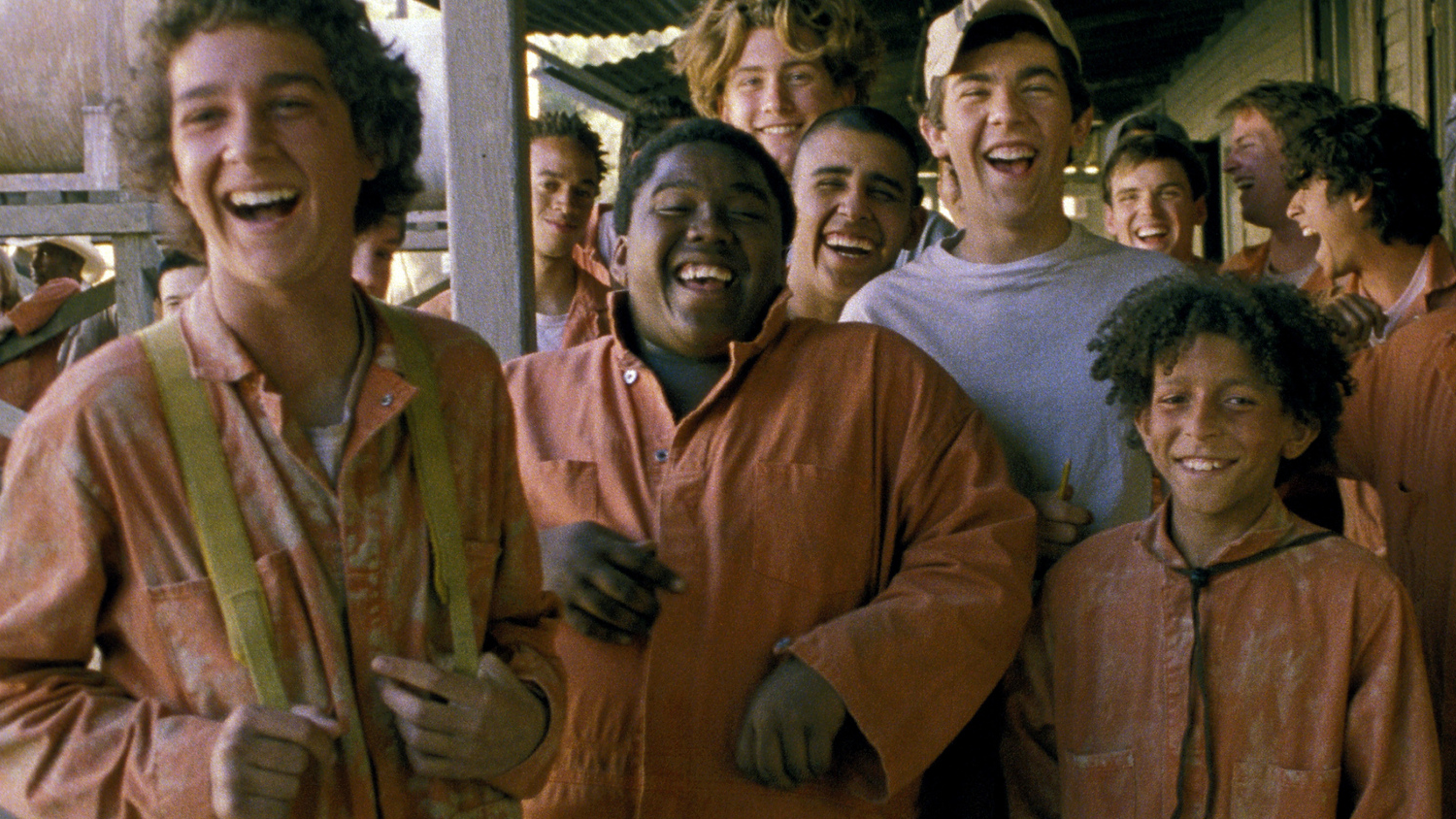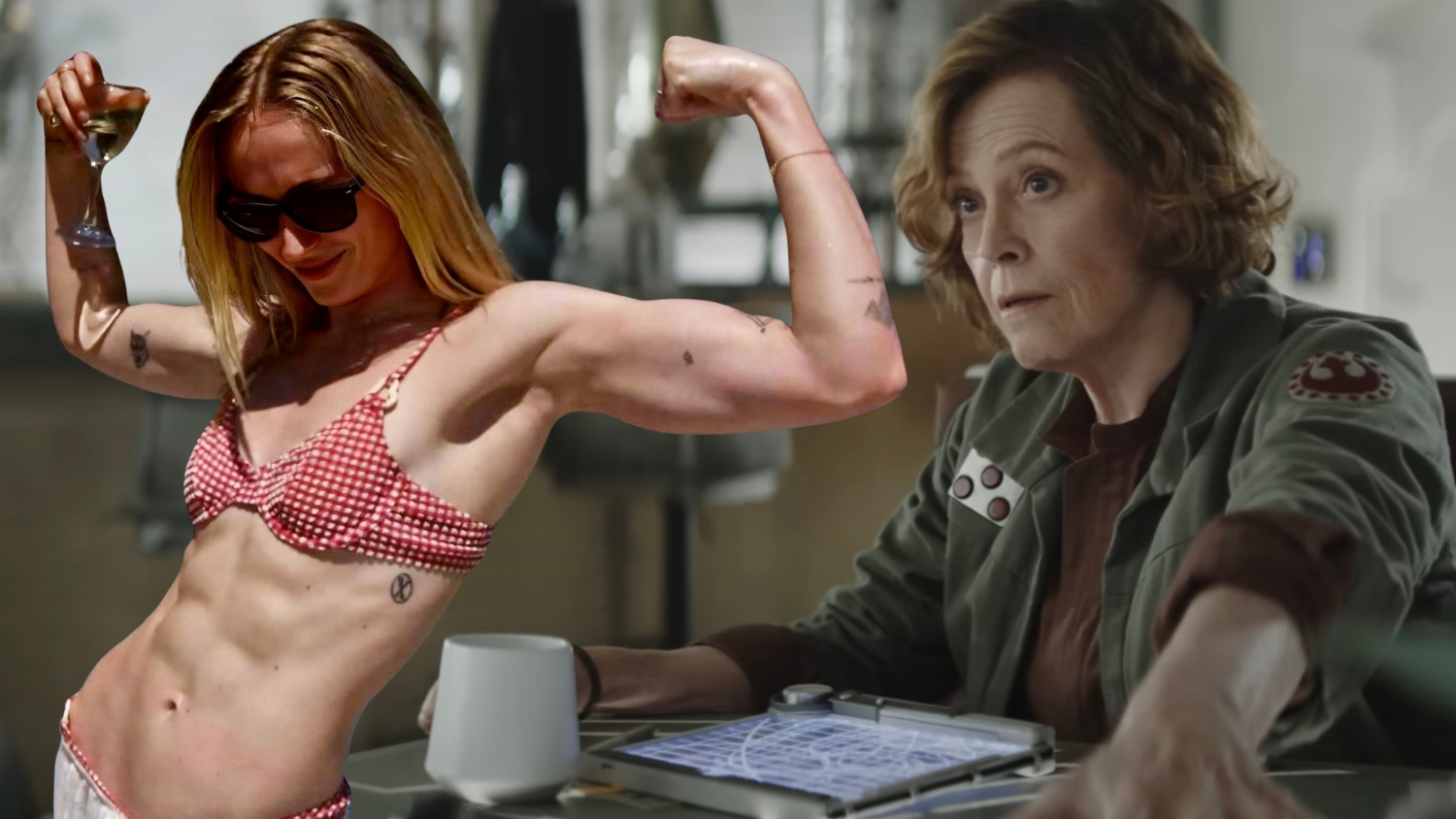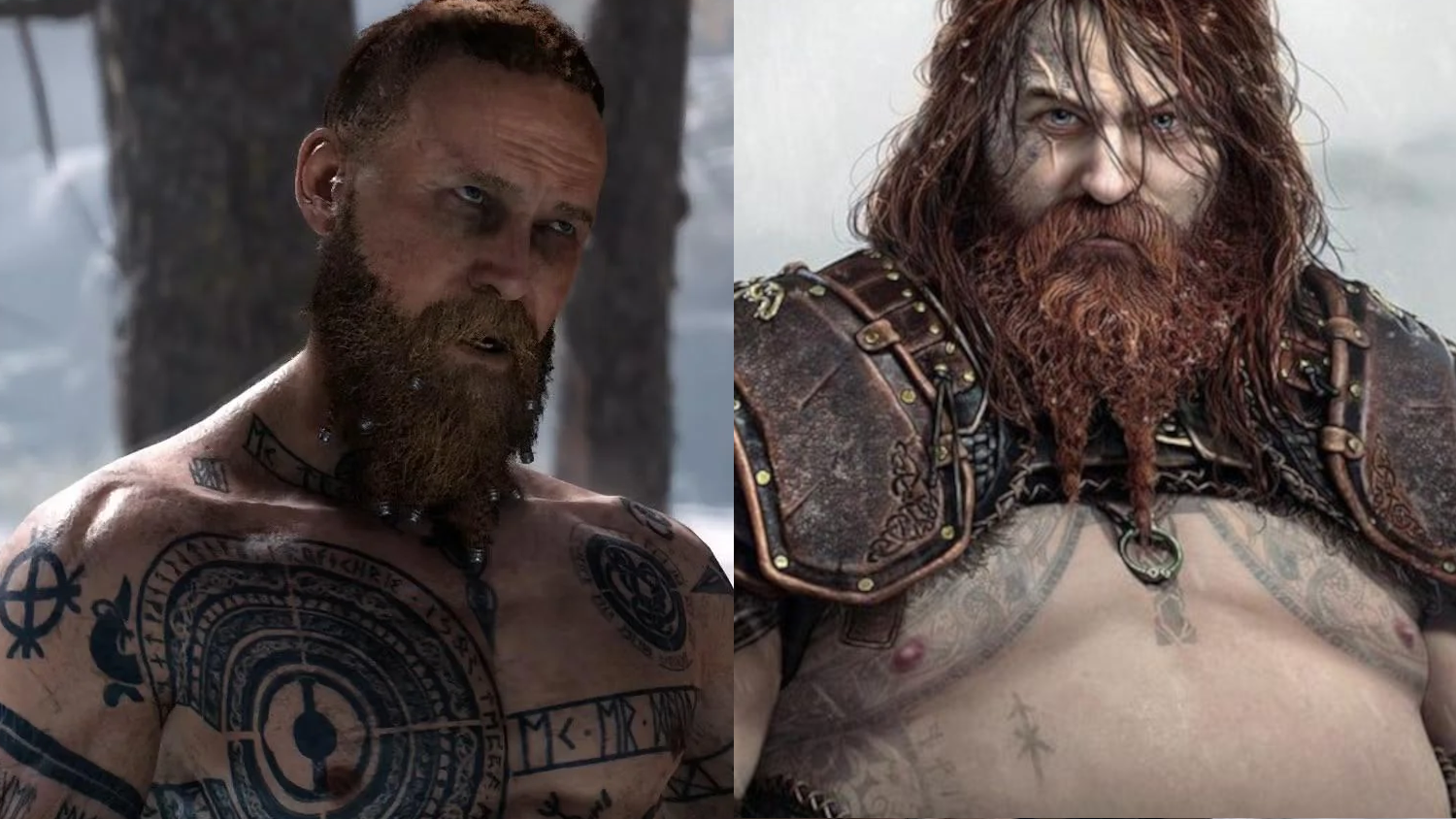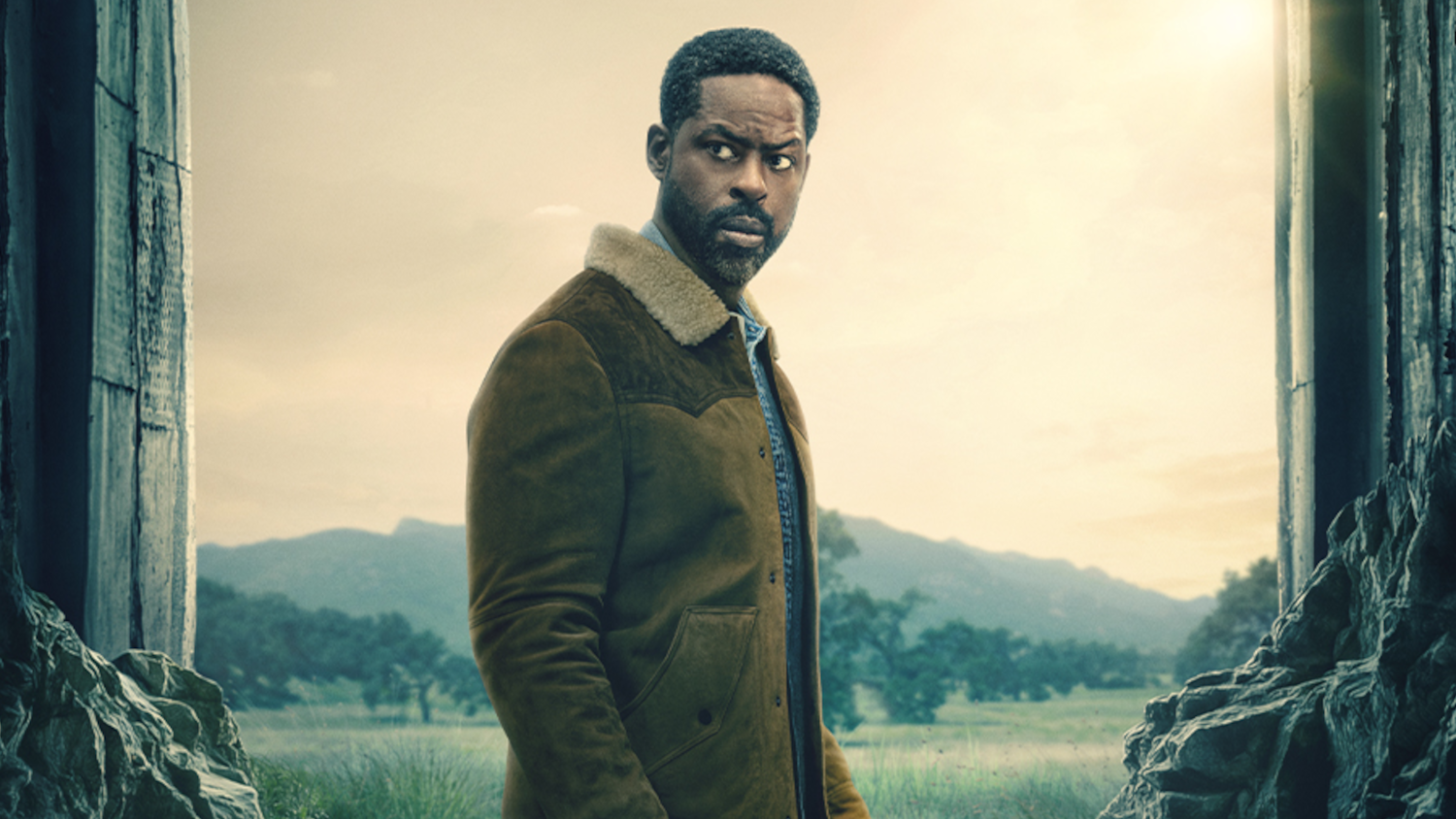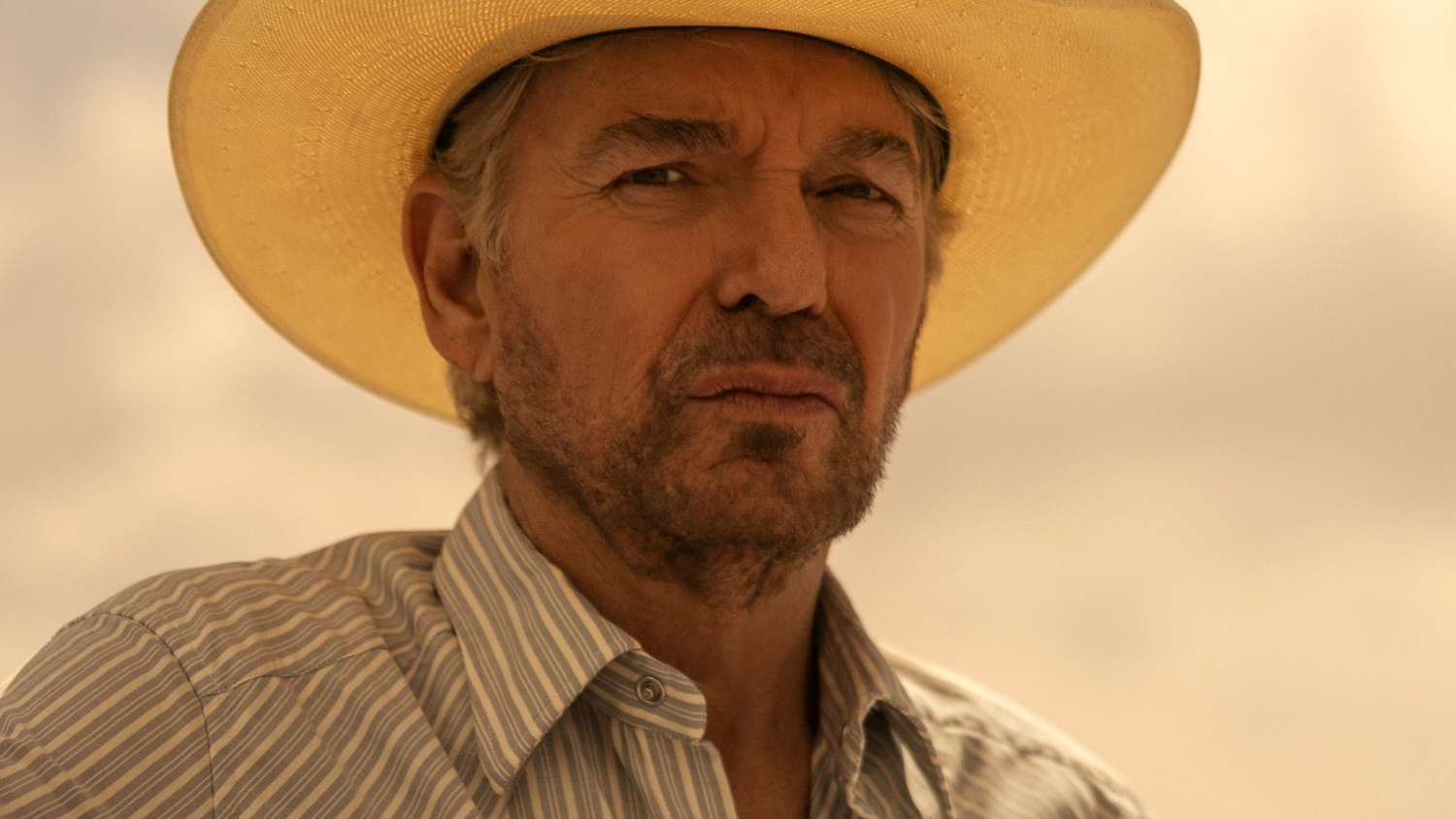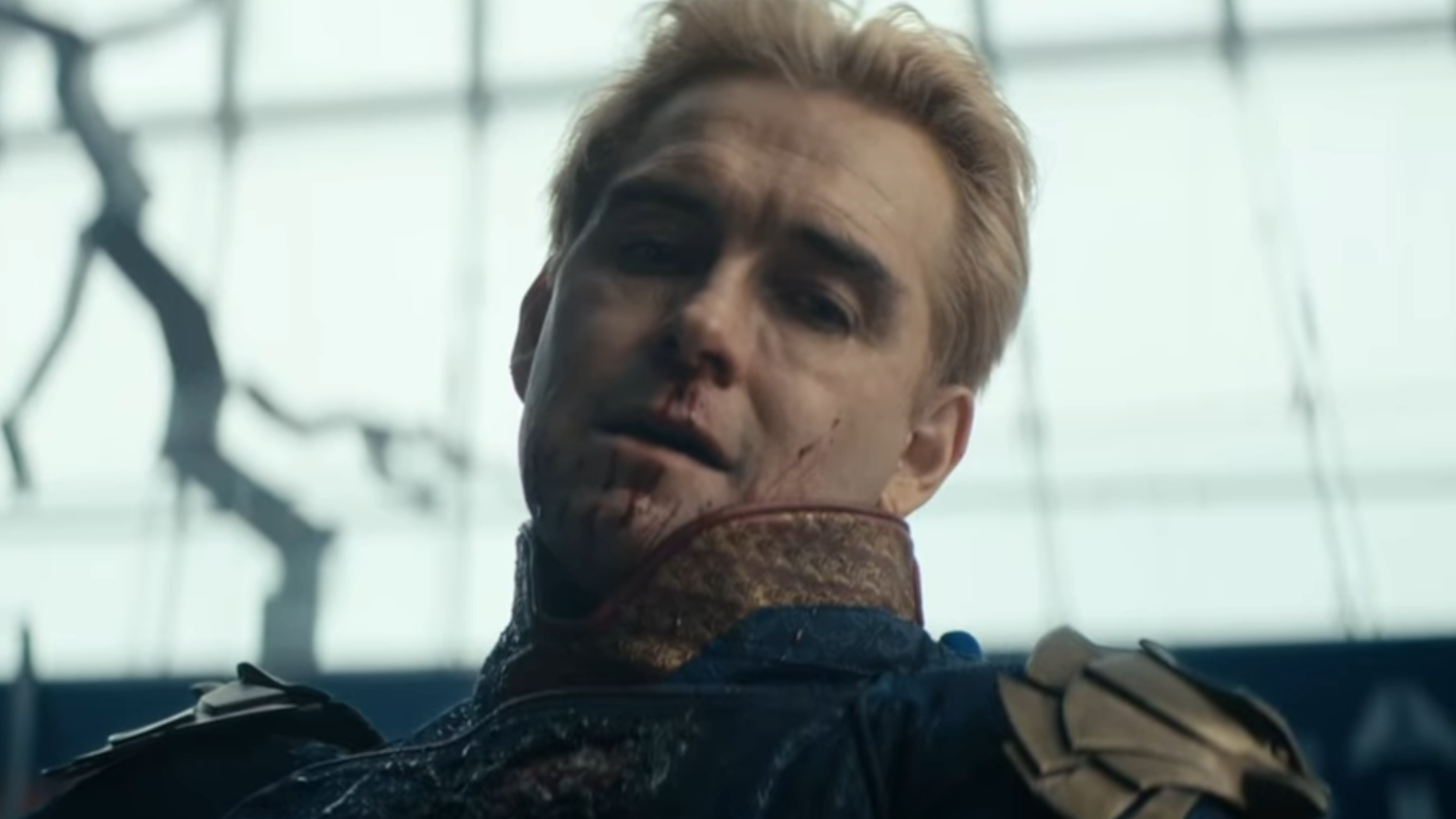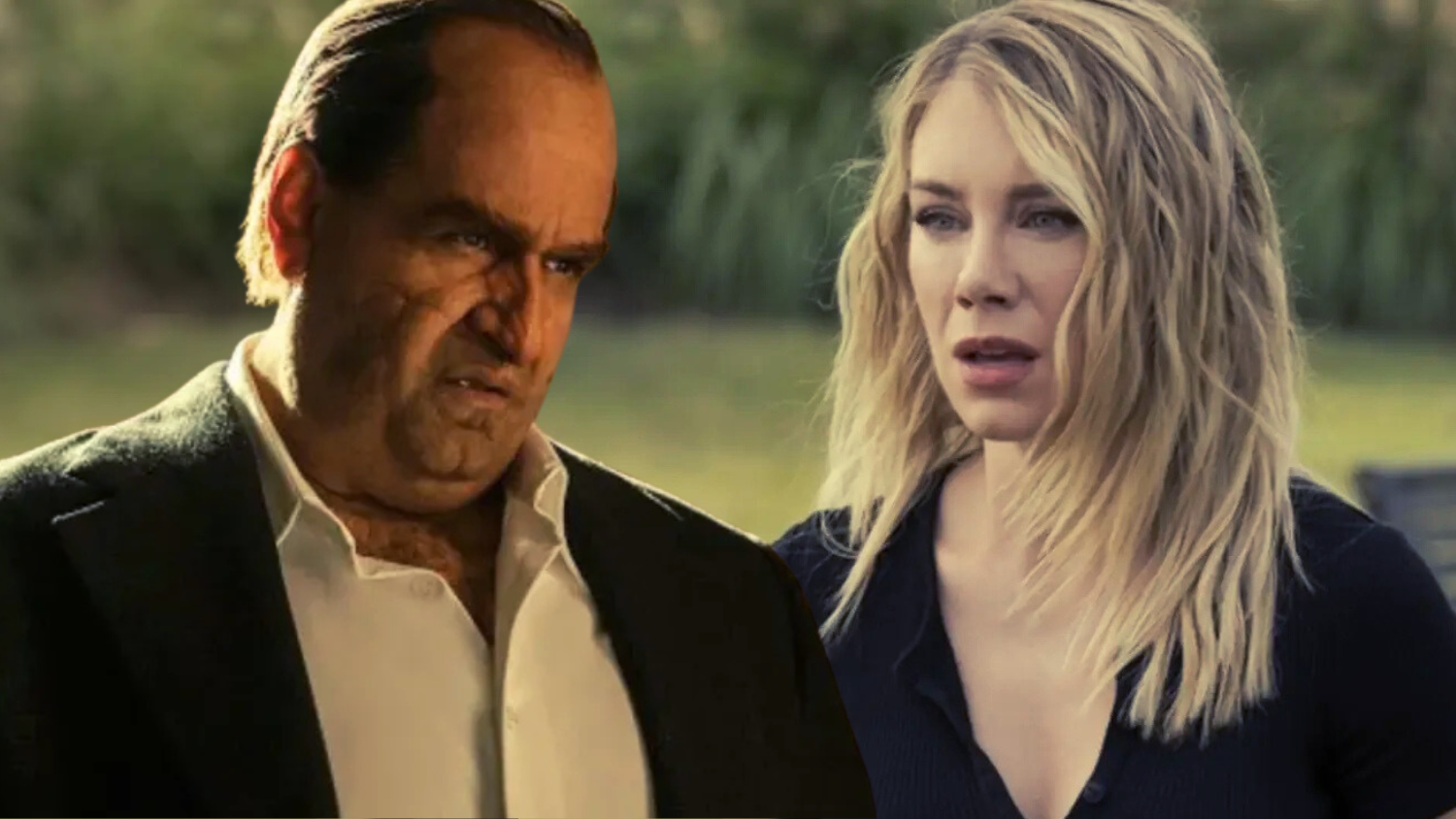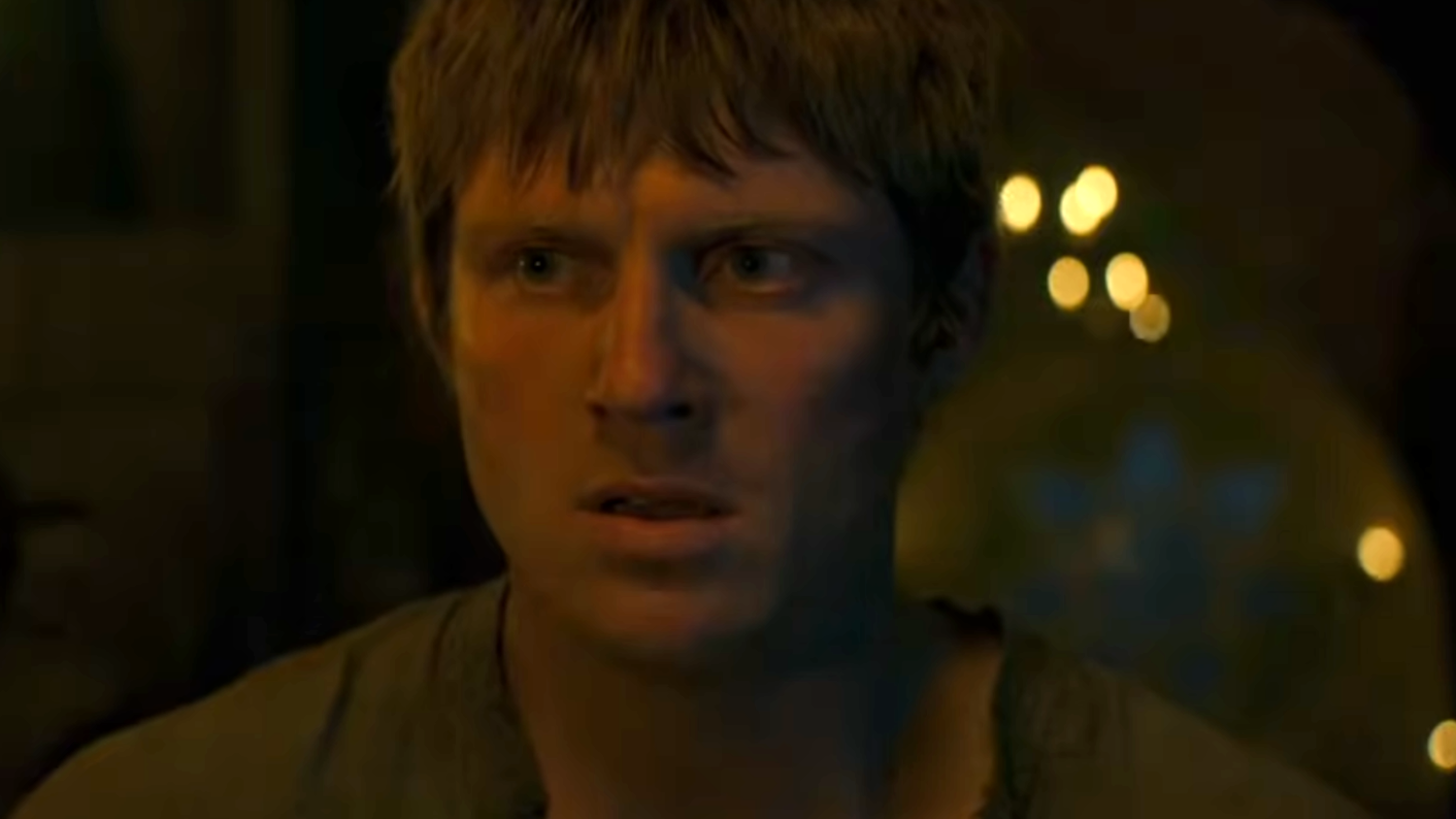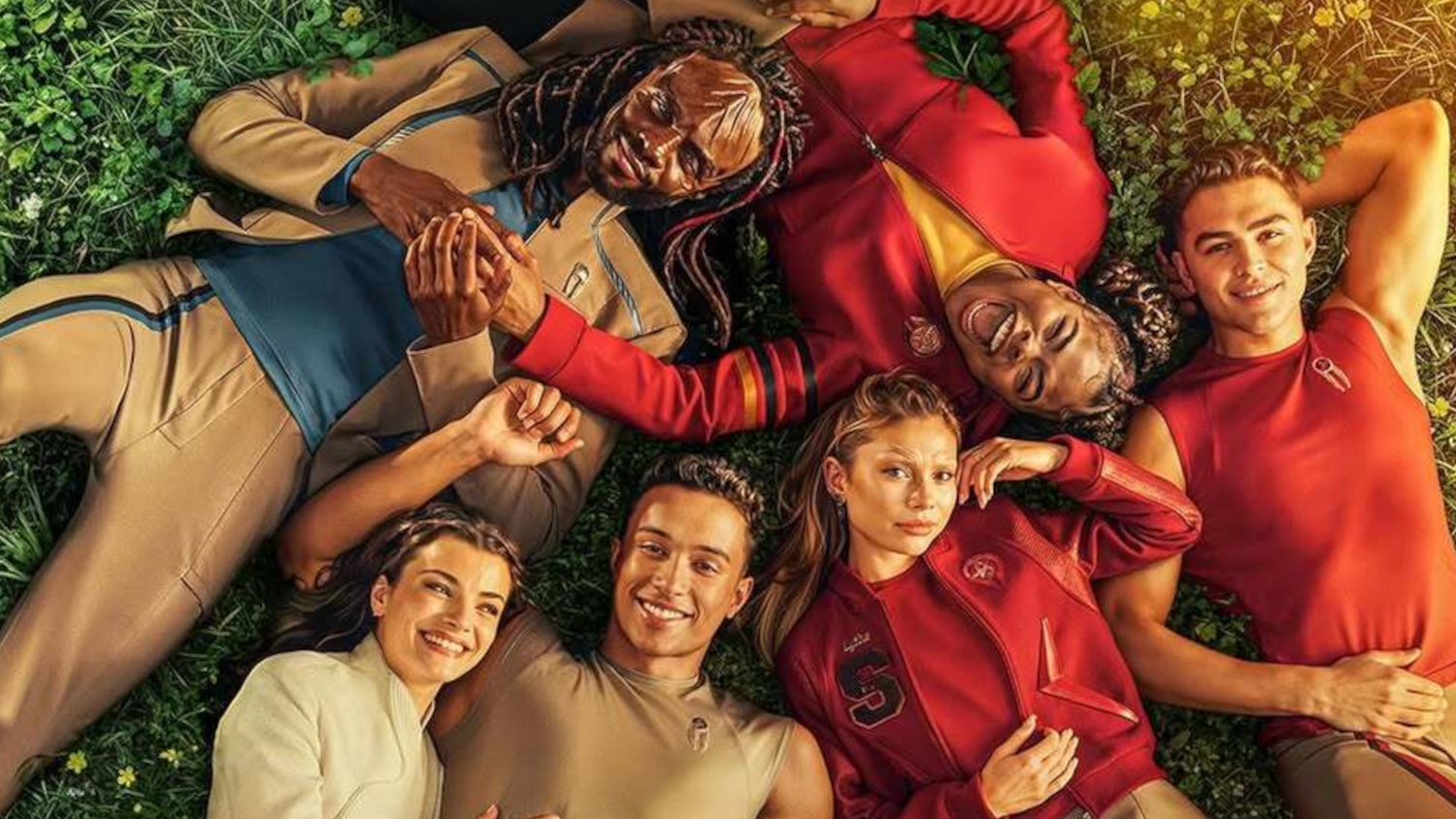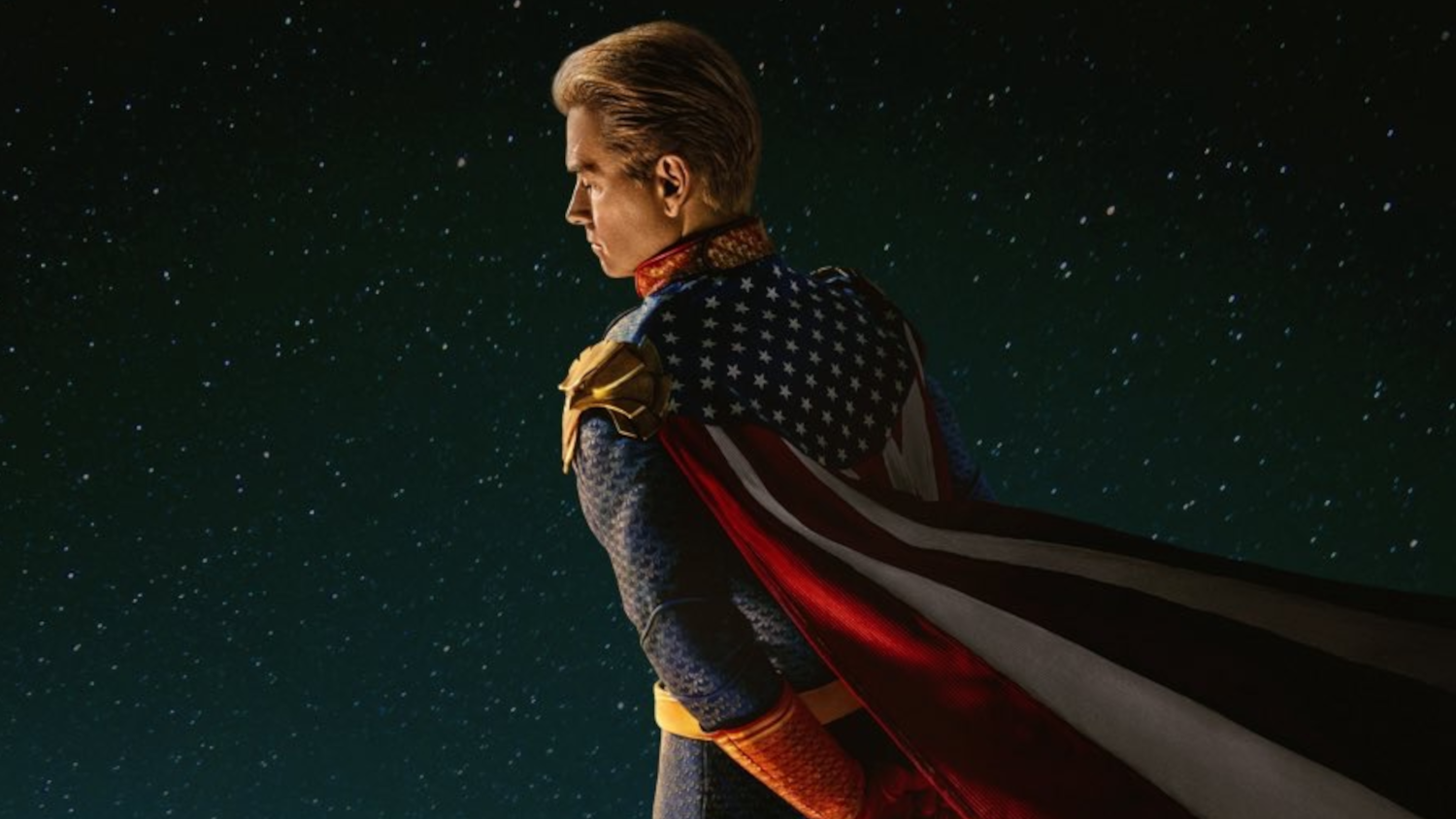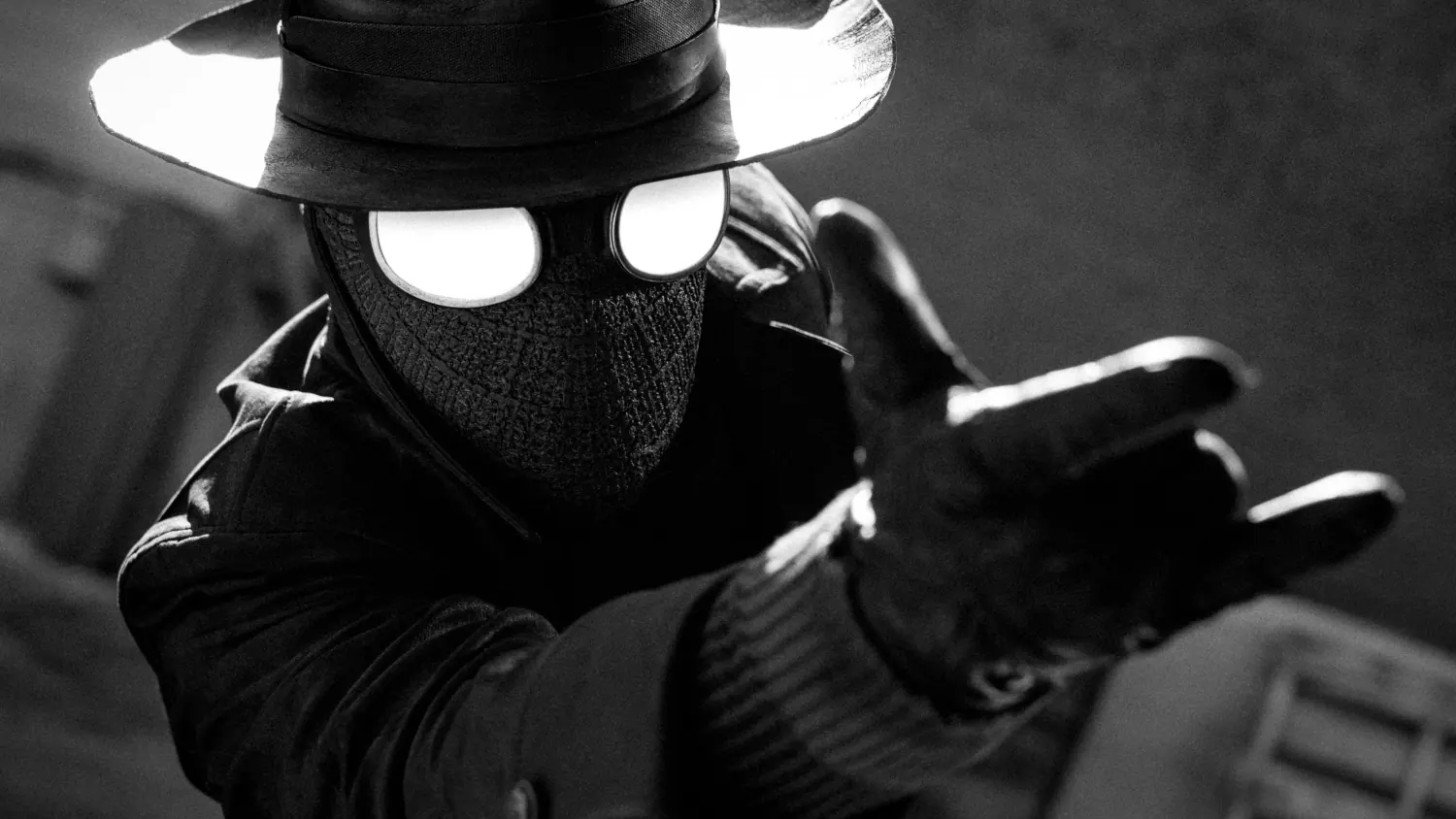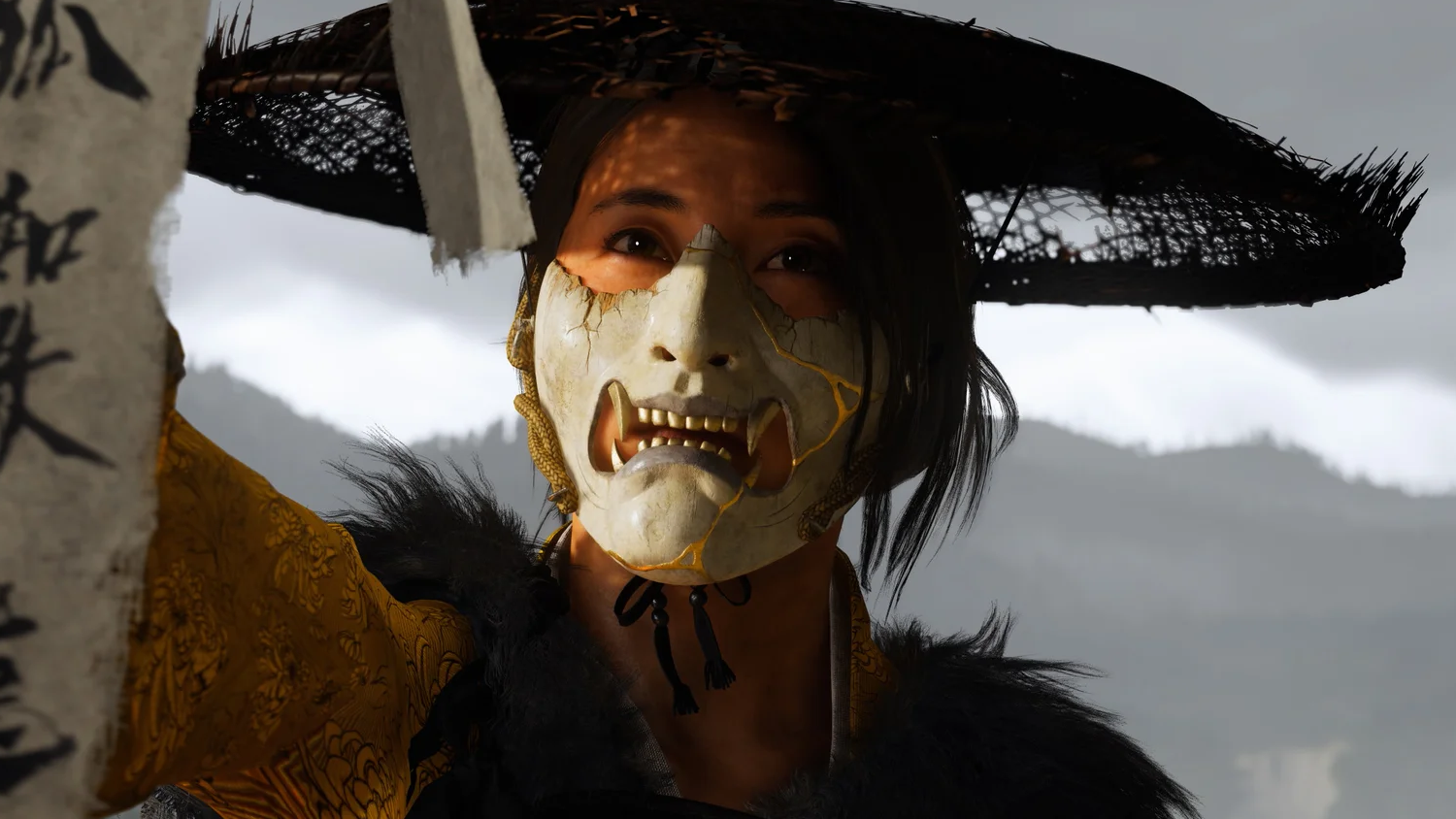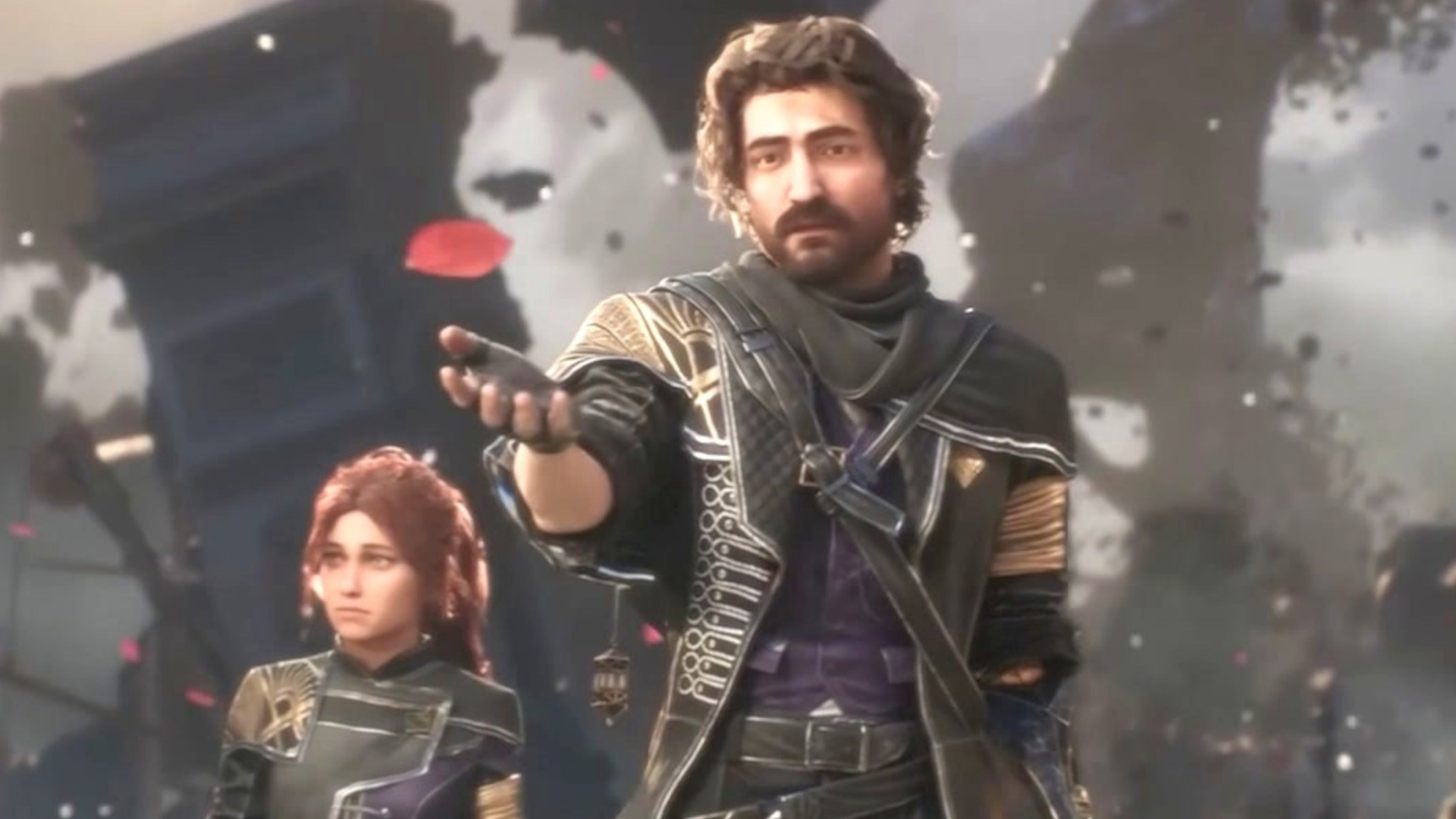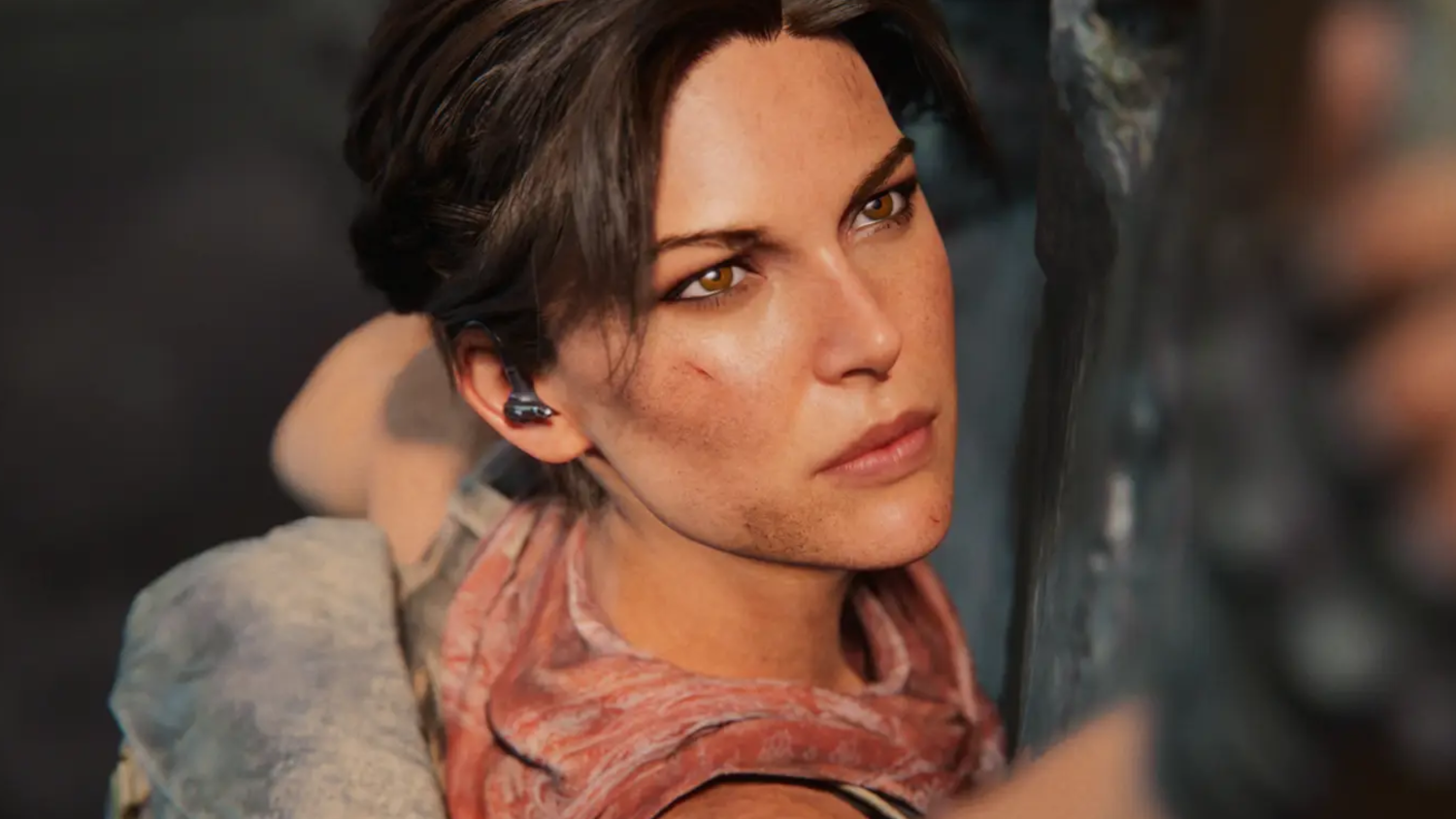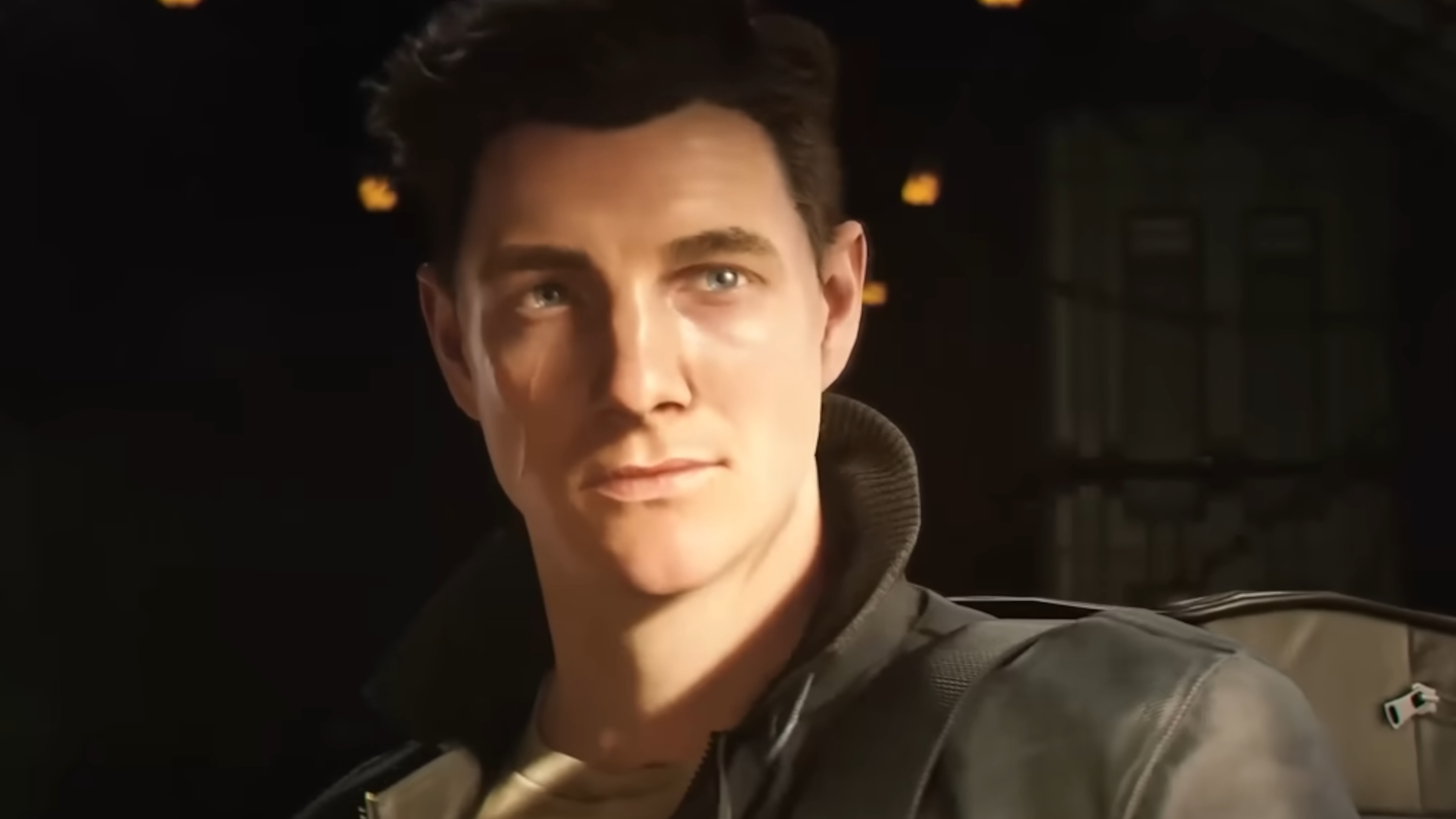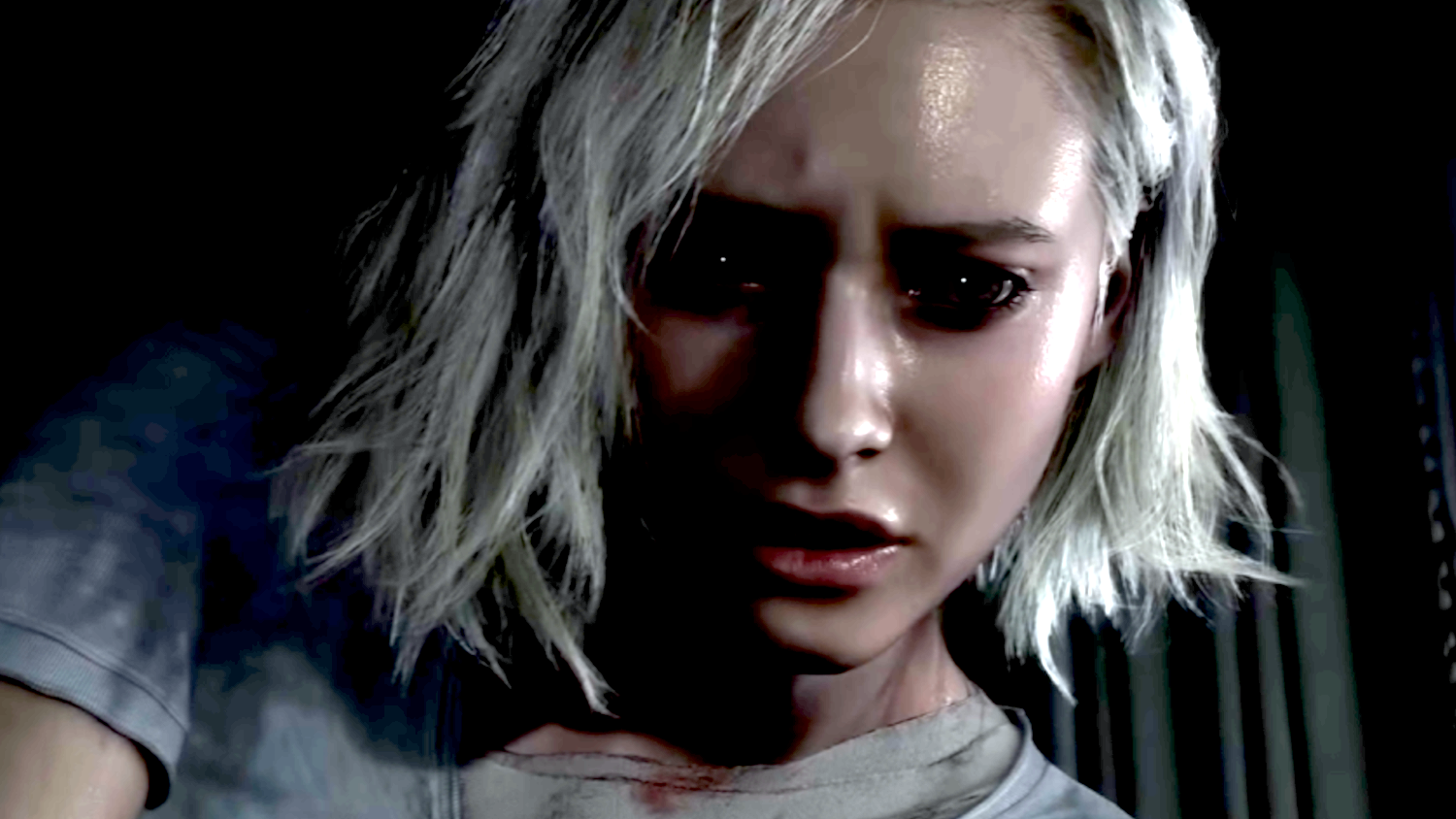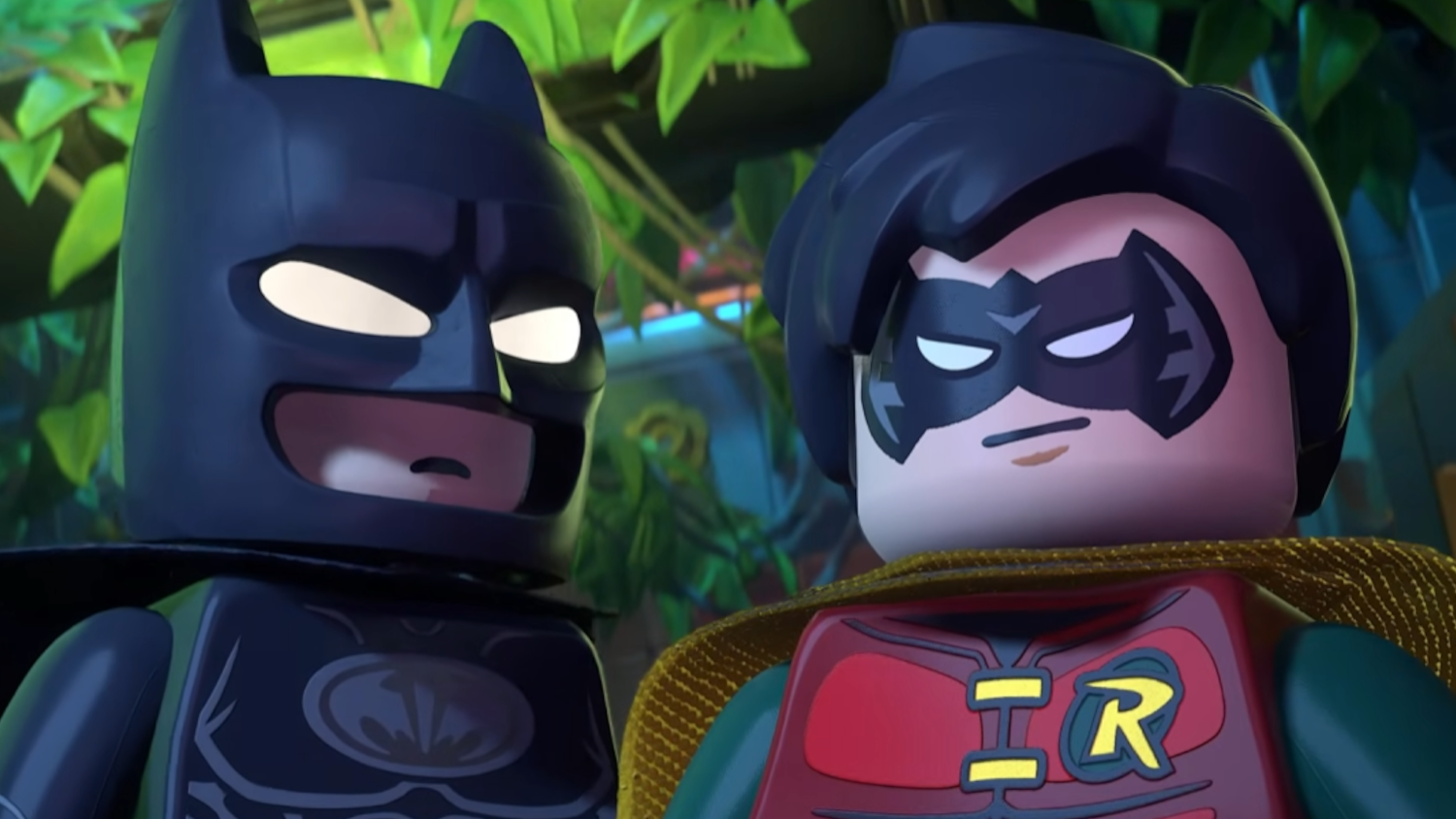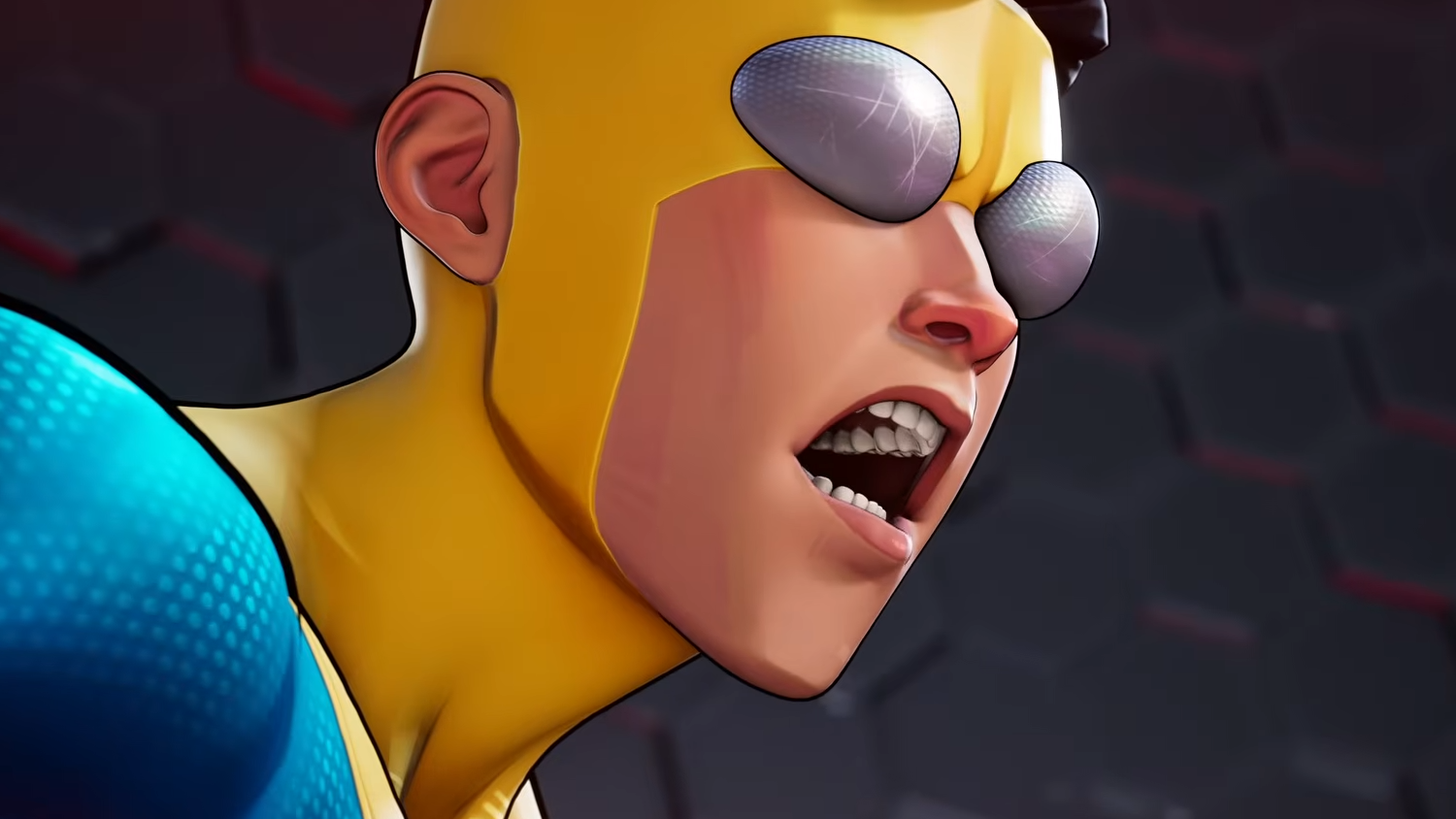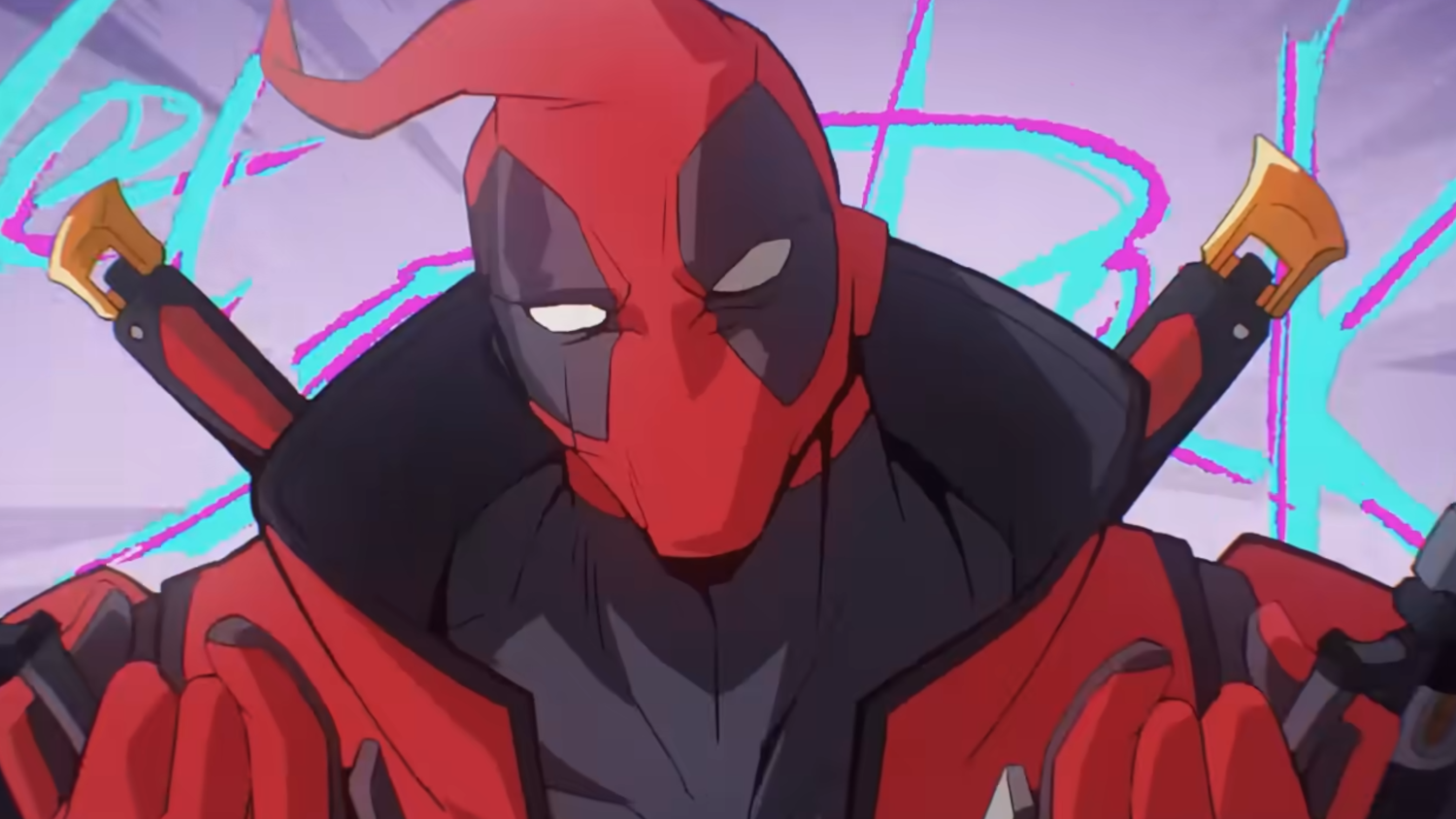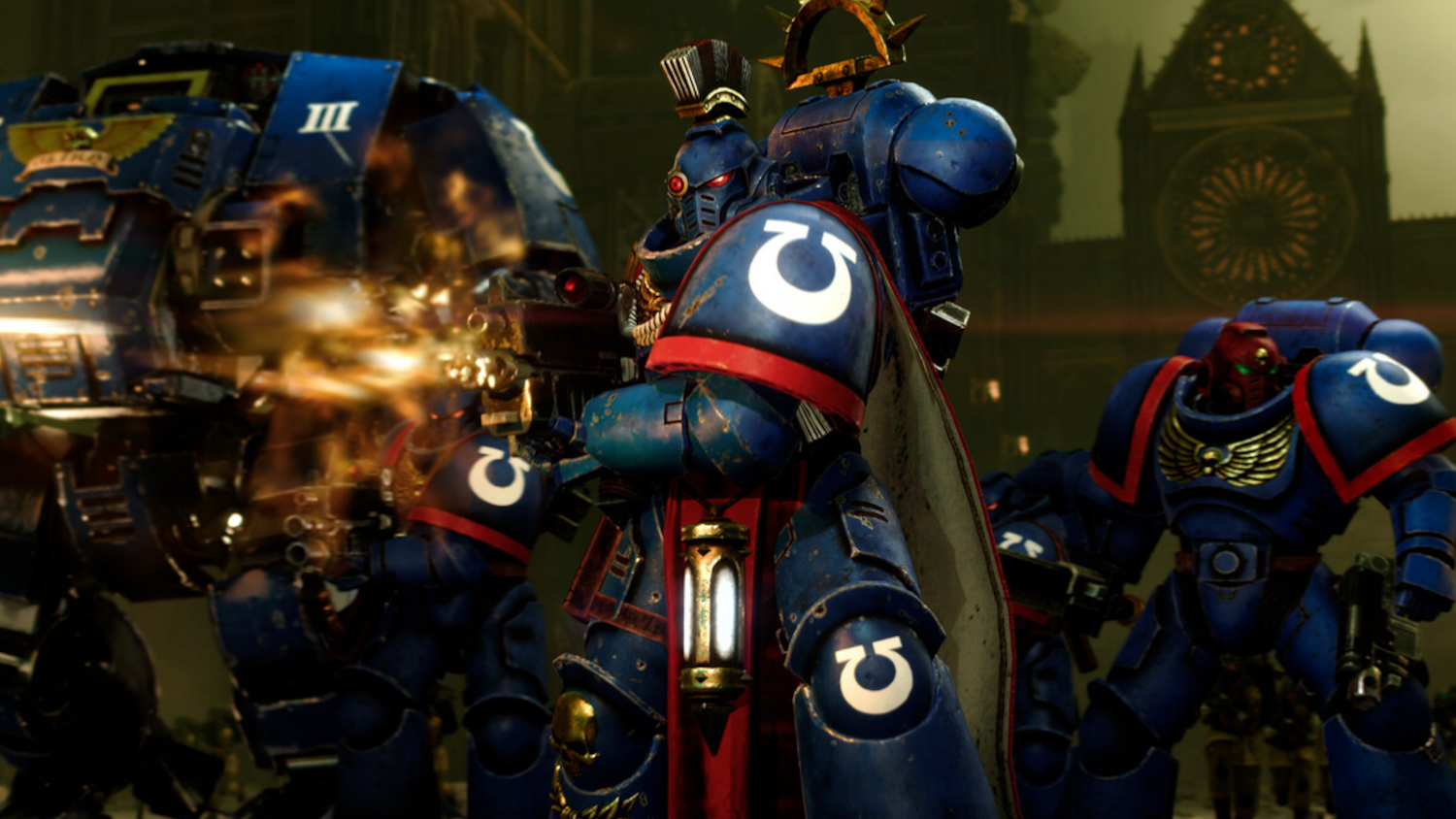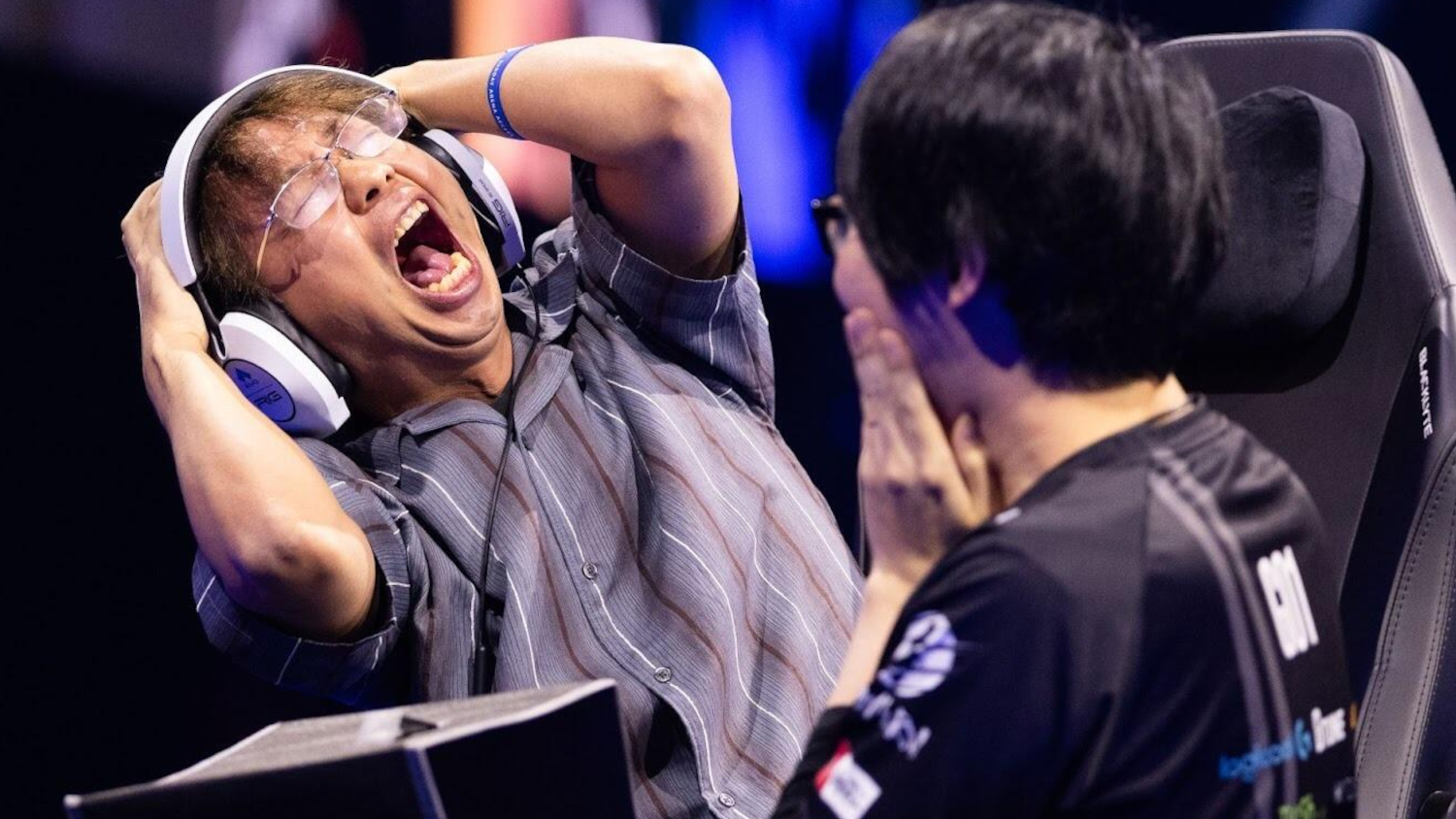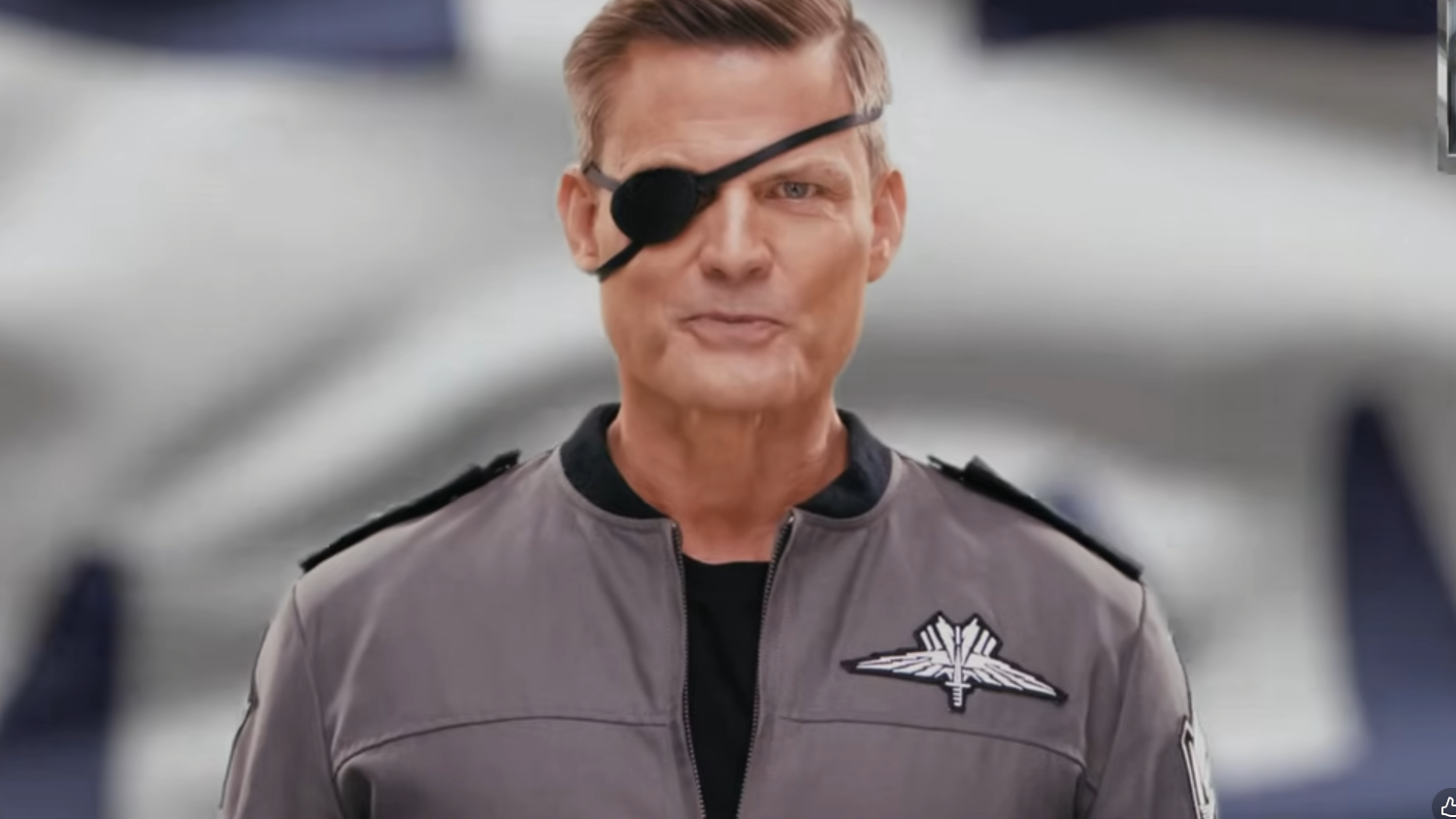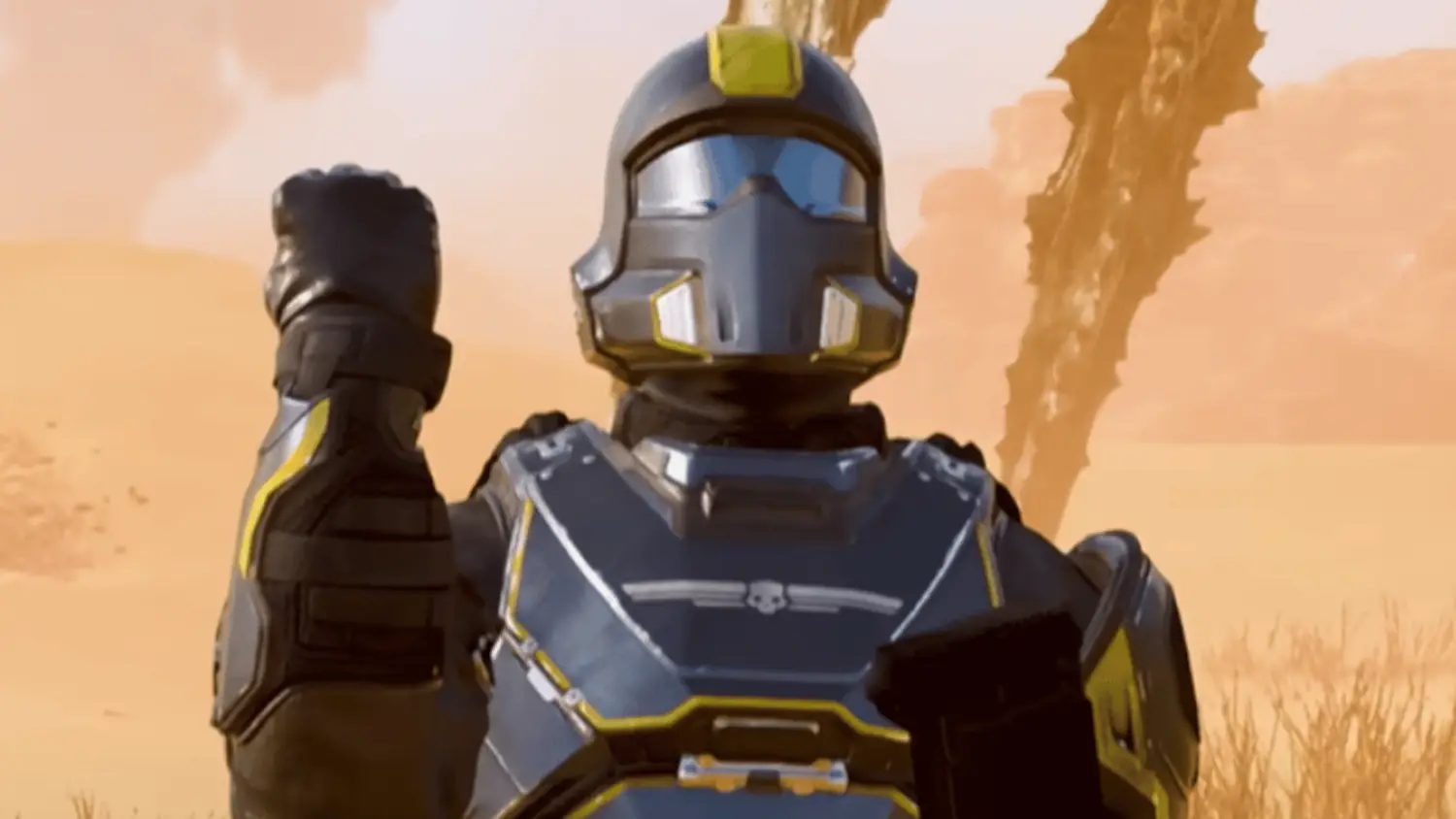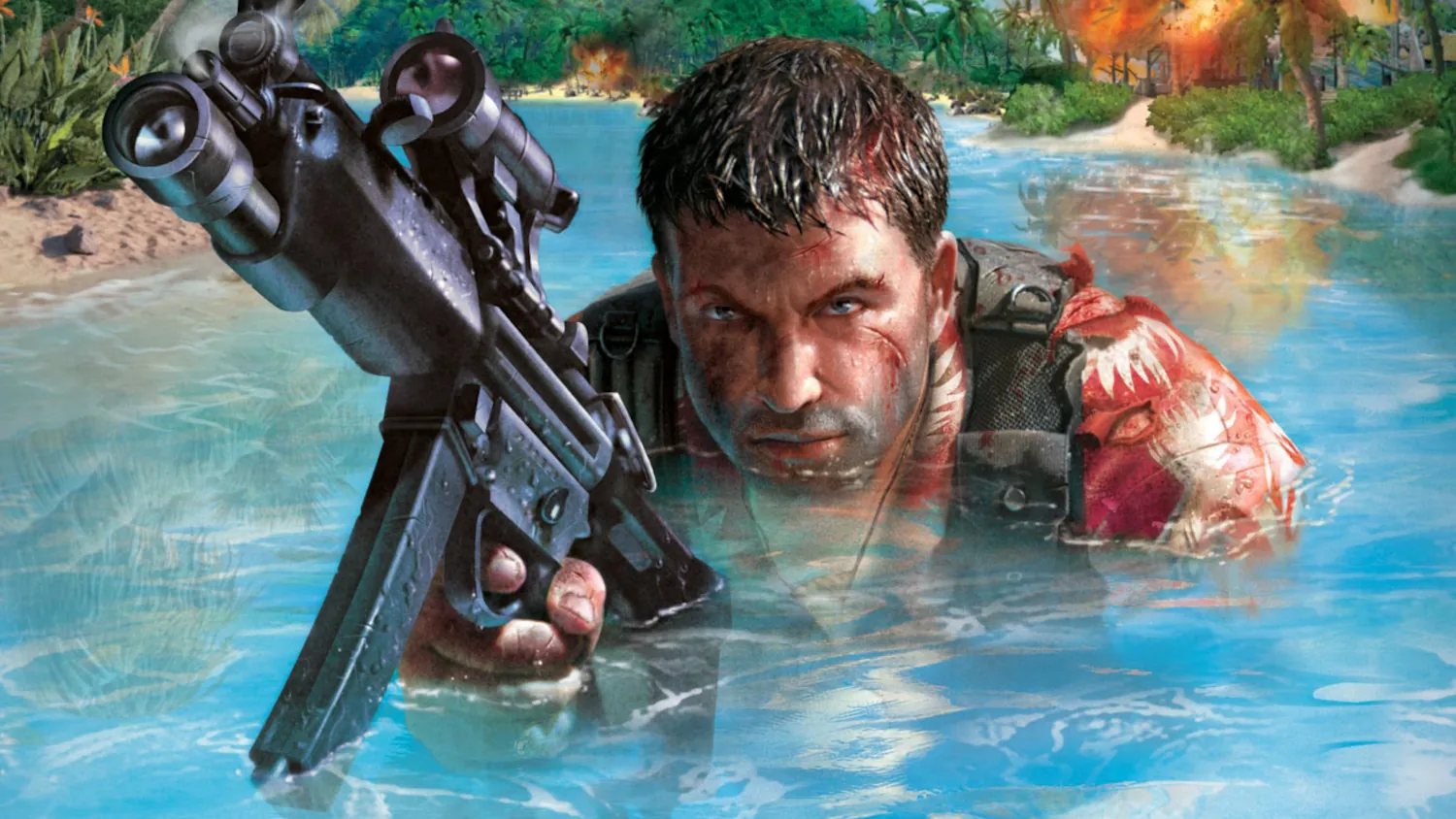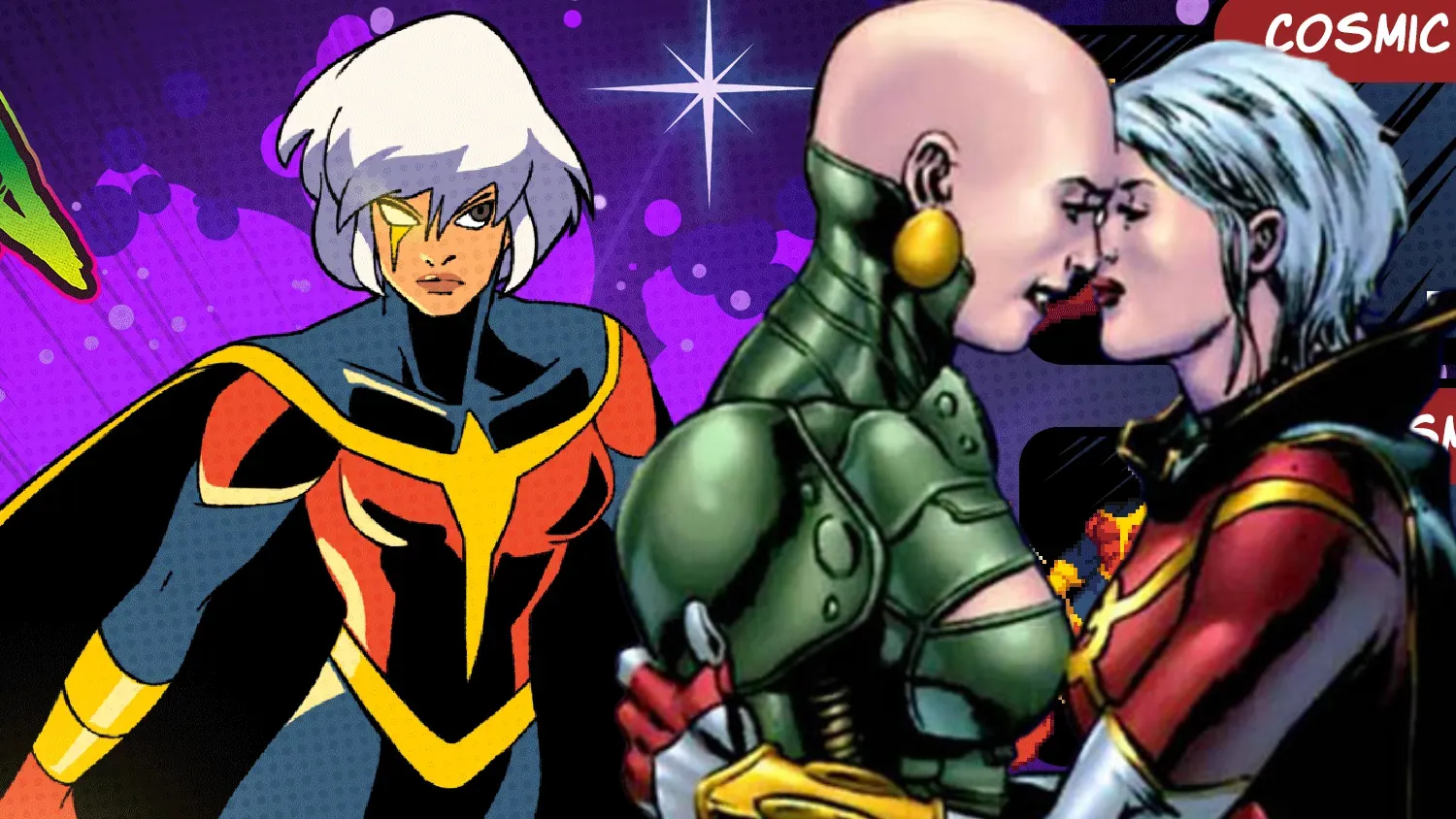Latest News
-
Most Recent
-
Marvel
-
DCU
-
Star Wars
-
Comics
-
TV
-
Gaming
-
Movies
James Gunn’s Superman and Brainiac: Why This Will Further Split DC Fans
James Gunn has officially confirmed Lars Eidinger as Brainiac, the main villain of Man of Tomorrow, and while …
Lars Eidinger Cast as James Gunn’s Brainiac In ‘Man of Tomorrow’
The Brainiac mystery is over. James Gunn has officially announced that Lars Eidinger has been cast as Brainiac …
Paul Jenkins Returns to The Sentry in New Marvel Comics Limited Series
Paul Jenkins is returning to The Sentry, the Marvel character he co-created, with a brand-new four-issue limited series …
Zachary Levi Explains How The Woke Agenda Is Killing Hollywood
Zachary Levi is speaking out about why woke storytelling continues to turn audiences off, and why it keeps …
Daredevil: Born Again Season 2 First Look Shows Off Krysten Ritter and Charlie Cox
Krysten Ritter’s Jessica Jones is officially back, returning to Matt Murdock’s world in Daredevil: Born Again season 2. …
HBO Dumps James Gunn’s Creature Commandos On YouTube For Free Because Nobody Watched It
James Gunn’s Creature Commandos is now getting a full free release on YouTube, which says everything you need …
Star Wars: Starfighter Wraps: Goes Into Post-Production
Star Wars: Starfighter has officially wrapped filming, with director Shawn Levy confirming the news and signaling that the …
Spider-Man: Brand New Day Wraps Filming As Destin Daniel Cretton Calls It His Biggest Movie Yet
Spider-Man: Brand New Day has officially wrapped filming, with director Destin Daniel Cretton sharing a heartfelt post and …
Paramount Investor Blasts WBD’s ‘False Narrative’ Over Netflix Deal
The war over the fate of WBD keeps intensifying as Paramount investor and RedBird founder Gerry Cardinale isn’t …
More Evidence James Gunn Won’t Survive Warner Bros. Sale
Following our own reports and the rumors, we have even more evidence that James Gunn will be out …
Woke Seth Rogen Has A Role In James Gunn’s ‘Supergirl’
Everything coming out about the DCU Supergirl movie continues to sound like a disaster, and now it’s claimed …
The Mandalorian & Grogu Trailer Leaks Online
A new trailer for The Mandalorian & Grogu has leaked online ahead of its official theatrical release. The …
Fans Celebrate Chris Evans’ Return as Captain America in Avengers: Doomsday
Marvel confirming Chris Evans’ return as Steve Rogers in Avengers: Doomsday has sparked a wave of excitement online, …
Disney Finally Casting A Rapunzel Who Looks Like Rapunzel
Disney appears to be course-correcting after Snow White and The Little Mermaid. After Snow White bombed with Rachel …
Young Sherlock Teaser Reveals Prime Video First Look at Guy Ritchie Series
Prime Video has released the first teaser trailer and tease art for Young Sherlock, revealing the premiere date …
New Tom Cruise Movie Revealed: ‘Digger’
Tom Cruise and Alejandro González Iñárritu’s long-rumored collaboration has finally been revealed. The film is titled Digger, and …
Superman David Corenswet Teams With Eiza González, Fueling Wonder Woman Speculation
Superman actor David Corenswet has teamed up with Eiza González for a new promotional campaign for Hugo Boss’ …
Wolverine Trademark Filing Sparks Solo MCU Movie Speculation
A newly spotted Wolverine trademark filing has reignited speculation that Marvel Studios may be developing a standalone Wolverine …
Avengers: Doomsday X-Men Music Leaks Fueling Hype
Another Avengers: Doomsday leak is making the rounds, this time involving what’s claimed to be X-Men music from …
Avengers: Doomsday Clock Countdown Teaser Unleashed by Russo Brothers
The Russo Brothers have officially kicked off the Avengers: Doomsday countdown. On Thursday — the same day the …
Paul Jenkins Returns to The Sentry in New Marvel Comics Limited Series
Paul Jenkins is returning to The Sentry, the Marvel character he co-created, with a brand-new four-issue limited series …
Daredevil: Born Again Season 2 First Look Shows Off Krysten Ritter and Charlie Cox
Krysten Ritter’s Jessica Jones is officially back, returning to Matt Murdock’s world in Daredevil: Born Again season 2. …
Spider-Man: Brand New Day Wraps Filming As Destin Daniel Cretton Calls It His Biggest Movie Yet
Spider-Man: Brand New Day has officially wrapped filming, with director Destin Daniel Cretton sharing a heartfelt post and …
Fans Celebrate Chris Evans’ Return as Captain America in Avengers: Doomsday
Marvel confirming Chris Evans’ return as Steve Rogers in Avengers: Doomsday has sparked a wave of excitement online, …
Wolverine Trademark Filing Sparks Solo MCU Movie Speculation
A newly spotted Wolverine trademark filing has reignited speculation that Marvel Studios may be developing a standalone Wolverine …
Avengers: Doomsday X-Men Music Leaks Fueling Hype
Another Avengers: Doomsday leak is making the rounds, this time involving what’s claimed to be X-Men music from …
Avengers: Doomsday Clock Countdown Teaser Unleashed by Russo Brothers
The Russo Brothers have officially kicked off the Avengers: Doomsday countdown. On Thursday — the same day the …
Avengers: Doomsday Thor Trailer Leaks: Confirms Thor and Loki Return
A second Avengers: Doomsday trailer has now leaked, this time focusing on Chris Hemsworth’s Thor, following the earlier …
Spider-Man: Brand New Day Trailer Leaks Online
A trailer for Spider-Man: Brand New Day has leaked online, giving fans an early — and unintended — …
Captain America: Brave New World Makes Oscars Shortlist as Thunderbolts, Fantastic Four Miss Out
Marvel Studios’ Captain America: Brave New World has landed on the Academy’s shortlist for the 98th Academy Awards, …
Ben Kingsley: Wonder Man Explores Trevor Slattery’s Mandarin Past
Ben Kingsley says Marvel’s upcoming Disney+ series Wonder Man digs deep into the life of Trevor Slattery, before …
‘Deadpool & Wolverine’ Gets New Marvel Legends Figures: Dafnee Keen, Blade, More
Marvel Studios’ Deadpool & Wolverine is expanding into Hasbro’s Marvel Legends line with a new wave of 6-inch …
Disney Brings Back Captain America — And It’s Not Anthony Mackie
Right on cue with Chris Evans returning as Captain America in Avengers: Doomsday, Disney is leaning back into …
Nova: Centurion (2025) #2 Review – Marvel Comics
Writer: MacKayArtist: Lopez & FonteColorist: IaconoCover Artist: Cappucio & Rosenberg Editor’s Note: The opinions expressed herein are purely …
Avengers: Doomsday Confirms Chris Evans Back as Steve Rogers
The first Avengers: Doomsday trailer has leaked online, and it confirms what Marvel has been carefully dancing around …
Avengers: Doomsday Trailer Leaks: Doctor Doom, Captain America, Thor
Following the Russo Brothers teasing the release of the Avengers: Doomsday trailer starting Thursday, multiple scoopers have begun …
Russos Tease Avengers: Doomsday Trailer With Cryptic ‘V’ Image: Wolverine?
The Russo Brothers may have just added fuel to the growing Avengers: Doomsday trailer speculation. Joe and Anthony …
Spider-Man: Brand New Day Connects Jean Grey To Hulk And X-Men
Another major voice is backing the Jean Grey rumor. YouTuber Nerdrotic now says Sadie Sink is indeed playing …
Avengers: Doomsday Gets Four Trailers — One Per Week With Avatar
The Avengers: Doomsday trailer rumors just took another turn, and this time the claim is coming from a …
AI-Generated Spider-Man: Maximum Carnage Anime Goes Viral — And It’s Wild
With that big announcement the Marvel characters will be available do use in Sora’s AI app, an anime-style …
James Gunn’s Superman and Brainiac: Why This Will Further Split DC Fans
James Gunn has officially confirmed Lars Eidinger as Brainiac, the main villain of Man of Tomorrow, and while …
Lars Eidinger Cast as James Gunn’s Brainiac In ‘Man of Tomorrow’
The Brainiac mystery is over. James Gunn has officially announced that Lars Eidinger has been cast as Brainiac …
HBO Dumps James Gunn’s Creature Commandos On YouTube For Free Because Nobody Watched It
James Gunn’s Creature Commandos is now getting a full free release on YouTube, which says everything you need …
More Evidence James Gunn Won’t Survive Warner Bros. Sale
Following our own reports and the rumors, we have even more evidence that James Gunn will be out …
Woke Seth Rogen Has A Role In James Gunn’s ‘Supergirl’
Everything coming out about the DCU Supergirl movie continues to sound like a disaster, and now it’s claimed …
Superman David Corenswet Teams With Eiza González, Fueling Wonder Woman Speculation
Superman actor David Corenswet has teamed up with Eiza González for a new promotional campaign for Hugo Boss’ …
Netflix Rolls Out Fan-Bait PR Campaign to Sell Warner Bros. Discovery Takeover
Netflix has launched a full-scale public relations campaign aimed directly at Warner Bros. Discovery stockholders, pushing them to …
Supergirl Test Screening Bombs: ‘Underwhelming’
Early word from a recent Supergirl test screening suggests the film failed to generate strong enthusiasm, though reactions …
Zack Snyder Teams With James Gunn In Dawn of the Dead Throwback Images
Zack Snyder has shifted his recent nostalgia run away from the DCEU and back to where his Hollywood …
Zack Snyder Shares New ‘Man of Steel’ Image of Antje Traue as Faora
Zack Snyder has shared a new image of Antje Traue as Faora from Man of Steel, reigniting praise …
‘Superman’ Makes Oscars Shortlist: Best VFX and Sound
The Academy of Motion Picture Arts and Sciences has announced its official shortlists for the 98th Academy Awards, …
Did James Gunn Just Confirm Brainiac for Man of Tomorrow?
Whoops?! James Gunn did it again?! James Gunn may have accidentally reopened the Brainiac debate after attempting to …
DC Comics Announces New ‘Lobo’ Comic Book Right In Time For ‘Supergirl’
DC Comics is clearly leaning into Lobo. With Jason Momoa officially playing Lobo in DC Studios’ upcoming Supergirl …
Zack Snyder Calls Henry Cavill Superman ‘Iconic’ in New Instagram Post
Zack Snyder has shared yet another Henry Cavill Superman image on Instagram, this time labeling the shot simply …
James Gunn’s ‘Lanterns’ Has Right-Wingers As The Villains Claim Leaks
Surprise! Surprise! New details from a reported Lanterns teaser screening are raising eyebrows and reinforcing concerns surrounding James …
James Gunn Out at DC as Netflix Eyes Darker Direction Claims Rumor
Similar to what we have been told, it’s again said that James Gunn will be out as head …
James Gunn Destroys Dave Bautista Brainiac Rumor
James Gunn has responded directly to the latest casting rumor surrounding Man of Tomorrow, pushing back hard on …
Scarlett Johansson As Two-Face In The Batman – Part II?
New details are emerging about The Batman – Part II, and they point to the long-awaited arrival of …
Dave Bautista Rumored To Play Brainiac In James Gunn’s Man of Tomorrow
Jeff Sneider reports Dave Bautista may be in the mix for Brainiac in James Gunn’s Man of Tomorrow, as Bautista looks to join the DCU after passing on Bane.
Supergirl Trailer Takes Over TikTok in Massive DC Push
The Supergirl trailer is taking over TikTok — literally. DC Studios and Warner Bros. have pulled off a …
Star Wars: Starfighter Wraps: Goes Into Post-Production
Star Wars: Starfighter has officially wrapped filming, with director Shawn Levy confirming the news and signaling that the …
The Mandalorian & Grogu Trailer Leaks Online
A new trailer for The Mandalorian & Grogu has leaked online ahead of its official theatrical release. The …
Star Wars: Galactic Racer Trailer Reveals A New High-Speed Star Wars Game
Star Wars: Galactic Racer revealed at The Game Awards, bringing arcade racing action to iconic locations.
Star Wars: Fate of the Old Republic Announced As A Spiritual Successor To KOTOR
Star Wars: Fate of the Old Republic announced as a single-player narrative RPG and spiritual successor to KOTOR.
Disney Strikes Landmark Deal With OpenAI To Bring Marvel, Star Wars, Pixar & More To Sora
The Walt Disney Company and OpenAI have reached a major agreement that will bring Disney’s most famous characters …
Daisy Ridley Reacts to Scrapped Ben Solo Movie – But the Revival Still Shouldn’t Happen
Daisy Ridley is weighing in on the fan response surrounding the canceled Hunt for Ben Solo project, and …
Original Star Wars Returns to Theaters for 50th Anniversary in 2027
Star Wars fans will head back to theaters as Lucasfilm marks the 50th anniversary of Star Wars (1977) …
Star Wars ‘Ahsoka’ Actress Confirms Disney Budget Cuts
Confirming what we have been reporting for years, fan-favorite actress Claudia Black (Farscape, Stargate) has now revealed she …
Star Wars Girl-Power Strikes Again: Sabine Broke Canon In ‘Ahsoka’ Says Writer
Henry Gilroy, a senior writer and executive producer on Star Wars: Rebels, says that turning Sabine Wren into …
Disney Accused of Stealing Star Wars Fight Choreography
A Star Wars: Visions short is under fire as stunt performer and filmmaker Lorenz Hideyoshi says the Disney+ …
‘The Acolyte’ Star Amandla Stenberg Deletes Instagram; Raises Questions About Timing and Motive
Star Wars fans can kiss Amandla Stenberg’s Instagram account goodbye. Amandla Stenberg appears to have deleted her Instagram …
Leslye Headland Blames ‘The Acolyte’ Cancellation On Fans, YouTubers, Fascists and Racists
Joining Amandla Stenberg, Leslye Headland has broken her silence on The Acolyte’s cancellation, and her comments paint a …
Rian Johnson Finally Admits His Star Wars Trilogy Is Dead
Rian Johnson has finally acknowledged what fans have known for years: his Star Wars trilogy isn’t happening. In …
New ‘Mandalorian & Grogu’ Details Reveal Din Djarin’s New Role in the Galaxy
A new look at The Mandalorian and Grogu has arrived via Empire, offering fresh details about where Din …
Star Wars: Why Disney Was Right To Kill The Ben Solo Movie And Why It Shouldn’t Come Back
A fan campaign is popping up in the skies and on the streets, pushing Disney to resurrect a …
The Lucas Museum of Narrative Art Sets Opening Date for September 2026
The Lucas Museum of Narrative Art, founded by George Lucas and Mellody Hobson, will officially open to the …
Oscar Isaac Boycotting Disney: Moon Knight Sounds Dead
Oscar Isaac just dropped a bomb during a new GQ interview, and it’s one that should have Star …
Adam Driver Reveals Disney Rejected His Ben Solo ‘Star Wars’ Sequel
Adam Driver says he wasn’t finished with Star Wars. The actor revealed in a new interview that he …
Laurence Fishburne Wants to Play Professor X in MCU X-Men Reboot
Laurence Fishburne is throwing his name into the X-Men reboot conversation. During a Matrix reunion panel at New …
James Mangold Signs Huge Paramount Skydance Deal: Star Wars, Swamp Thing Canceled?
James Mangold has signed an overall deal with Paramount and Skydance, which raises new speculation about the status …
Paul Jenkins Returns to The Sentry in New Marvel Comics Limited Series
Paul Jenkins is returning to The Sentry, the Marvel character he co-created, with a brand-new four-issue limited series …
DC Comics Announces New ‘Lobo’ Comic Book Right In Time For ‘Supergirl’
DC Comics is clearly leaning into Lobo. With Jason Momoa officially playing Lobo in DC Studios’ upcoming Supergirl …
Nova: Centurion (2025) #2 Review – Marvel Comics
Writer: MacKayArtist: Lopez & FonteColorist: IaconoCover Artist: Cappucio & Rosenberg Editor’s Note: The opinions expressed herein are purely …
Superman/Spider-Man #1 Arrives March 25: Creative Teams, Variant Covers Revealed
DC Comics has set March 25, 2026 for the release of Superman/Spider-Man #1, a massive new one-shot celebrating …
Netflix to ‘Shrink’ DC Comics? Insiders Fear the Worst (Exclusive)
As Netflix enters exclusive talks to buy Warner Bros. Discovery, a new concern is circulating among DC insiders. …
Nova: Centurion (2025) #1 Review – Marvel Comics
Writer: Jed MacKay Artist: Lopez Colorist: Mattia Iacono Cover Artist: Alessandro Cappucio & Rachelle Rosenberg Editor’s Note: The …
Superman #1 Sells for Record $9.12 Million
A near-pristine copy of Superman #1 has become the most expensive comic ever sold, hitting $9.12 million at …
Stephanie Phillips’ Grim Graphic Novel Heads to Netflix From the Creators of Wednesday
Netflix is developing an adult animated adaptation of Grim, the hit Boom! Studios comic from Stephanie Phillips and …
Atlas Entertainment Sets ‘Redcoat’ Movie With Geoff Johns’ Ghost Machine
Geoff Johns is back in the film business. Atlas Entertainment and Geoff Johns’ Ghost Machine comic book publishing …
New Stephanie Phillips ‘Daredevil’ Comic Launches March 2026 With Lee Garbett
Big news for Marvel’s Daredevil as Marvel Comics has announced a new era for Daredevil as writer Stephanie …
NYCC 2026 Dates Announced as 250K Flock to New York Comic Con 2025
New York Comic Con (NYCC) wrapped another record-breaking weekend at the Javits Center as over 250,000 fans packed …
DC Comics Wokefest Toast With Paramount Purchase Of WBD
With the Trump-backed Paramount purchase of Warner Bros. Discovery currently in the mix, the “woke DC Comics” era …
AEW Teams Up With DC Comics for Crossover Event
AEW and DC Comics are joining forces for a major crossover that will bring AEW wrestlers together with …
Superman and Spider-Man Reunite in New DC Comics and Marvel Crossover
Following Batman and Deadpool, Superman and Spider-Man are teaming up again as DC Comics and Marvel continue their …
Woke Marvel Comics Just Gave Me Another Reason Not To Buy Their Garbage
Just when I’m about ready to give Marvel Comics another shot (Imperial and related titles are decent), the …
Kagurabachi Volume 5 Gabriele Dell’Otto Cover Revealed
Italian artist Gabriele Dell’Otto, best known for his celebrated comic book covers for Marvel and DC, has lent …
Liberals Claiming To Boycott Disney, Marvel Over Jimmy Kimmel
The fallout from Jimmy Kimmel’s suspension after his remarks about Charlie Kirk has taken a surprising turn. While …
Deadpool/Batman #1 Debuts LOGO, the Wolverine-Lobo Amalgam
The first issue of Deadpool/Batman is out, and it comes with a surprise: a brand-new Marvel and DC …
Marvel Heads to NYCC 2025 With Panels, Booths, and Cosplay Events
Marvel is back at New York Comic Con this October, bringing a packed schedule of panels, booths, and …
Batman Day 2025: Warner Bros. Celebrates the Dark Knight
Batman fans worldwide will celebrate Batman Day on September 20, 2025, with Warner Bros. Discovery and DC rolling …
Daredevil: Born Again Season 2 First Look Shows Off Krysten Ritter and Charlie Cox
Krysten Ritter’s Jessica Jones is officially back, returning to Matt Murdock’s world in Daredevil: Born Again season 2. …
Young Sherlock Teaser Reveals Prime Video First Look at Guy Ritchie Series
Prime Video has released the first teaser trailer and tease art for Young Sherlock, revealing the premiere date …
Ben Kingsley: Wonder Man Explores Trevor Slattery’s Mandarin Past
Ben Kingsley says Marvel’s upcoming Disney+ series Wonder Man digs deep into the life of Trevor Slattery, before …
Netflix Cancels Woke ‘Boots’ Series After One Season
Netflix has canceled Boots, its “diverse” military coming-of-age comedy-drama, after just one season. The decision ends the final …
Fallout Season 2 Gets Surprise Early Release Date on Prime Video
Prime Video has moved up the premiere of Fallout Season 2, surprising fans with an earlier release date …
Stranger Things 5 Vol. 2 Trailer Reveals Upside Down Twist, Christmas Day Release
Netflix has released the Stranger Things 5 Volume 2 trailer, and it flips everything fans thought they knew …
Disney Cancels Woke Female ‘Holes’ Reboot
Disney has pulled the plug on its planned Holes reboot at Disney+, shelving the woke gender-swapped take on …
Netflix’s ‘Assassin’s Creed’ Lands Lola Petticrew Series as Co-Lead
Netflix’s upcoming Assassin’s Creed live-action series has found another lead. Lola Petticrew will star opposite Toby Wallace in …
Netflix Releases Avatar: The Last Airbender Season 2 Trailer
Netflix dropped the first trailer for Avatar: The Last Airbender Season 2, revealing a noticeably older Gaang and …
Sigourney Weaver in Talks for Tomb Raider Series Starring Sophie Turner
Veteran actress Sigourney Weaver is reportedly in talks to join Amazon’s upcoming Tomb Raider series from Phoebe Waller-Bridge, …
South Park Continues December 10 with Christmas-Themed Episode ‘The Crap Out’
South Park returns Wednesday, December 10 at 10:00 p.m. ET/PT on Comedy Central with a new holiday episode …
God of War TV Casting Rumor: Thor and Baldur Roles Reportedly Cast
Max Parker and Ólafur Darri Ólafsson rumored to play Baldur and Thor in Amazon’s God of War TV series. Casting and pre-production now underway.
Paradise Season 2 Trailer Released: Premieres February on Hulu
The first trailer for Paradise Season 2 is here, and it sets up a bigger, harsher world outside …
Landman Renewed for Season 3 as Paramount+ Reports Record Viewership
Paramount+ has renewed Landman for Season 3 as Taylor Sheridan’s oil-boom drama continues to post huge numbers for …
The Boys Final Season Trailer Drops; Season 5 Premieres April 8 on Prime
Amazon has released the first teaser trailer for The Boys final season, confirming an April 8 premiere date …
Netflix CEO Highlights ‘Penguin’ — Not Gunn’s DCU
Netflix co-CEO Ted Sarandos offered an early hint at how the company may handle DC content after the …
New Trailer for ‘A Knight of the Seven Kingdoms’ Released by HBO
HBO released a new trailer for A Knight of the Seven Kingdoms, set to premiere January 18 on …
Star Trek Reboot Can’t Happen Fast Enough — New ‘Starfleet Academy’ Poster Proves It
A new poster for Star Trek: Starfleet Academy just dropped, and fans are already saying what many in …
The Boys Final Season Posters Are Here Featuring Butcher and Homelander
Amazon has released the first posters for The Boys final season, kicking off the promo push for Season …
‘Spider-Noir’ Poster Revealed at CCXP25: Nicolas Cage Is Ben Reilly, Private Investigator
Amazon Prime and Sony dropped the first Spider-Noir poster at Brazil’s CCXP25, offering fans a gritty tease of …
Sucker Punch Leadership Shift Comes After ‘Ghost of Yōtei’ Stumbles
Sucker Punch Productions, developer of the recent game, Ghost of Yōtei, is entering a new chapter as co-founder …
Game Awards 2025: ‘Clair Obscur: Expedition 33’ Wins Game of the Year
In a standout moment at The Game Awards 2025, Clair Obscur: Expedition 33 was crowned Game of the …
‘Tomb Raider: Legacy of Atlantis’ Reimagines The 1996 Classic In New Trailer
Tomb Raider: Legacy of Atlantis reimagines the 1996 classic, sending Lara across Peru, Greece, Egypt, and beyond.
‘Tomb Raider: Catalyst’ Revealed — Lara Croft Returns In A New Mainline Game
Tomb Raider: Catalyst revealed at The Game Awards. A new mainline Lara Croft adventure arrives in 2027.
‘007 First Light’ Adds Lenny Kravitz As Villain Bawma In New Trailer
007 First Light reveals Lenny Kravitz as villain Bawma. The Bond action game launches March 27, 2026.
‘Resident Evil Requiem’ Trailer Confirms Leon S. Kennedy Is Playable
Resident Evil Requiem confirms Leon S. Kennedy as playable alongside Grace Ashcroft. Releases February 27, 2026.
‘LEGO Batman: Legacy of the Dark Knight’ Brings Every Era of Batman To One Game
LEGO Batman: Legacy of the Dark Knight launches May 29, 2026 on PC, Xbox, and PS5. Switch 2 date TBD.
Invincible VS Reveals Tierra Whack’s Ella Mental In New Trailer
Invincible VS reveals Ella Mental voiced by Tierra Whack. Launches April 30, 2026 on PS5, Xbox, and PC.
Deadpool Joins Marvel Rivals: Release Date Set For January 16
Deadpool joins Marvel Rivals on January 16 as part of the Night At The Museum season. Free-to-play on consoles and PC.
Star Wars: Galactic Racer Trailer Reveals A New High-Speed Star Wars Game
Star Wars: Galactic Racer revealed at The Game Awards, bringing arcade racing action to iconic locations.
Star Wars: Fate of the Old Republic Announced As A Spiritual Successor To KOTOR
Star Wars: Fate of the Old Republic announced as a single-player narrative RPG and spiritual successor to KOTOR.
Total War: Warhammer 40,000 Revealed At The Game Awards 2025
Total War is officially heading into the far future. Creative Assembly unveiled Total War: Warhammer 40,000 with a …
Mega Man: Dual Override Revealed At The Game Awards — Blue Bomber Returns In 2027
Capcom officially unveiled Mega Man: Dual Override during The Game Awards 2025, confirming the long-awaited return of the …
Netflix Considers Warner Bros. Games Worthless — And James Gunn’s DCU, Too?
Netflix’s takeover of Warner Bros. Discovery keeps revealing more about what the streamer actually values, and what it …
Evo Hands Power to Players for 2026: Fans Now Decide the Finals
Evo is changing how its tournaments work next year. For the first time, players and fans will influence …
Starship Troopers: Casper Van Dien Returns For ‘Ultimate Bug War’ Retro FPS
A new Starship Troopers game is on the way, and Casper Van Dien is officially back as Johnny …
Justin Lin to Direct Helldivers Movie — But Fans Already Spot Red Flags
Justin Lin, who is known for the Fast & Furious movies, has officially signed on to direct Sony …
Far Cry Getting Adapted Into Anthology Series at FX
FX has greenlit a Far Cry TV series, turning Ubisoft’s long-running video game franchise into a live-action anthology. …
‘Return to Silent Hill’ Trailer Brings the Franchise Back to Its Horror Roots
The first trailer for Return to Silent Hill is out, giving you a sharp look at how the …
Marvel Cosmic Invasion Game Goes Full Woke
I had high hopes for Marvel Cosmic Invasion. A throwback cosmic game sounded great. But of course, they …
James Gunn’s Superman and Brainiac: Why This Will Further Split DC Fans
James Gunn has officially confirmed Lars Eidinger as Brainiac, the main villain of Man of Tomorrow, and while …
Lars Eidinger Cast as James Gunn’s Brainiac In ‘Man of Tomorrow’
The Brainiac mystery is over. James Gunn has officially announced that Lars Eidinger has been cast as Brainiac …
Zachary Levi Explains How The Woke Agenda Is Killing Hollywood
Zachary Levi is speaking out about why woke storytelling continues to turn audiences off, and why it keeps …
HBO Dumps James Gunn’s Creature Commandos On YouTube For Free Because Nobody Watched It
James Gunn’s Creature Commandos is now getting a full free release on YouTube, which says everything you need …
Star Wars: Starfighter Wraps: Goes Into Post-Production
Star Wars: Starfighter has officially wrapped filming, with director Shawn Levy confirming the news and signaling that the …
Spider-Man: Brand New Day Wraps Filming As Destin Daniel Cretton Calls It His Biggest Movie Yet
Spider-Man: Brand New Day has officially wrapped filming, with director Destin Daniel Cretton sharing a heartfelt post and …
Paramount Investor Blasts WBD’s ‘False Narrative’ Over Netflix Deal
The war over the fate of WBD keeps intensifying as Paramount investor and RedBird founder Gerry Cardinale isn’t …
More Evidence James Gunn Won’t Survive Warner Bros. Sale
Following our own reports and the rumors, we have even more evidence that James Gunn will be out …
Woke Seth Rogen Has A Role In James Gunn’s ‘Supergirl’
Everything coming out about the DCU Supergirl movie continues to sound like a disaster, and now it’s claimed …
The Mandalorian & Grogu Trailer Leaks Online
A new trailer for The Mandalorian & Grogu has leaked online ahead of its official theatrical release. The …
Fans Celebrate Chris Evans’ Return as Captain America in Avengers: Doomsday
Marvel confirming Chris Evans’ return as Steve Rogers in Avengers: Doomsday has sparked a wave of excitement online, …
Disney Finally Casting A Rapunzel Who Looks Like Rapunzel
Disney appears to be course-correcting after Snow White and The Little Mermaid. After Snow White bombed with Rachel …
New Tom Cruise Movie Revealed: ‘Digger’
Tom Cruise and Alejandro González Iñárritu’s long-rumored collaboration has finally been revealed. The film is titled Digger, and …
Superman David Corenswet Teams With Eiza González, Fueling Wonder Woman Speculation
Superman actor David Corenswet has teamed up with Eiza González for a new promotional campaign for Hugo Boss’ …
Wolverine Trademark Filing Sparks Solo MCU Movie Speculation
A newly spotted Wolverine trademark filing has reignited speculation that Marvel Studios may be developing a standalone Wolverine …
Avengers: Doomsday X-Men Music Leaks Fueling Hype
Another Avengers: Doomsday leak is making the rounds, this time involving what’s claimed to be X-Men music from …
Avengers: Doomsday Clock Countdown Teaser Unleashed by Russo Brothers
The Russo Brothers have officially kicked off the Avengers: Doomsday countdown. On Thursday — the same day the …
Netflix Rolls Out Fan-Bait PR Campaign to Sell Warner Bros. Discovery Takeover
Netflix has launched a full-scale public relations campaign aimed directly at Warner Bros. Discovery stockholders, pushing them to …
Supergirl Test Screening Bombs: ‘Underwhelming’
Early word from a recent Supergirl test screening suggests the film failed to generate strong enthusiasm, though reactions …
Prime Video Drops Trailer For MELANIA Documentary
Prime Video has released the first trailer for MELANIA, a new documentary centered on Melania Trump, offering a …

